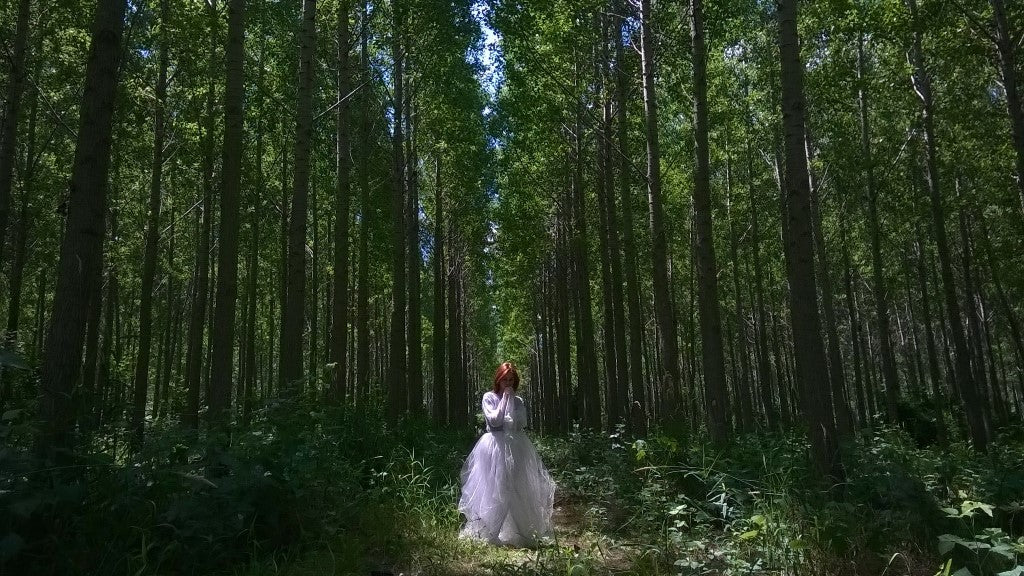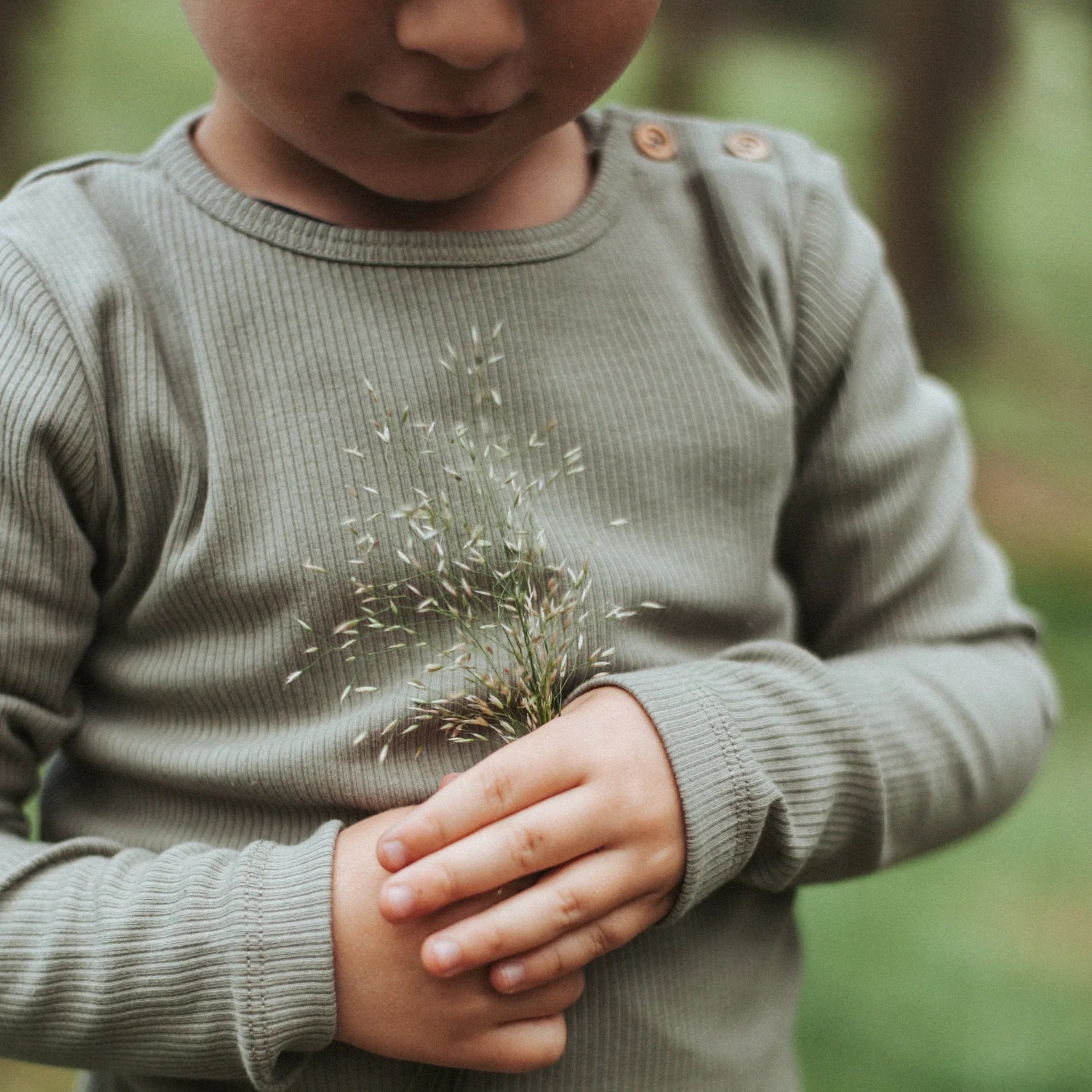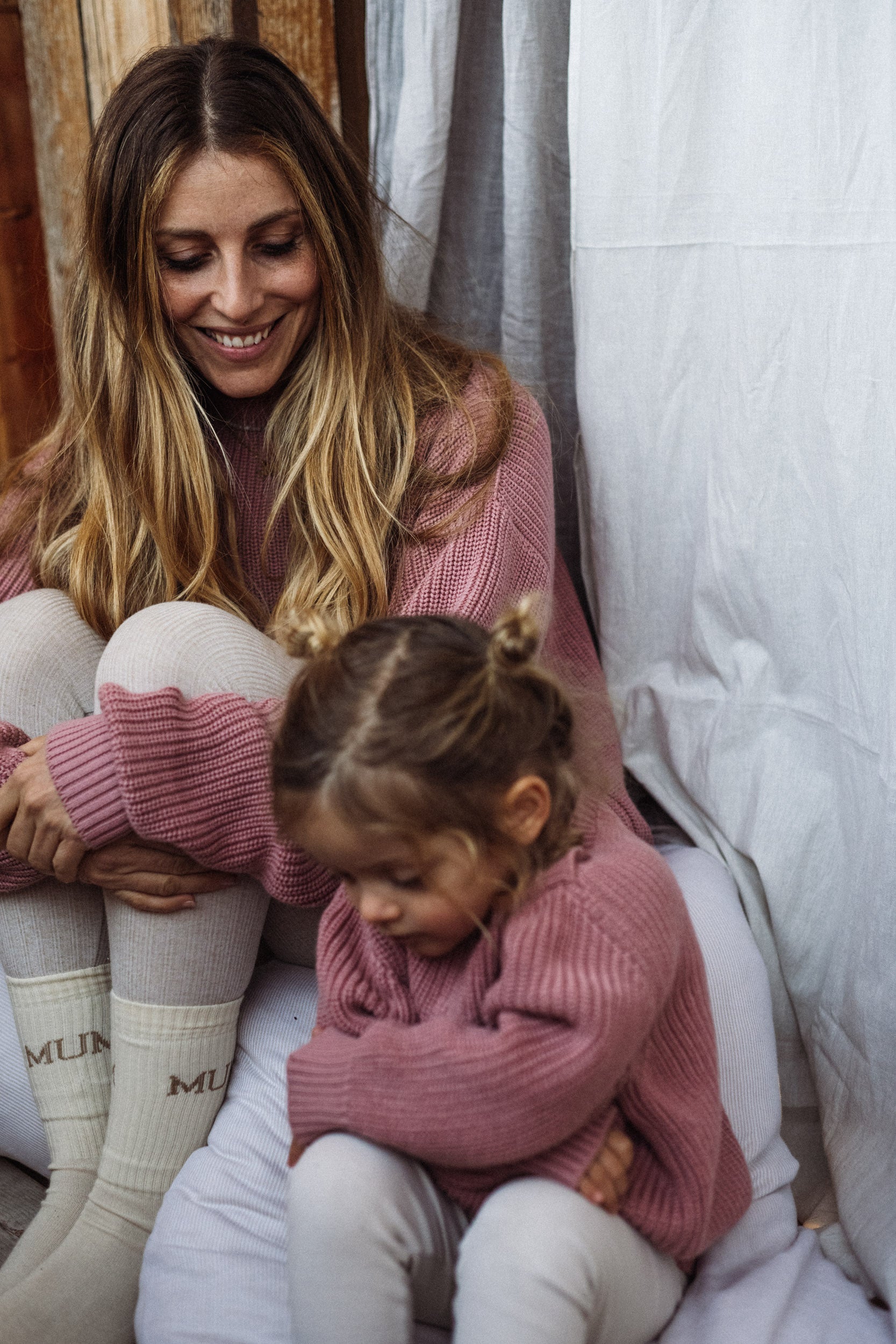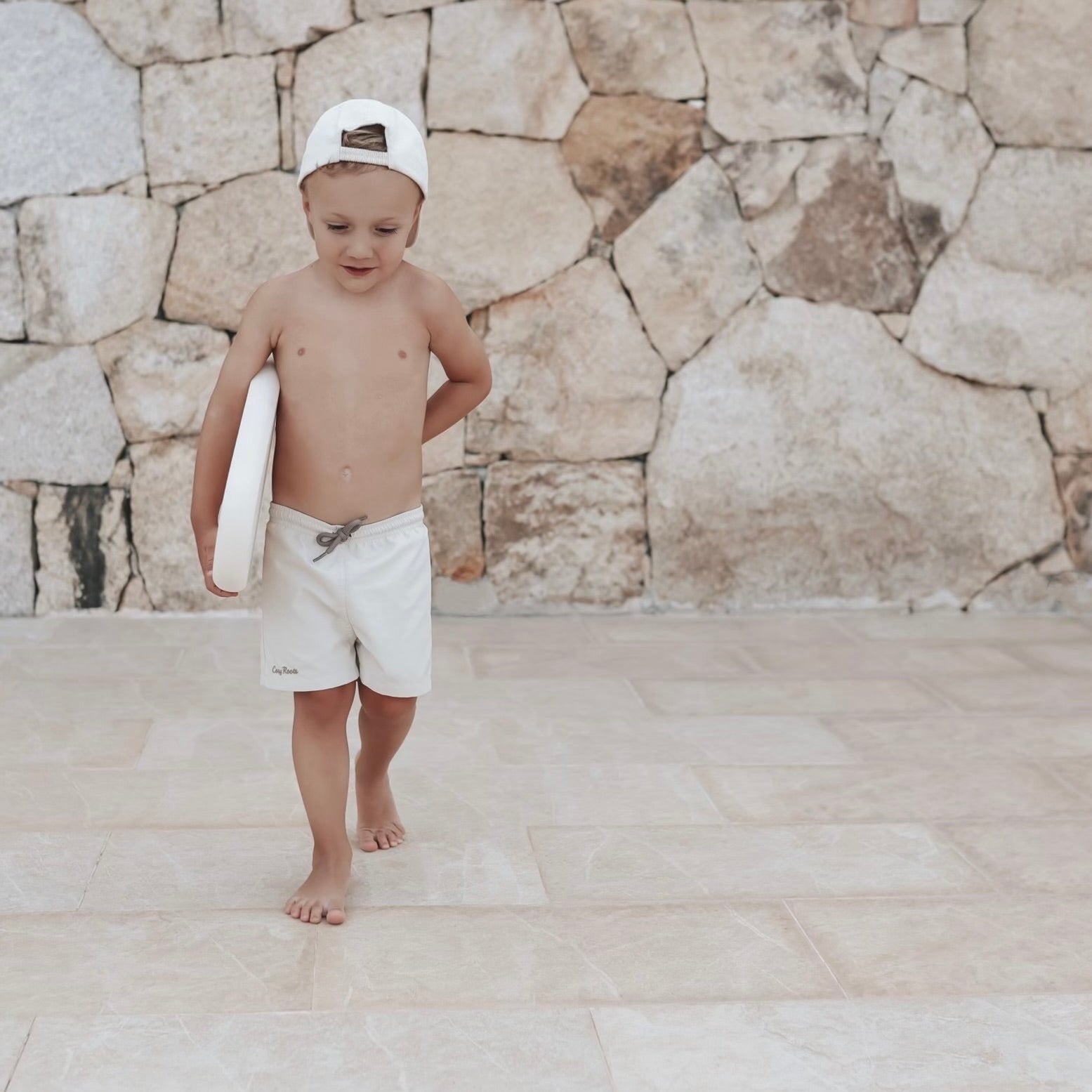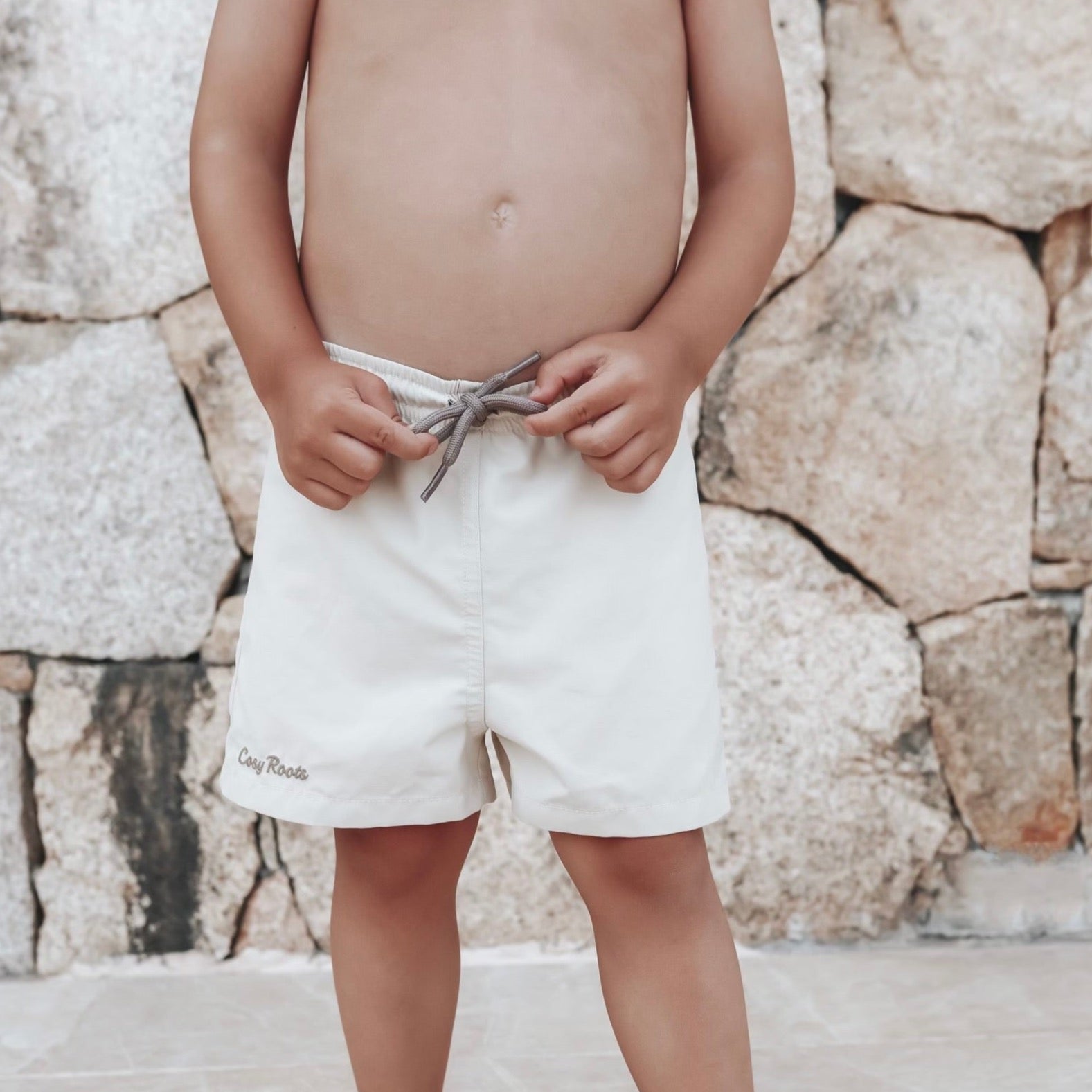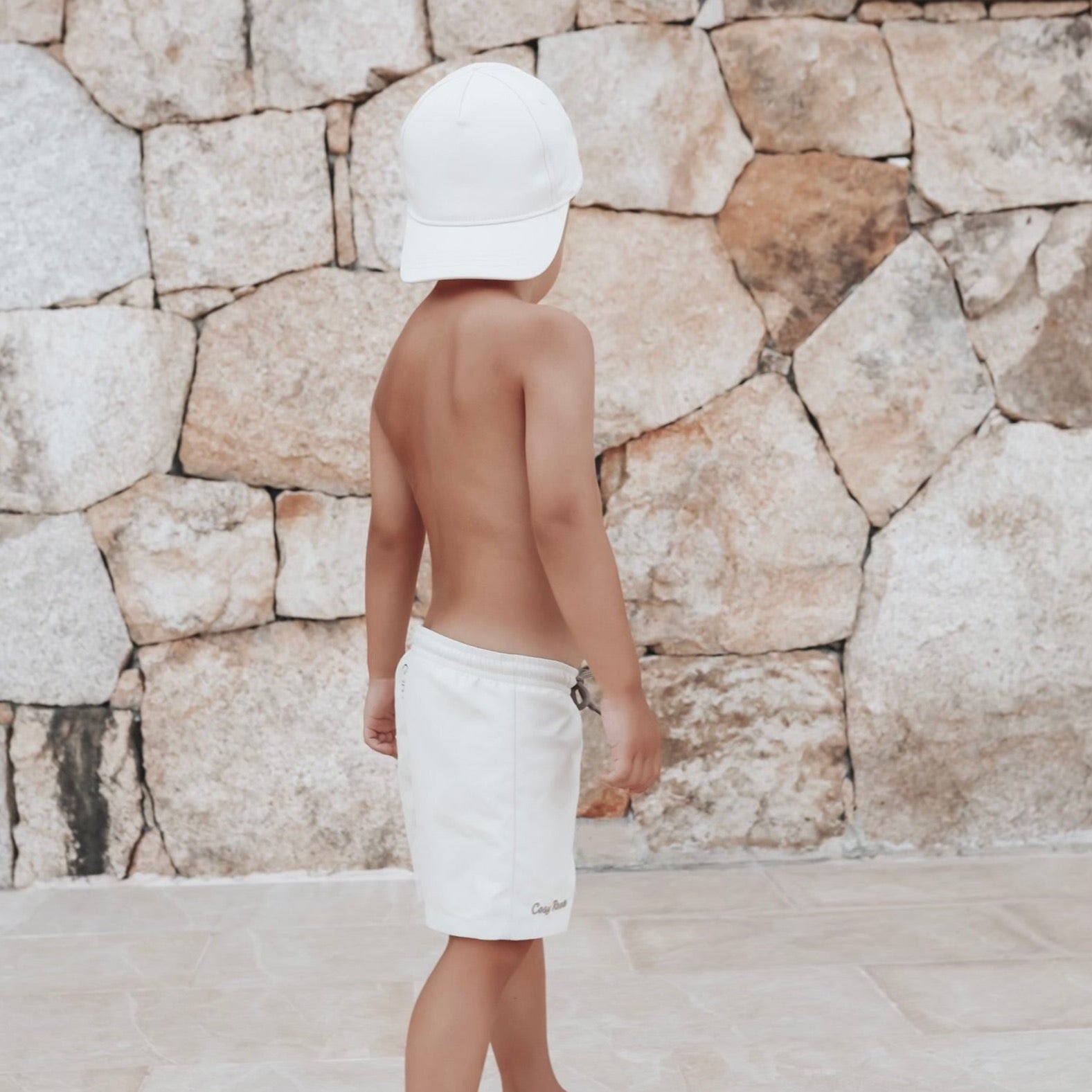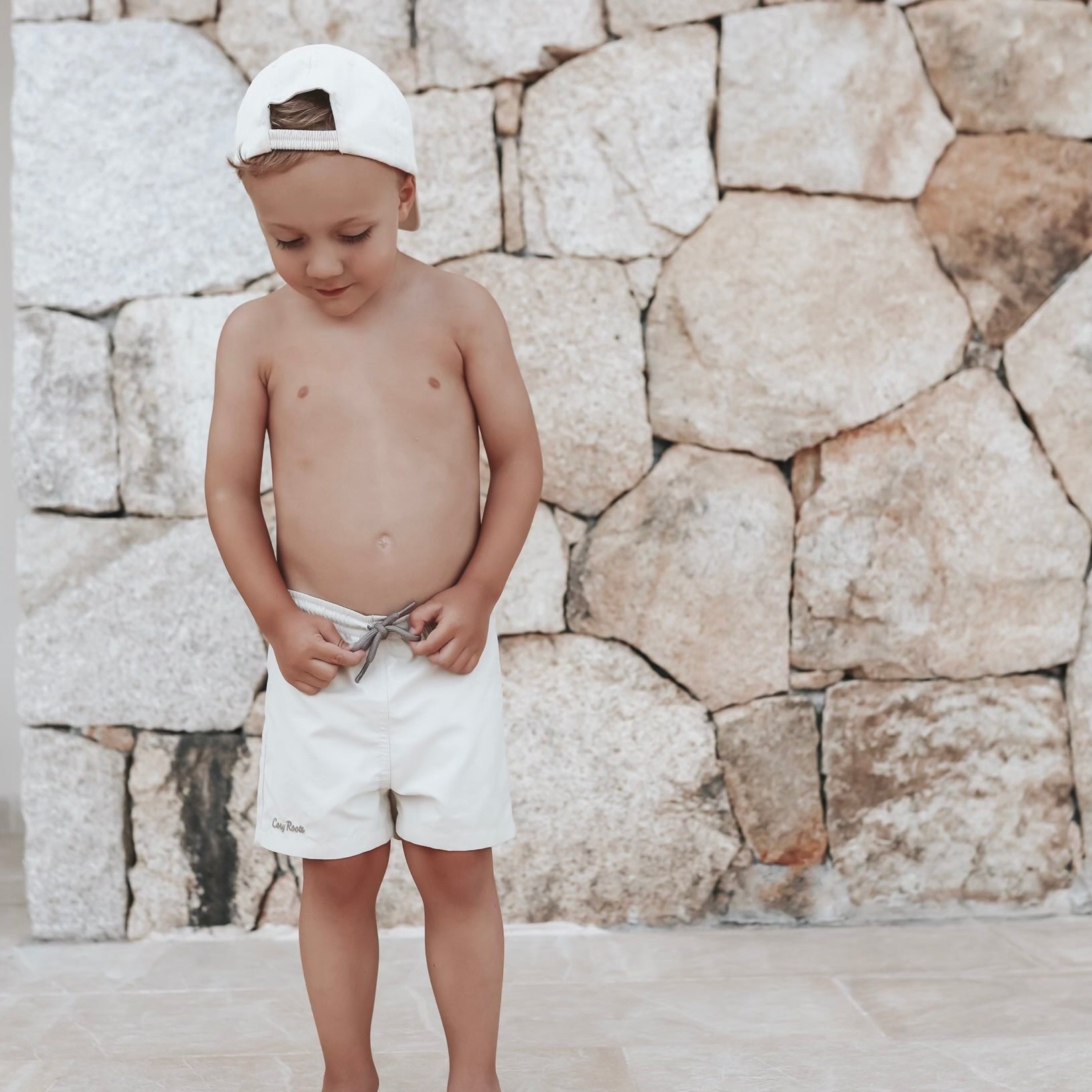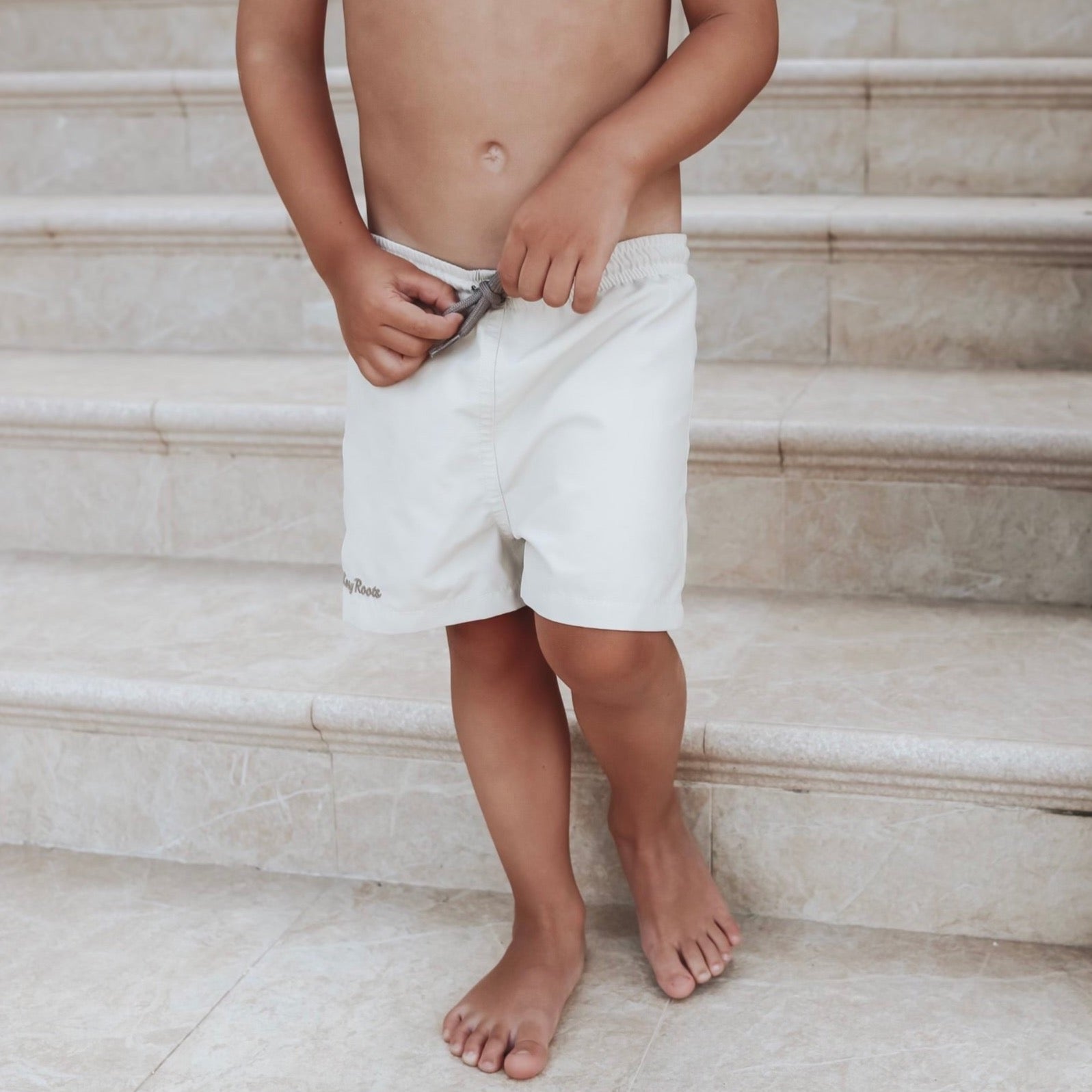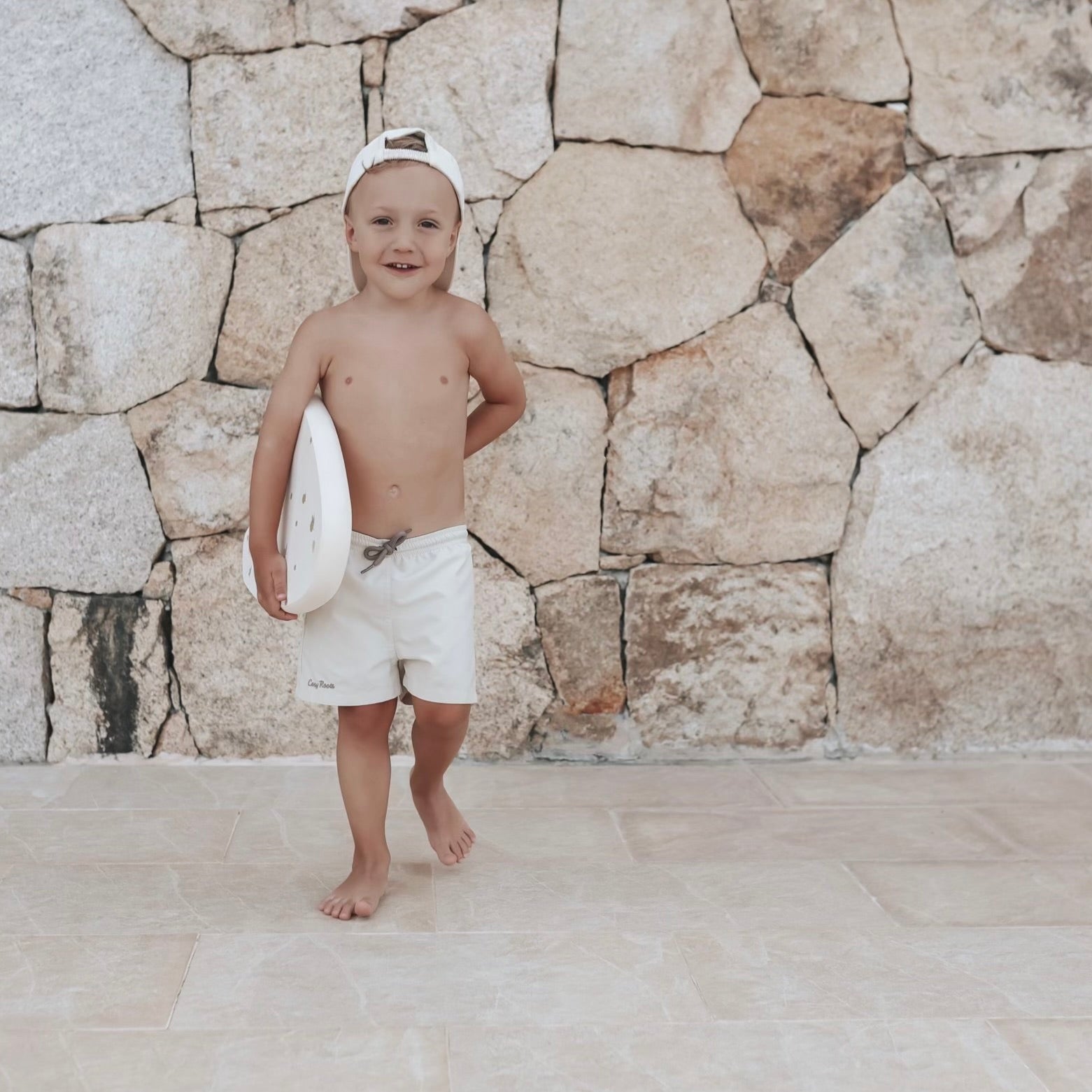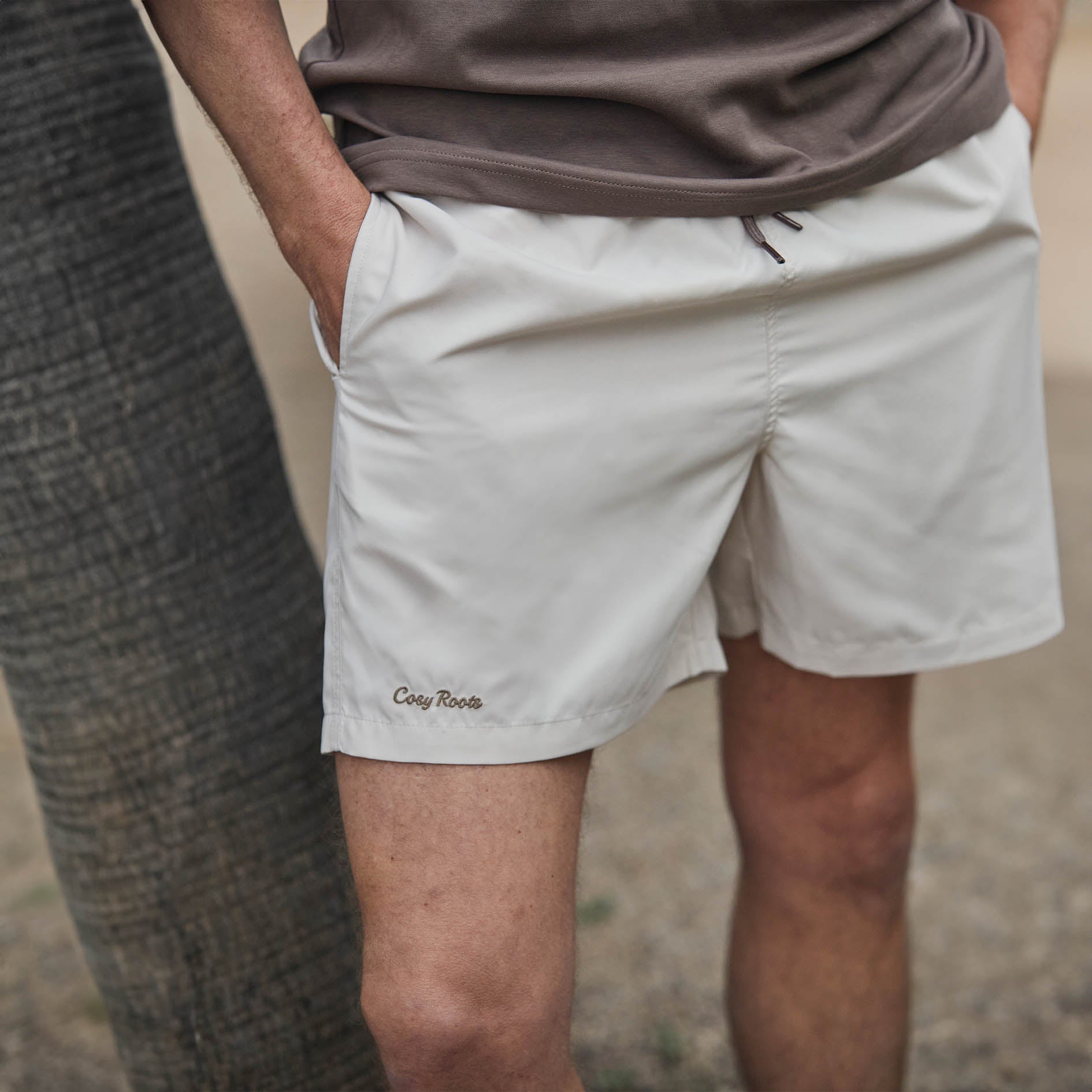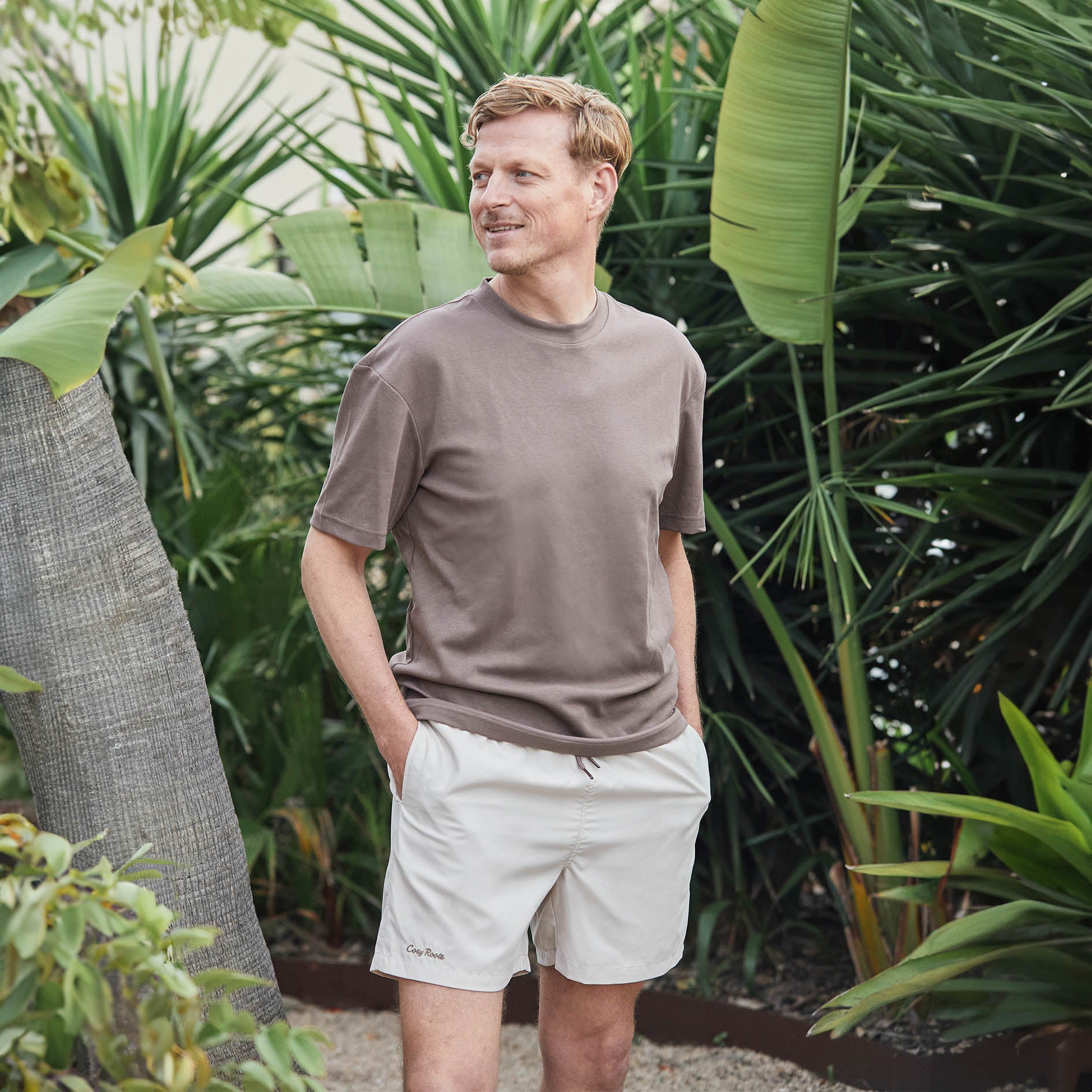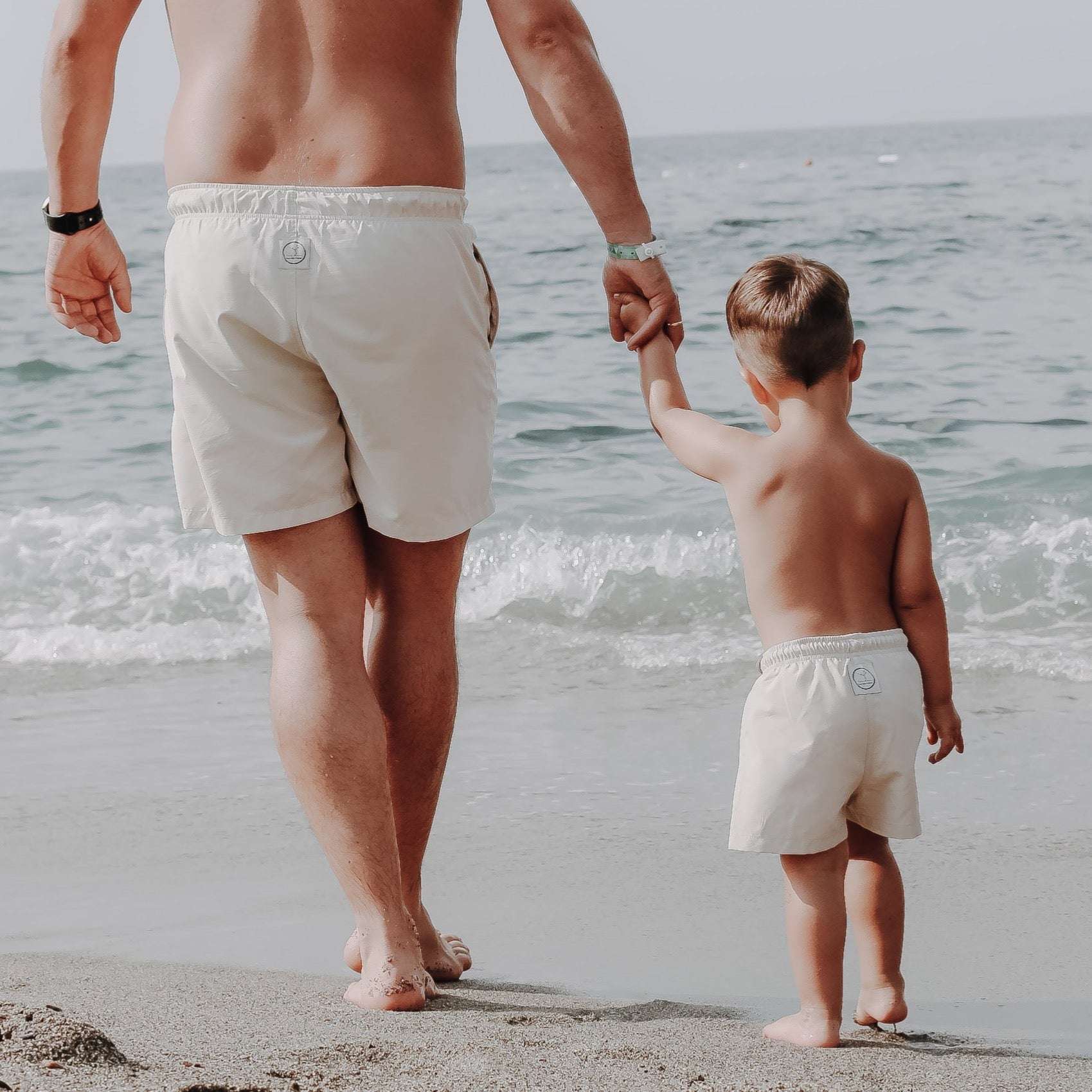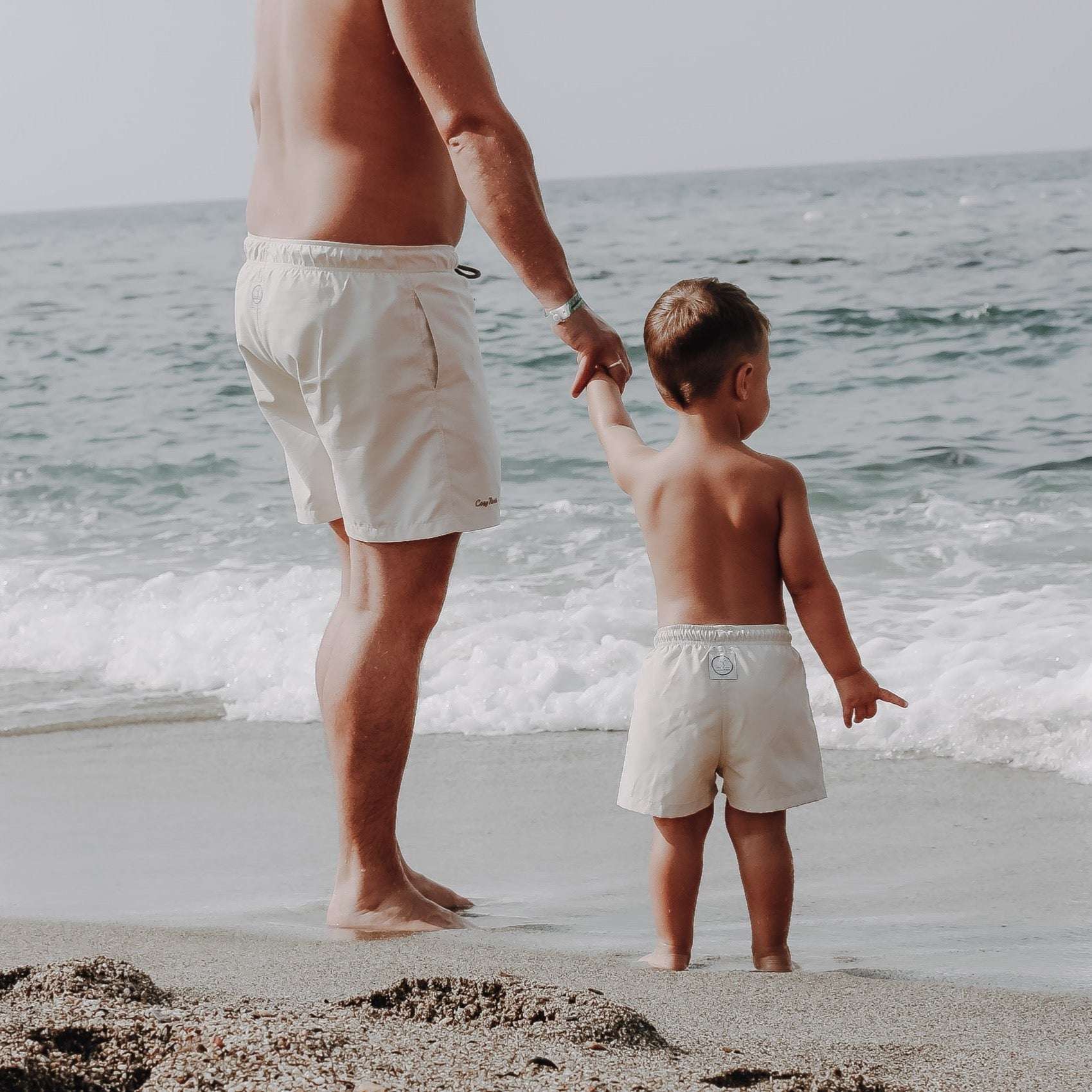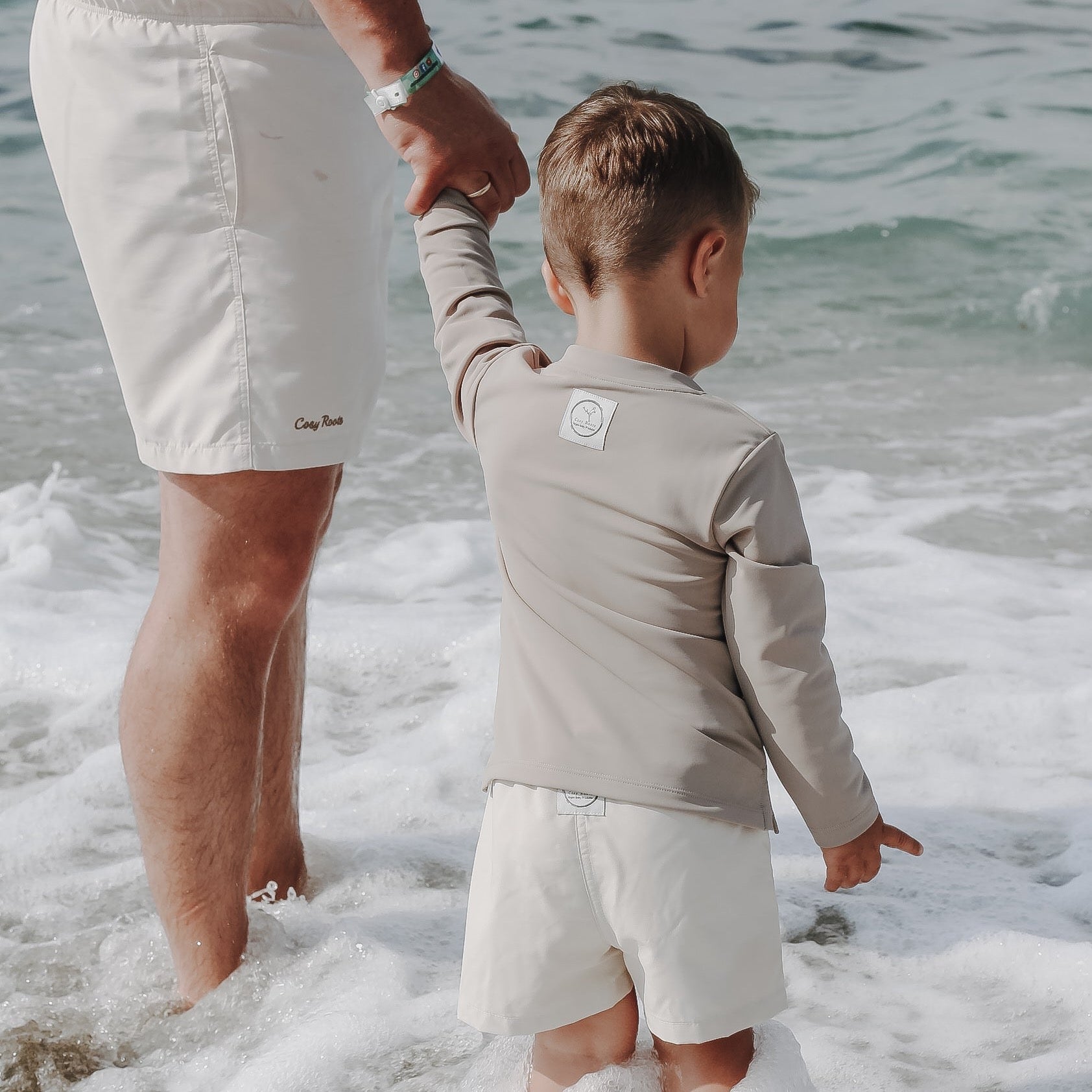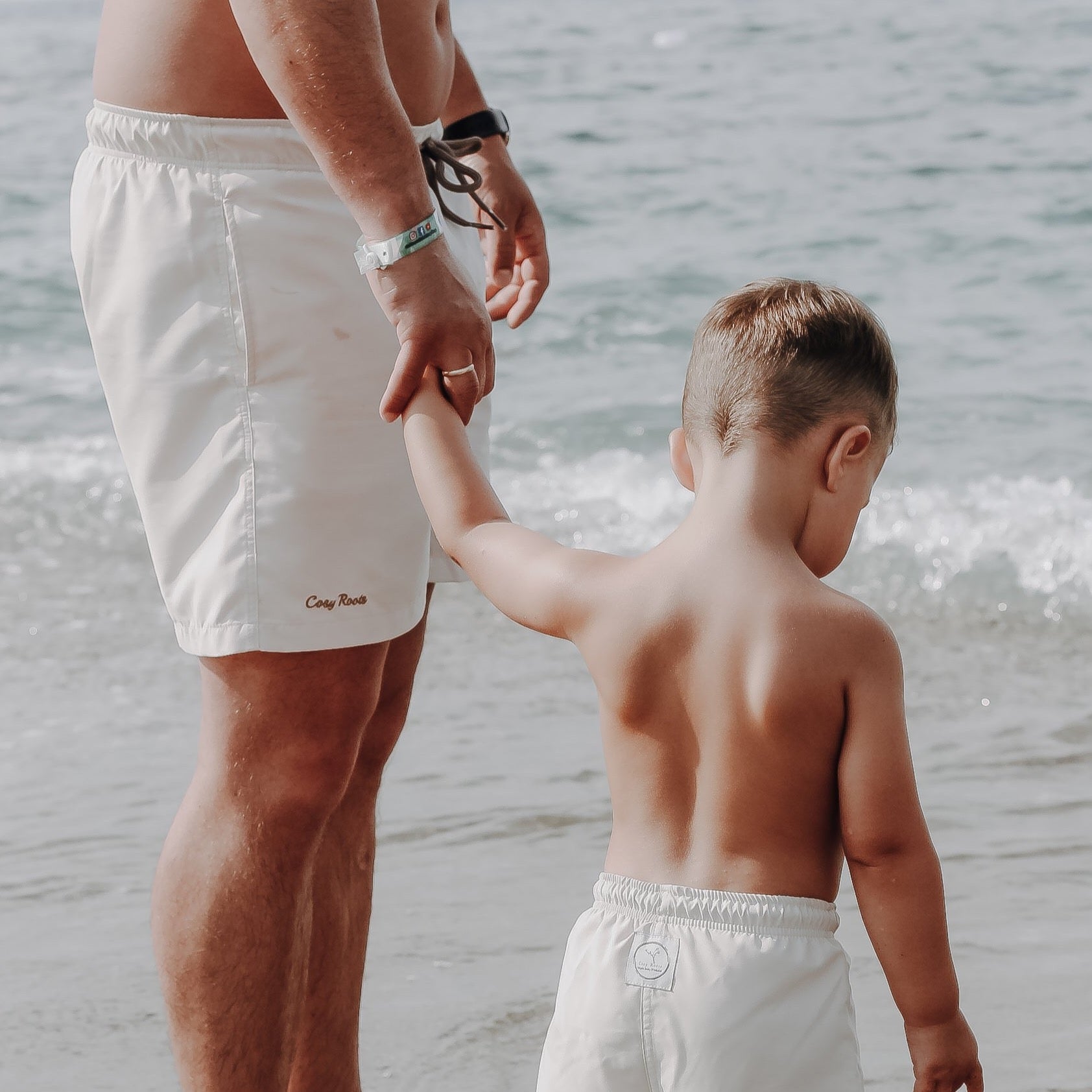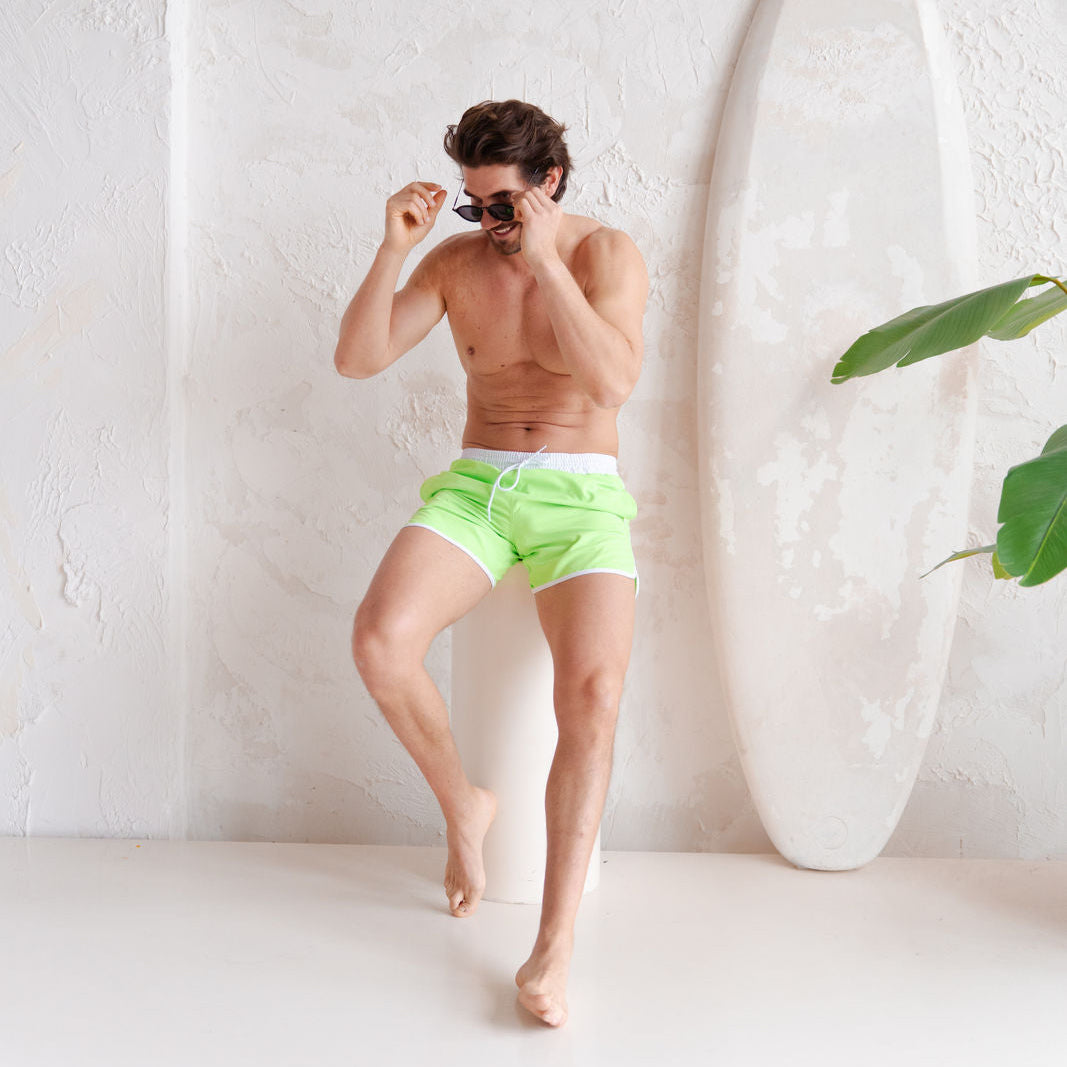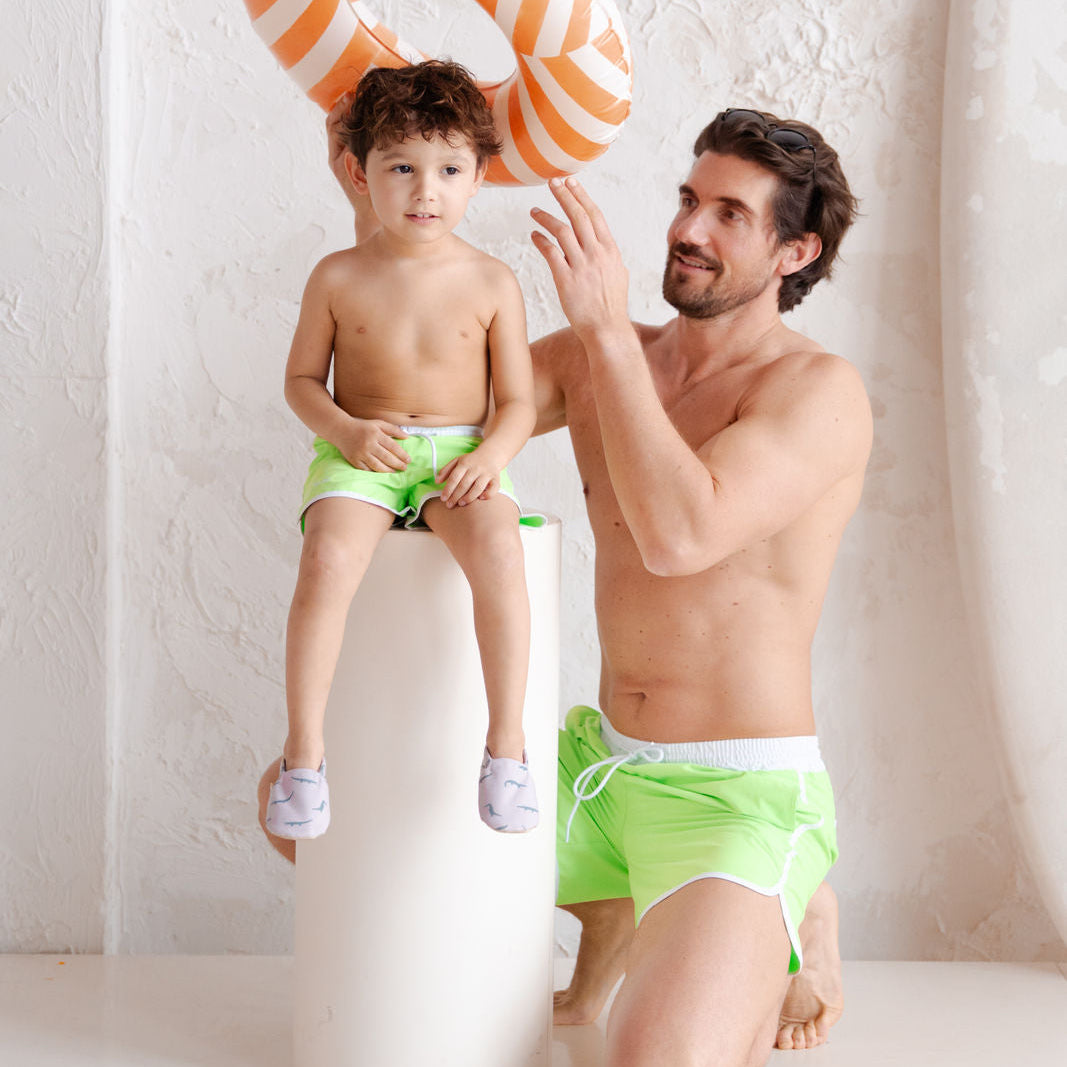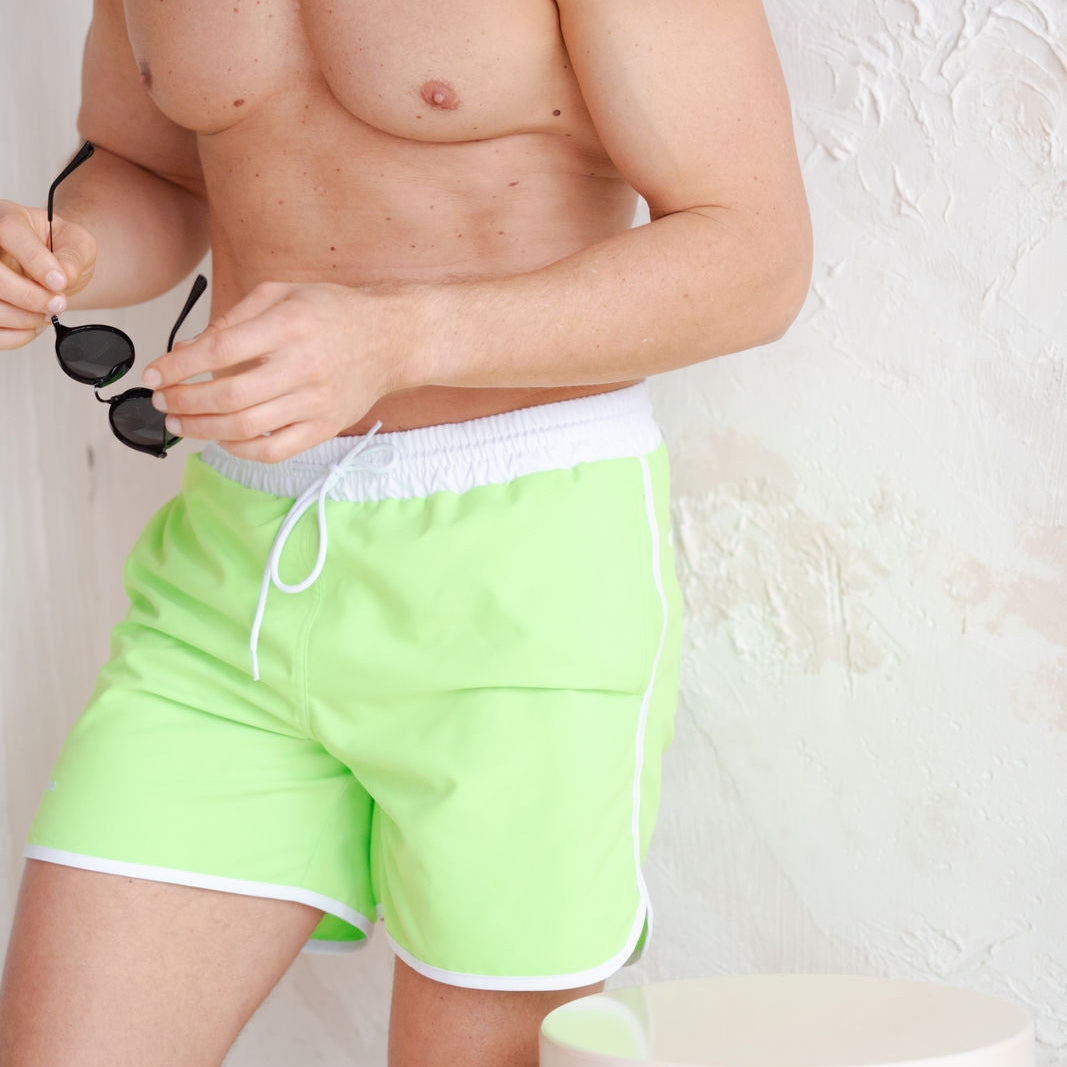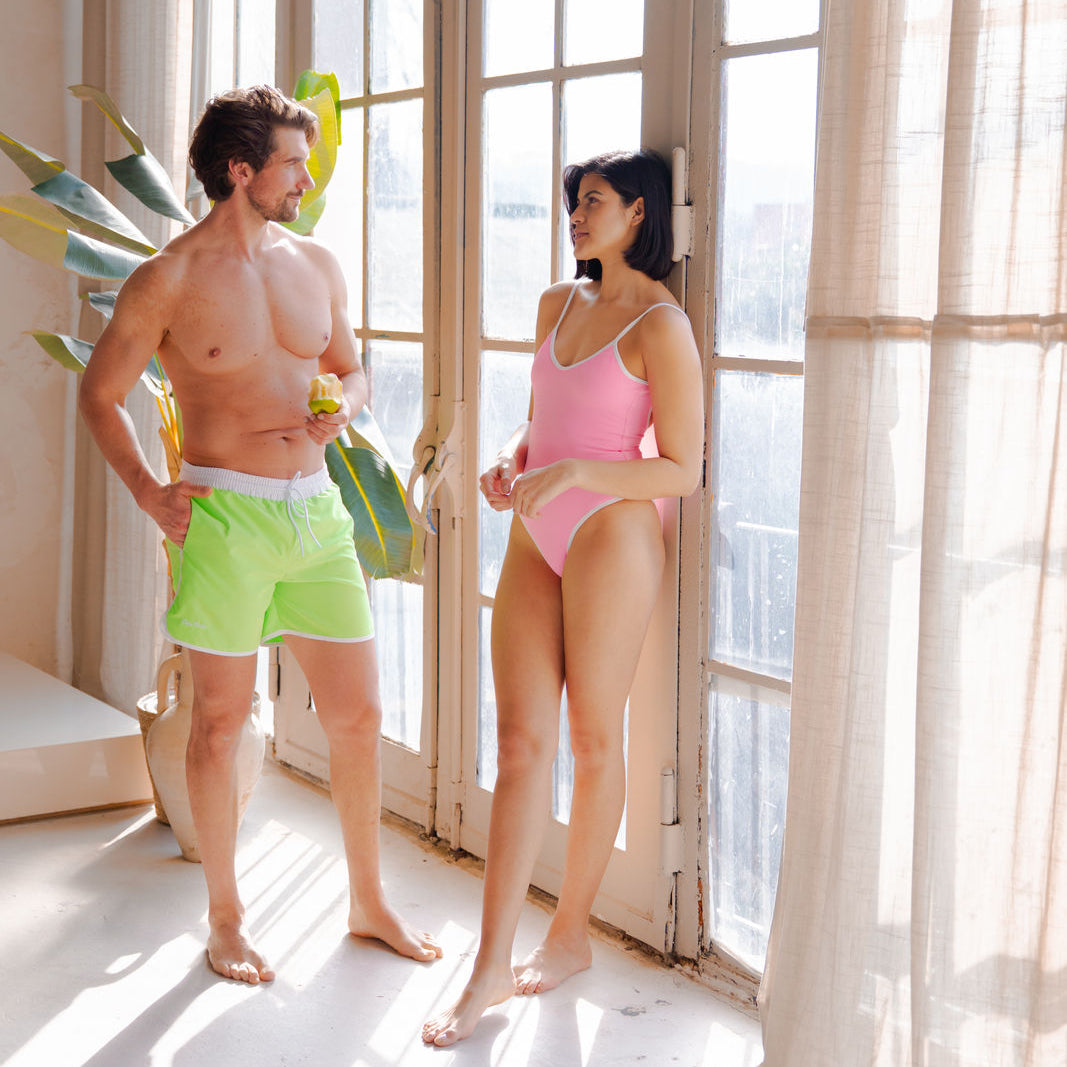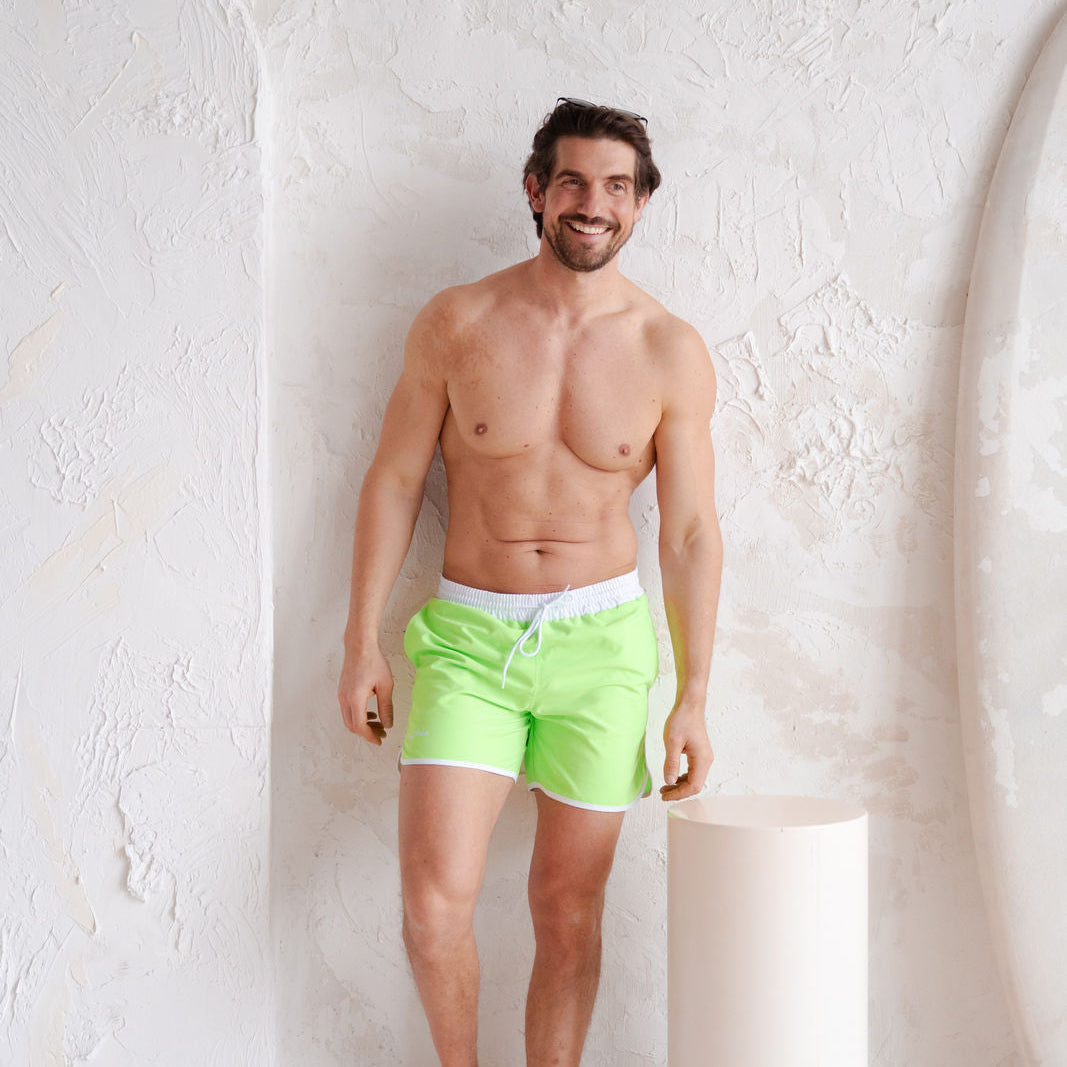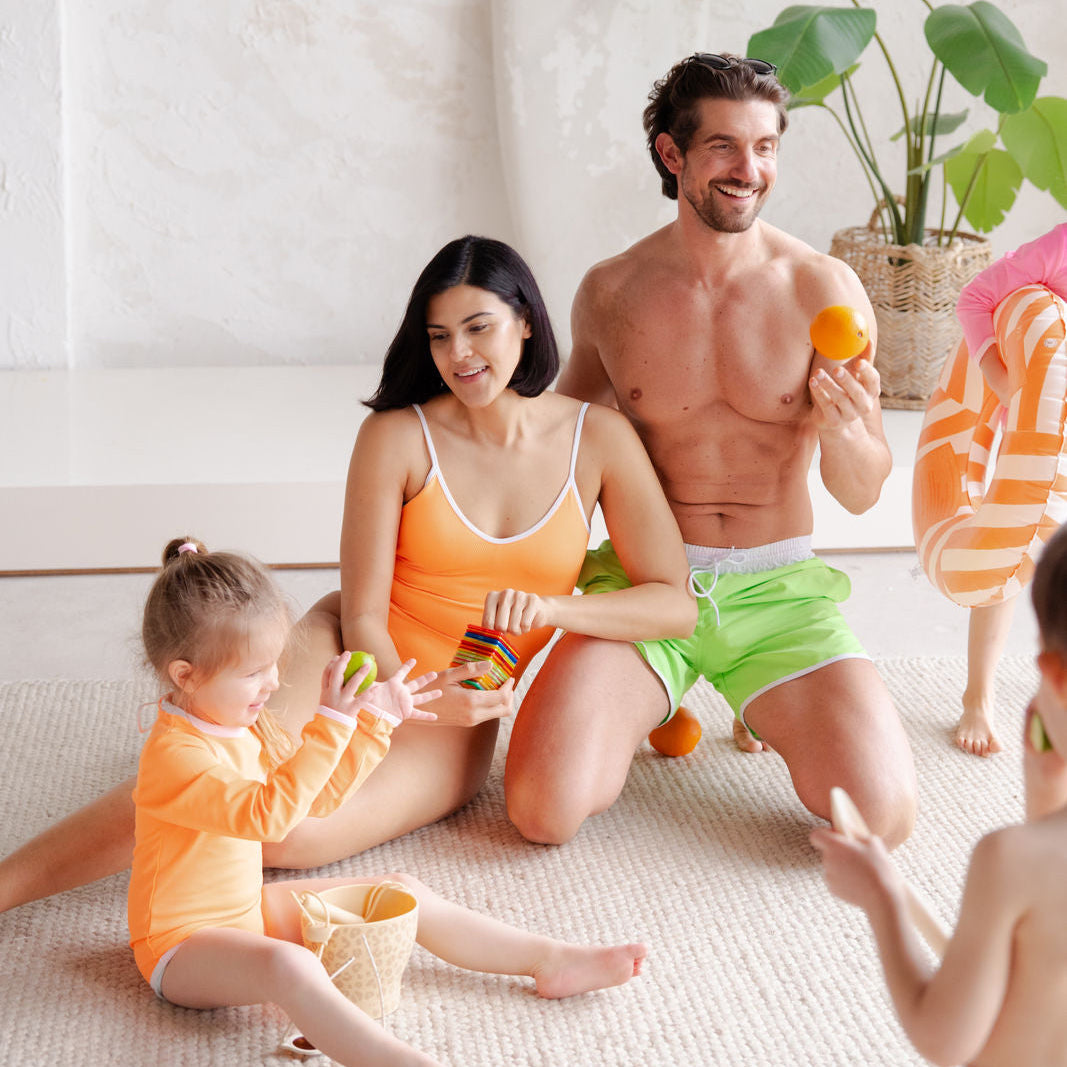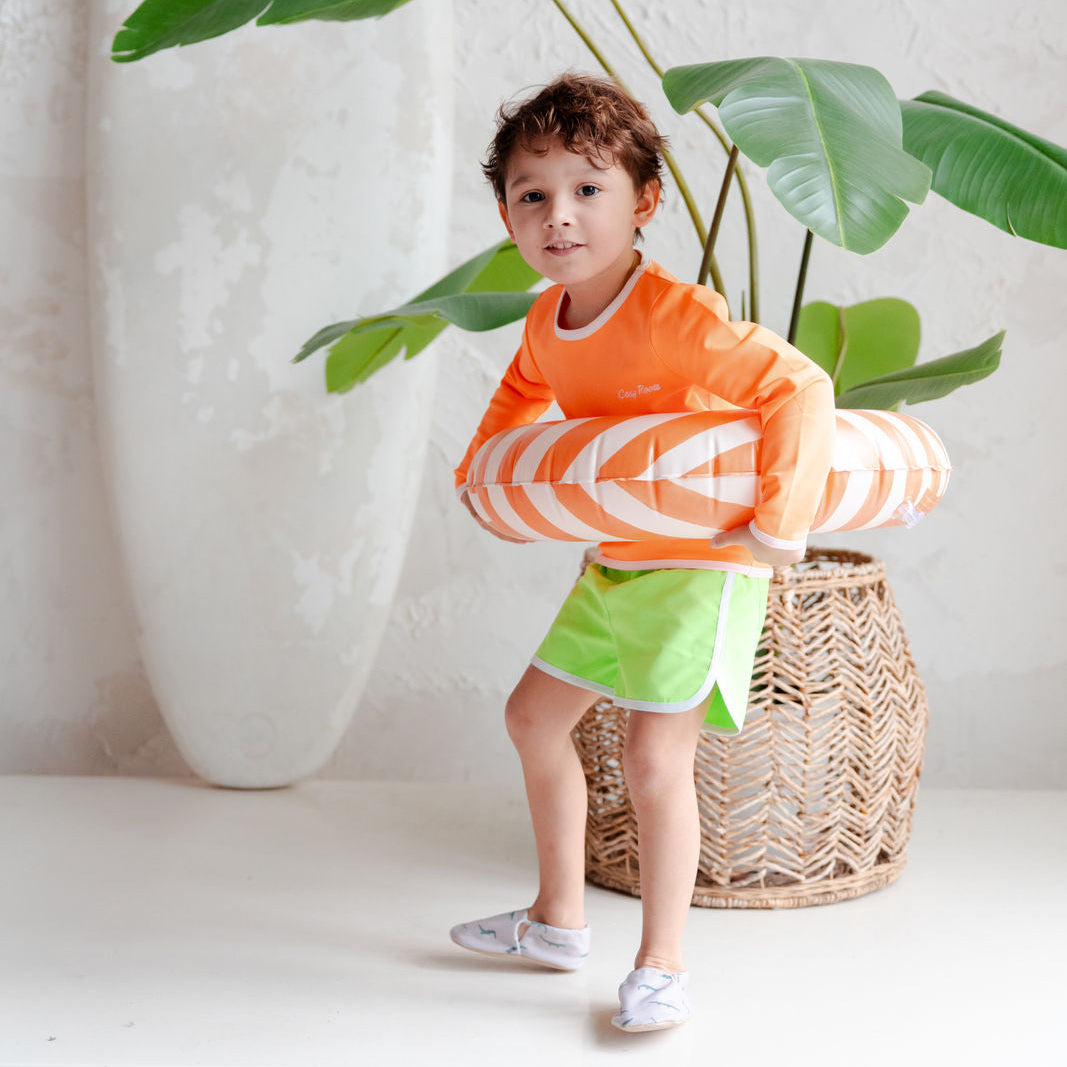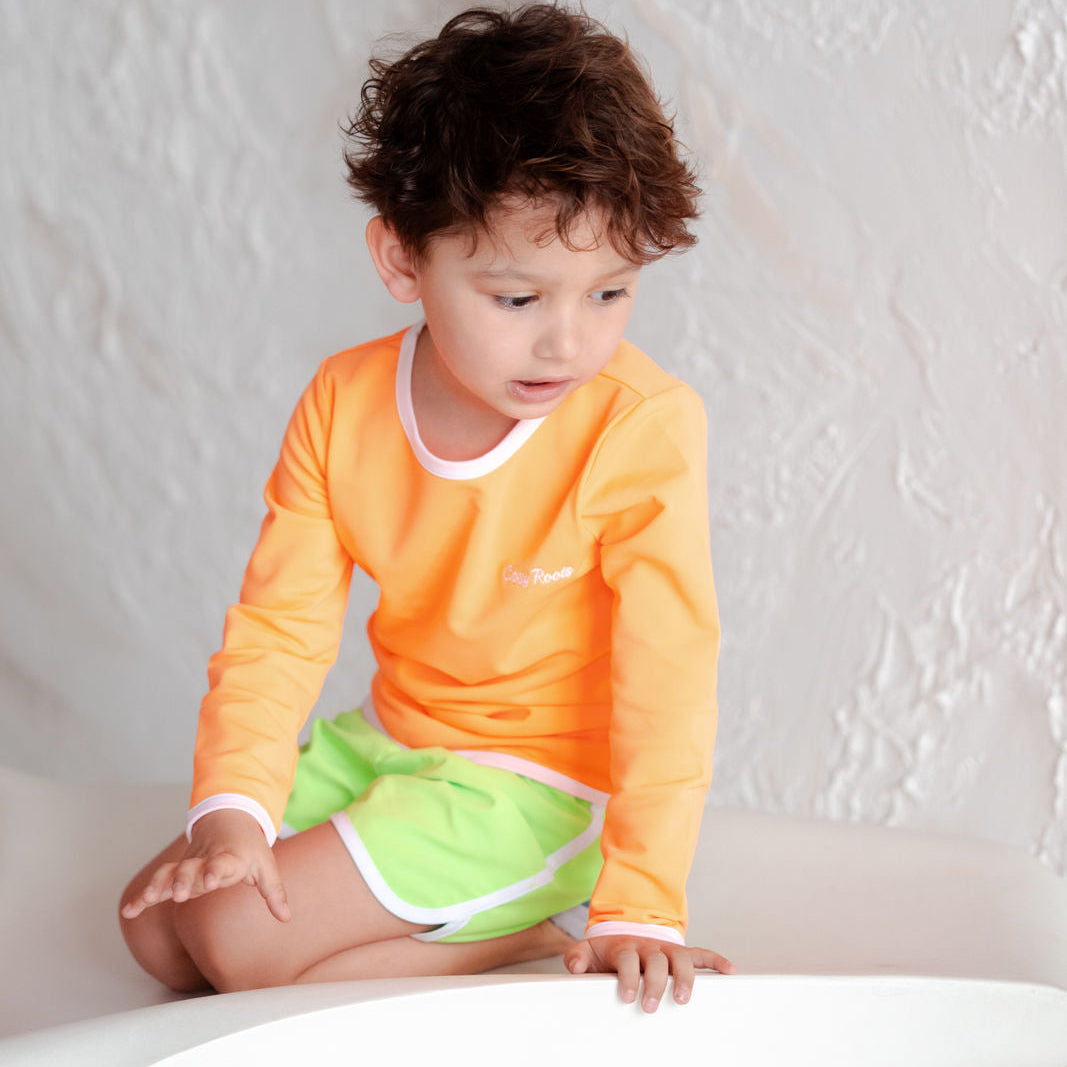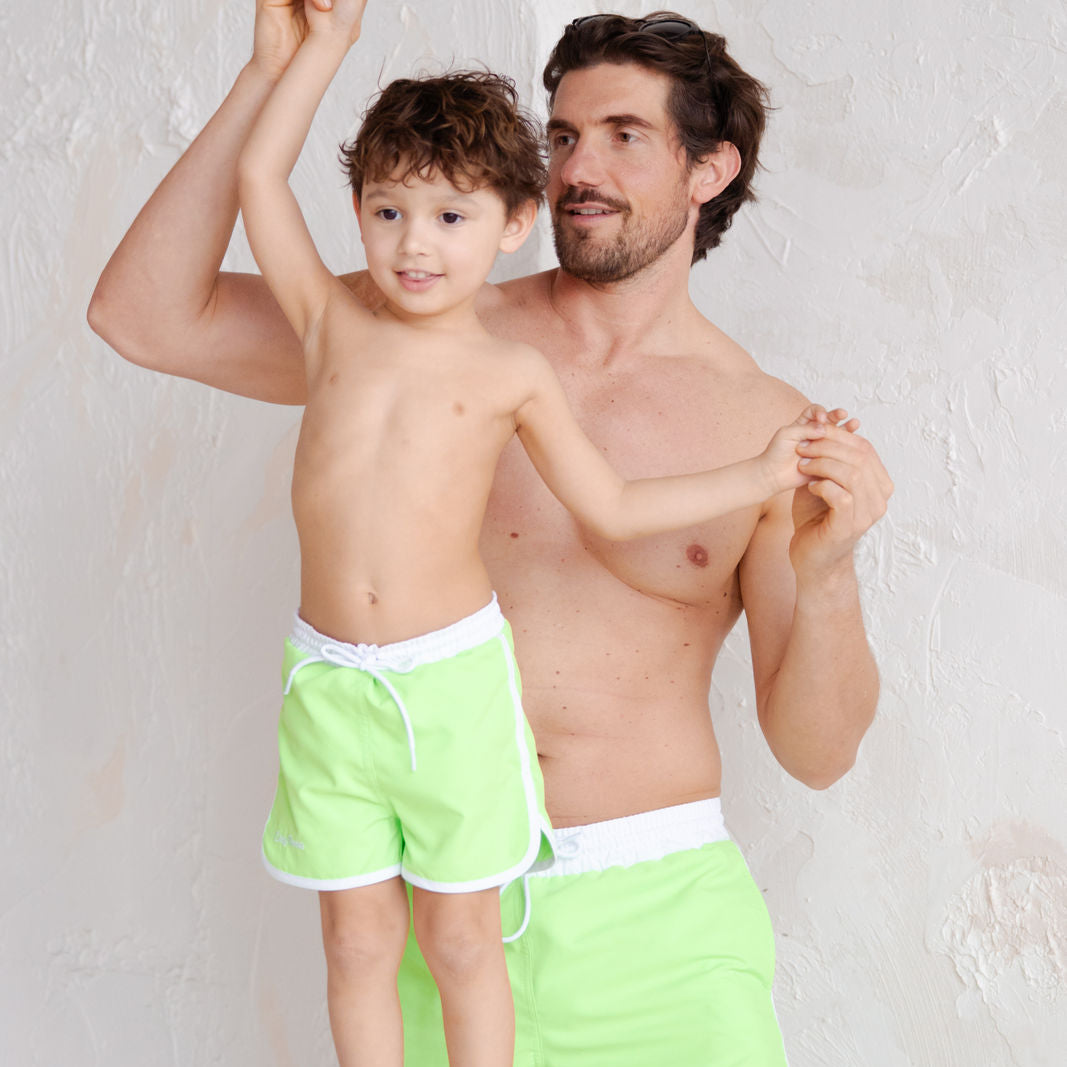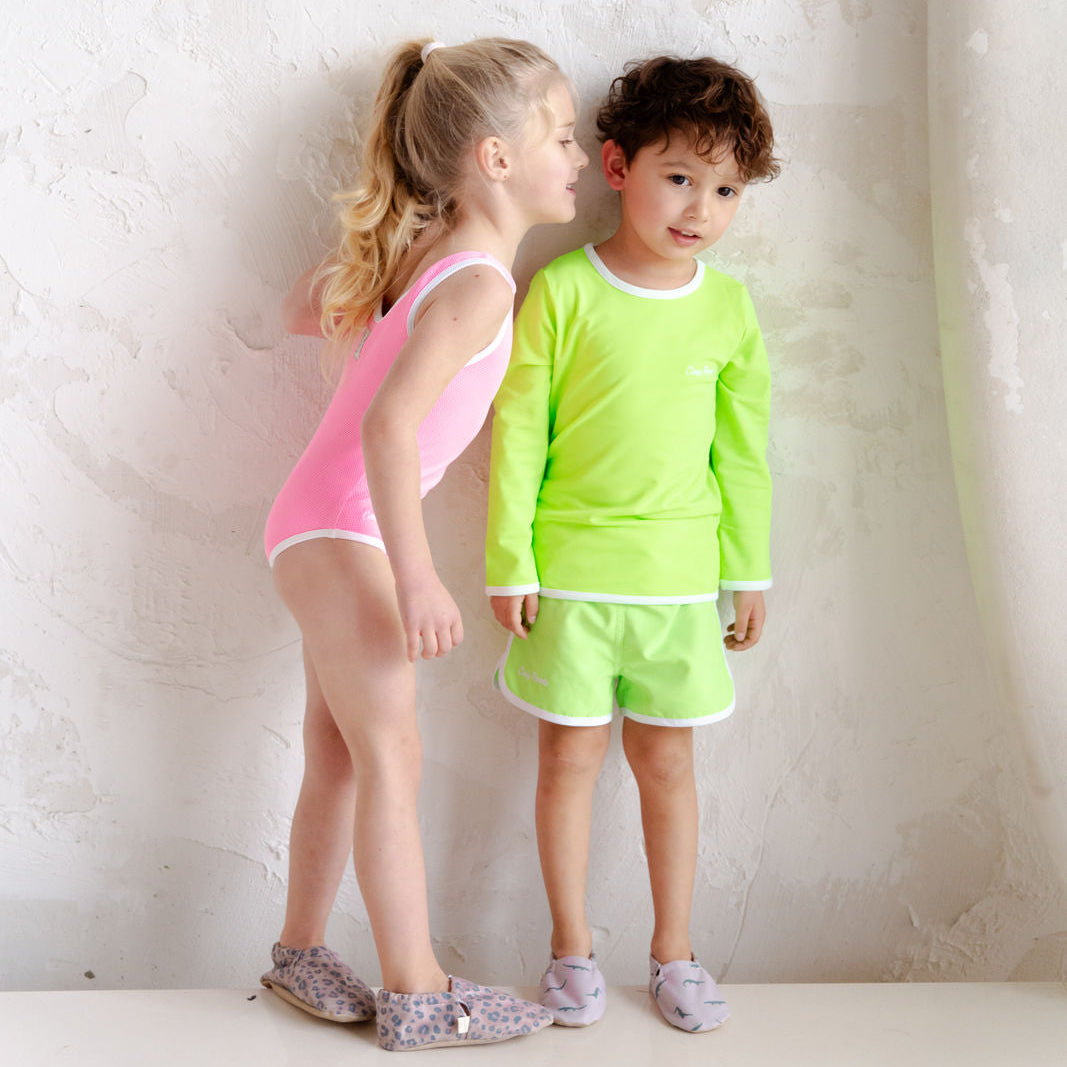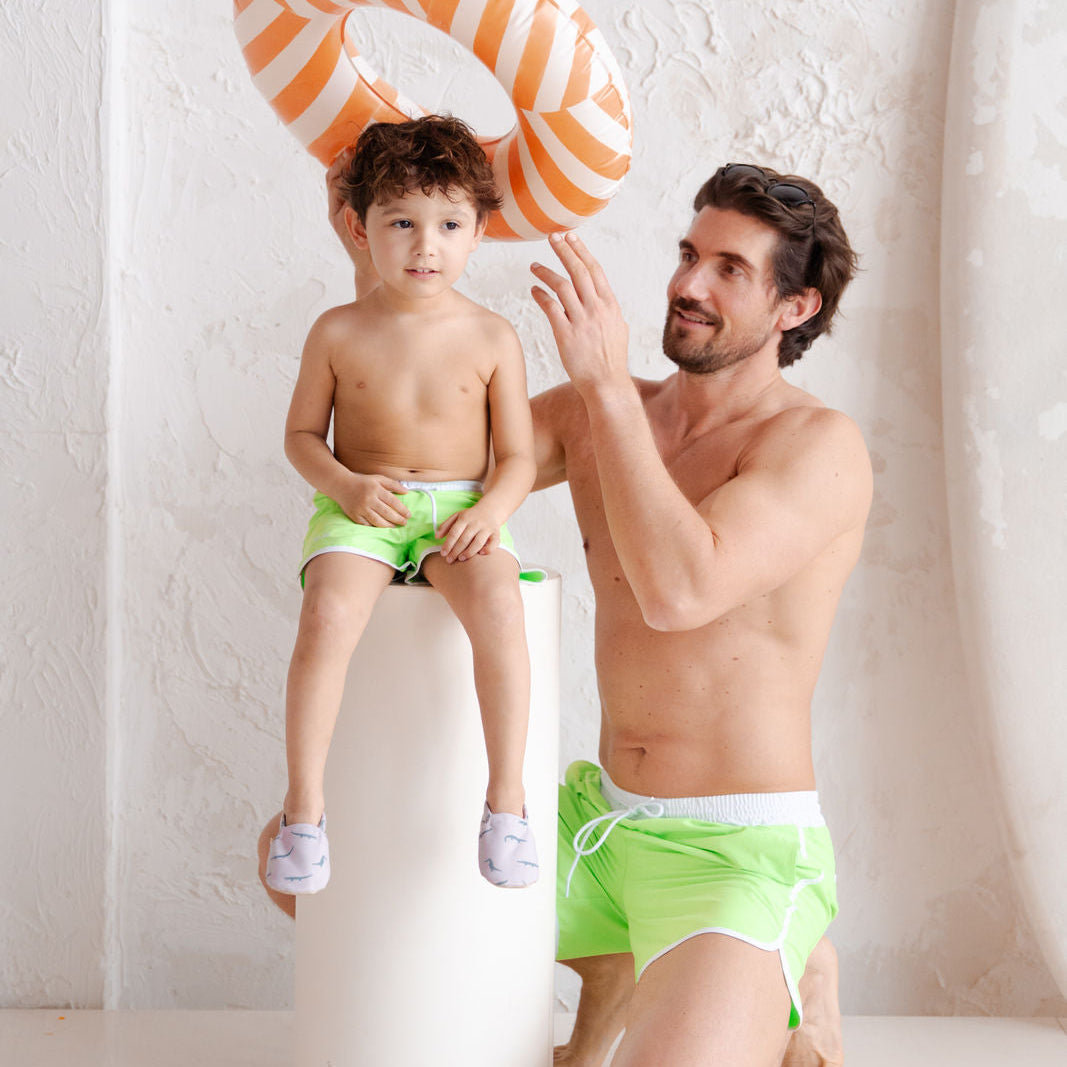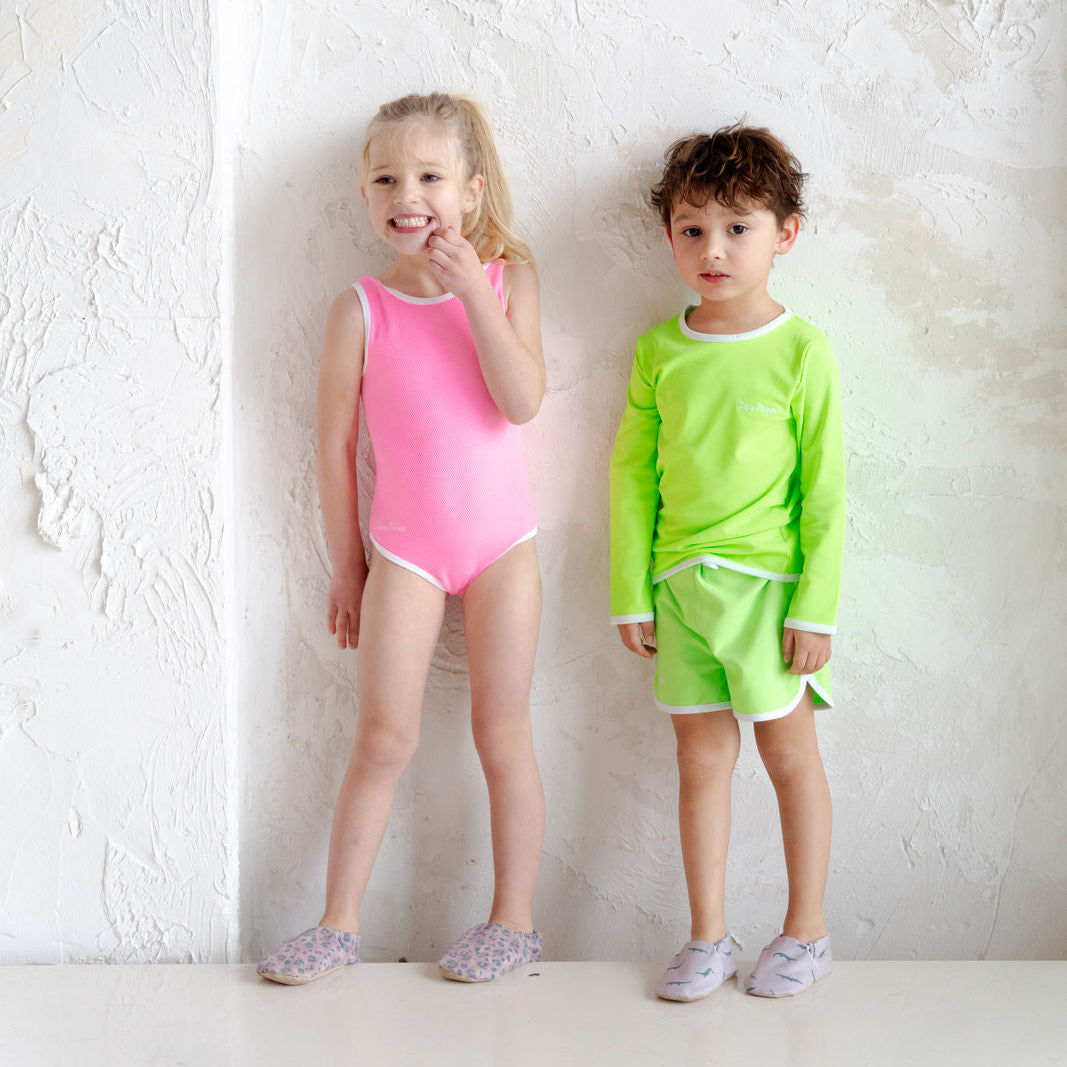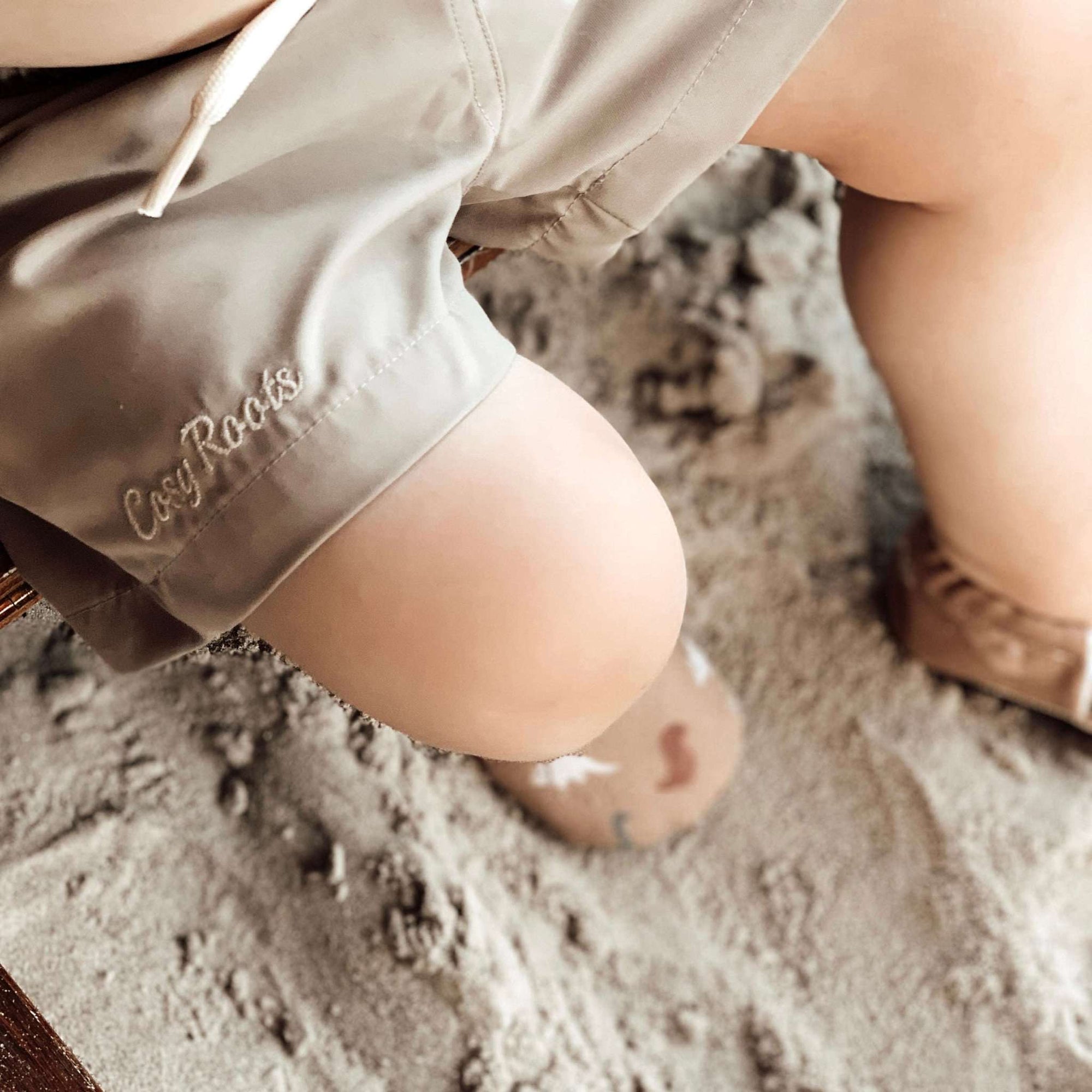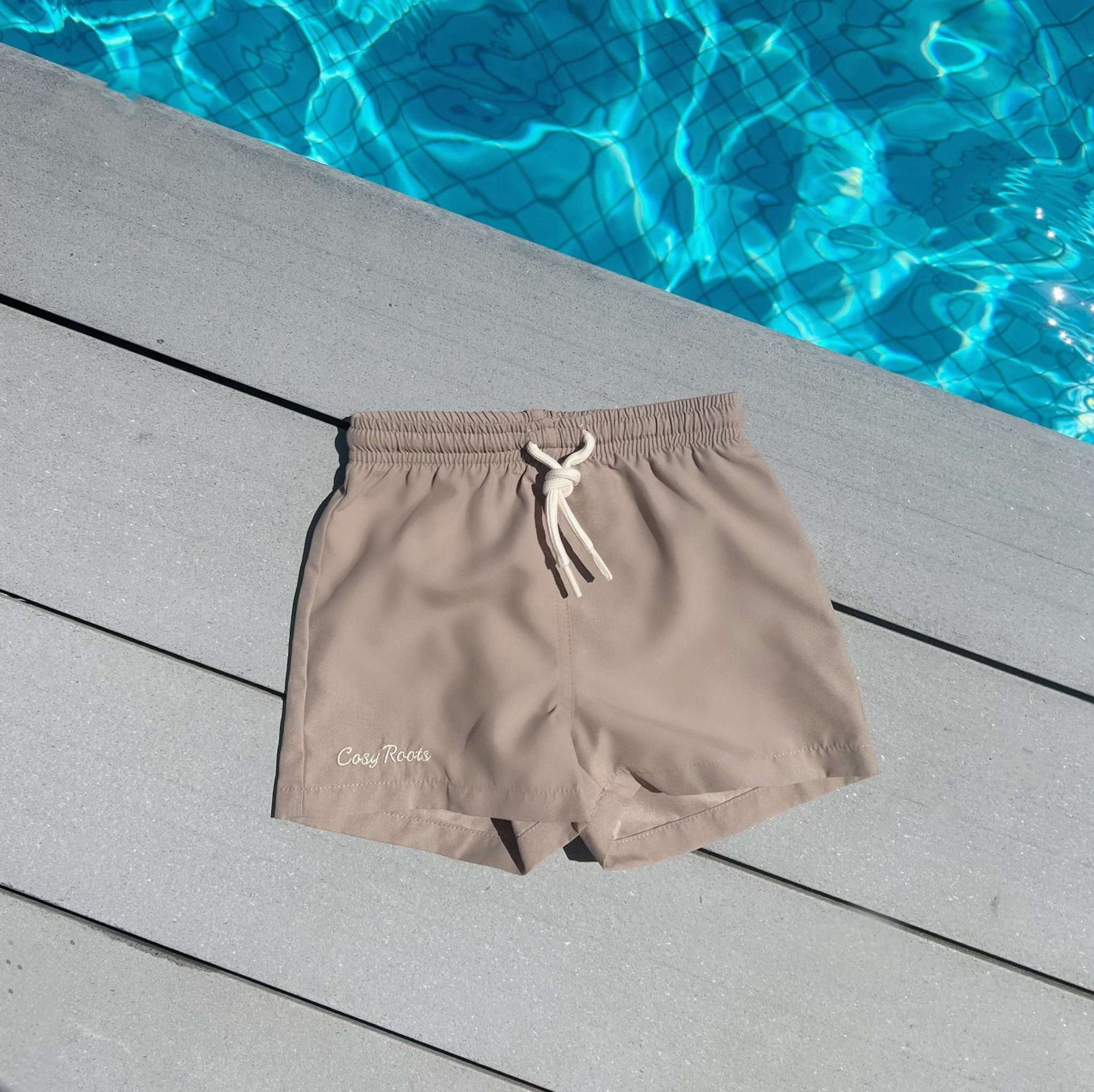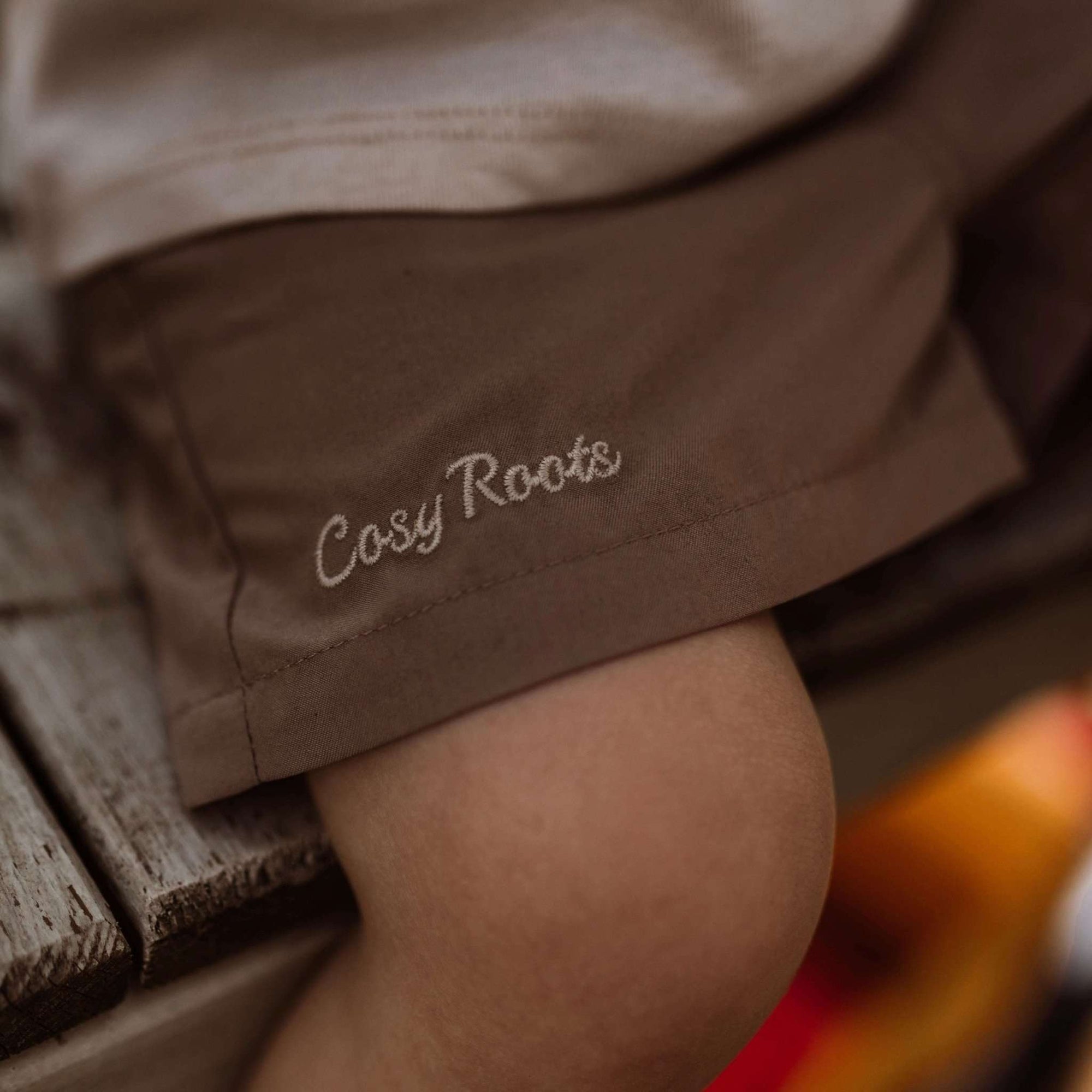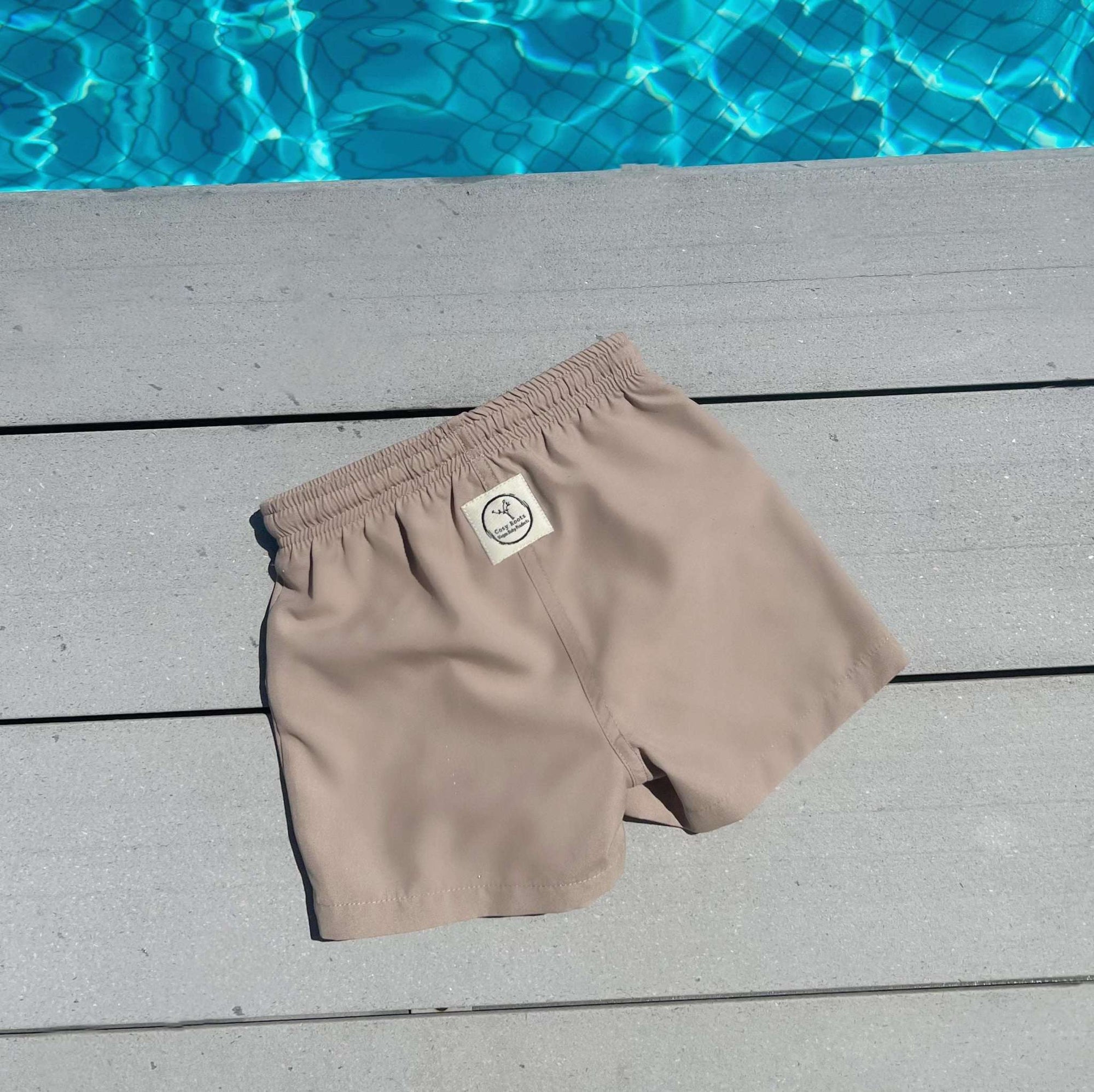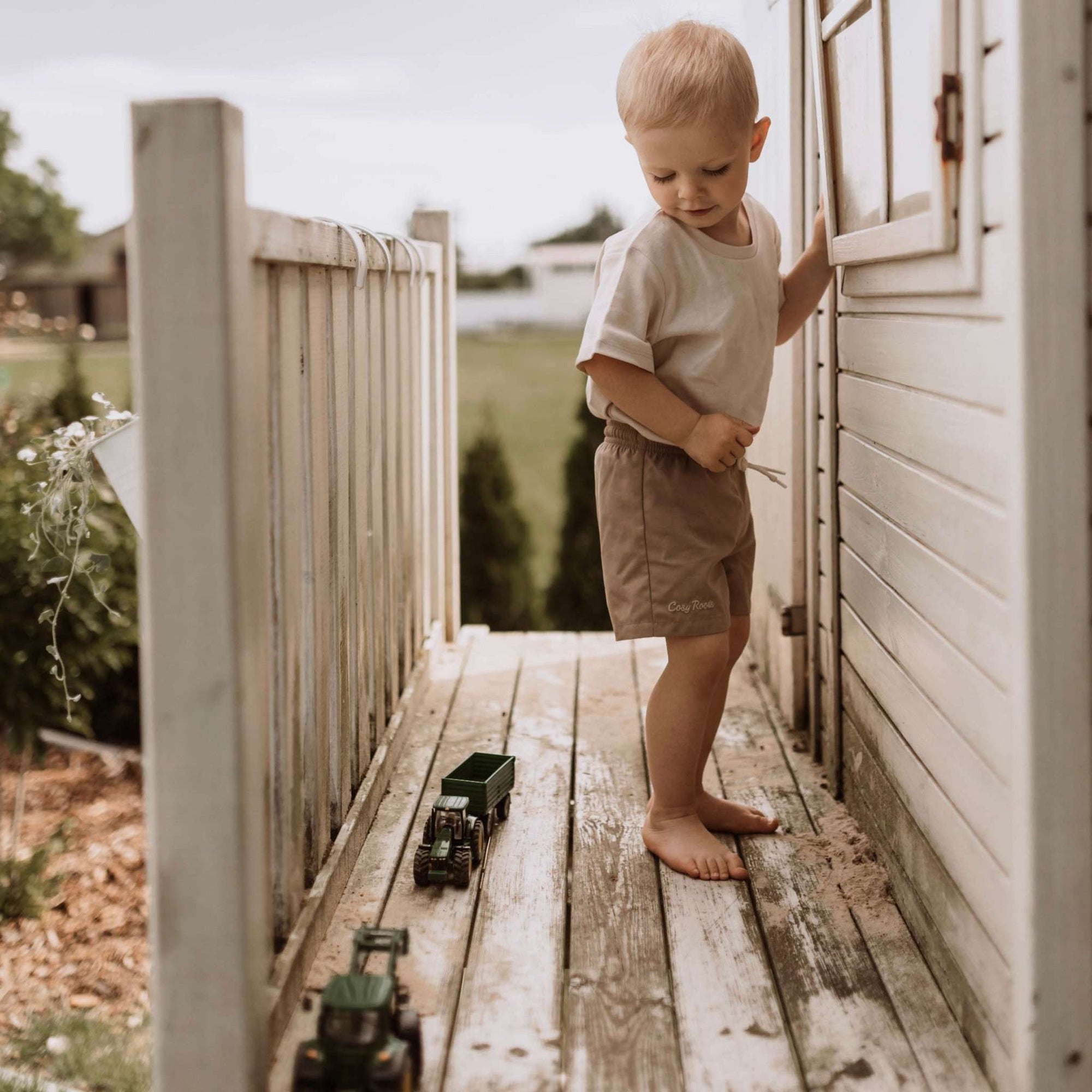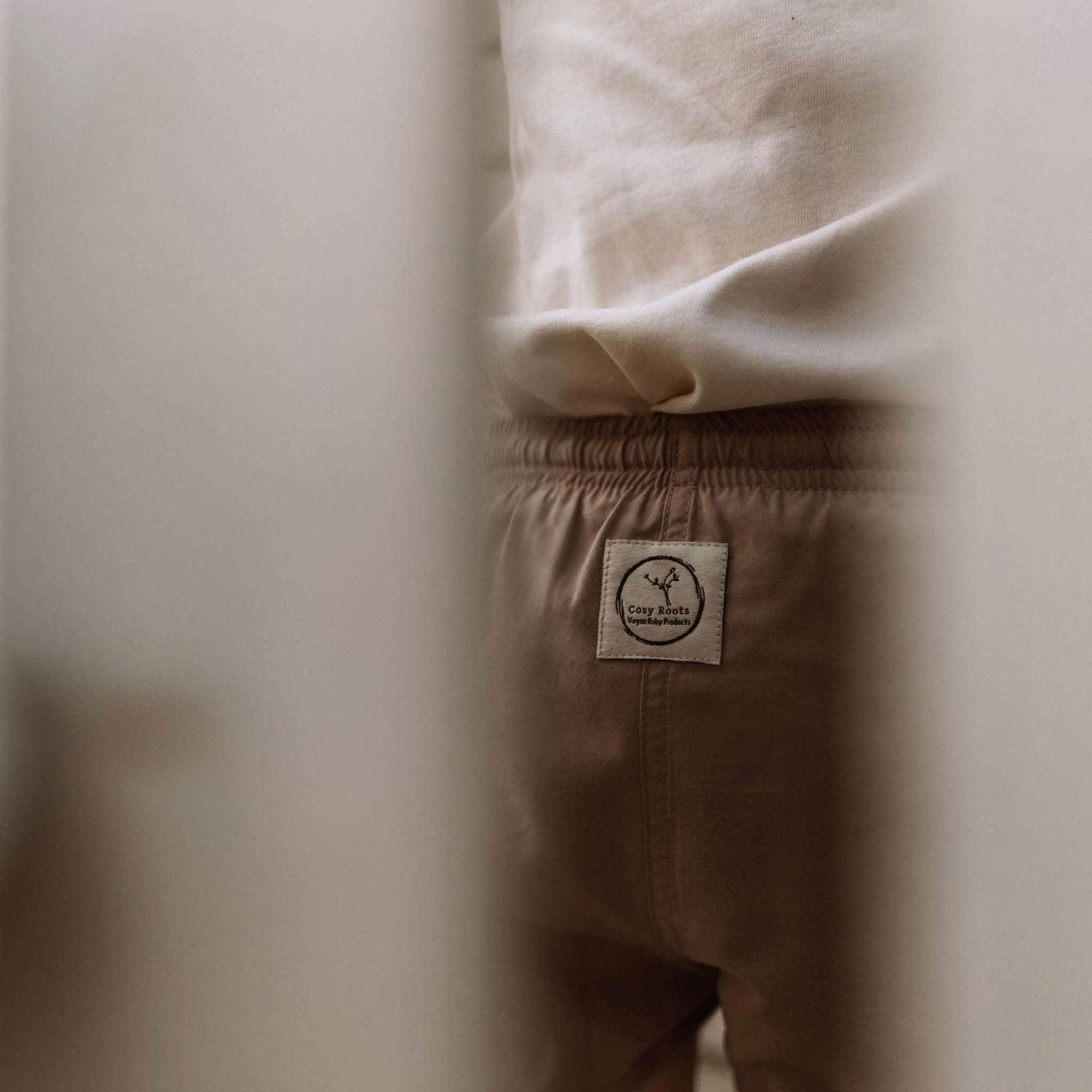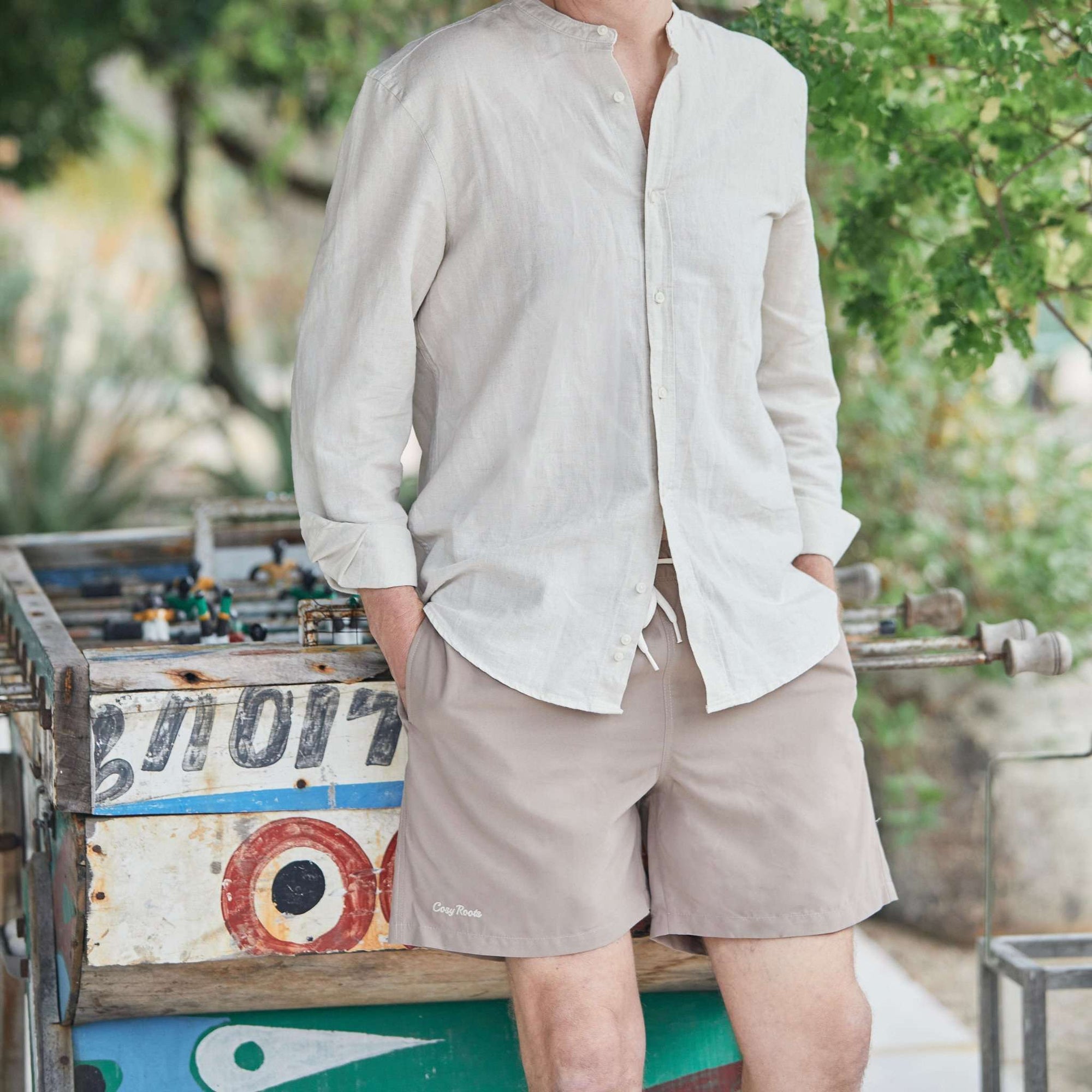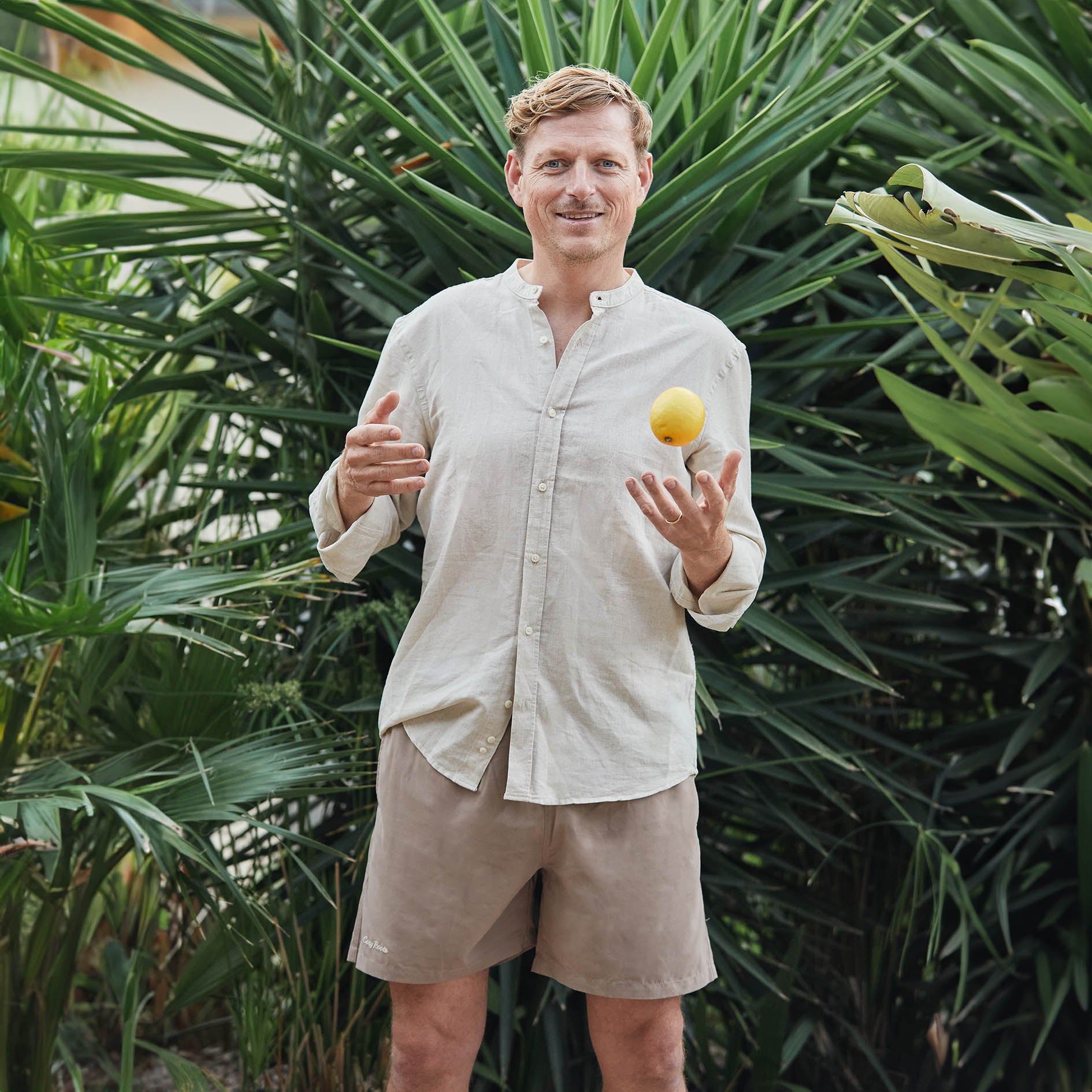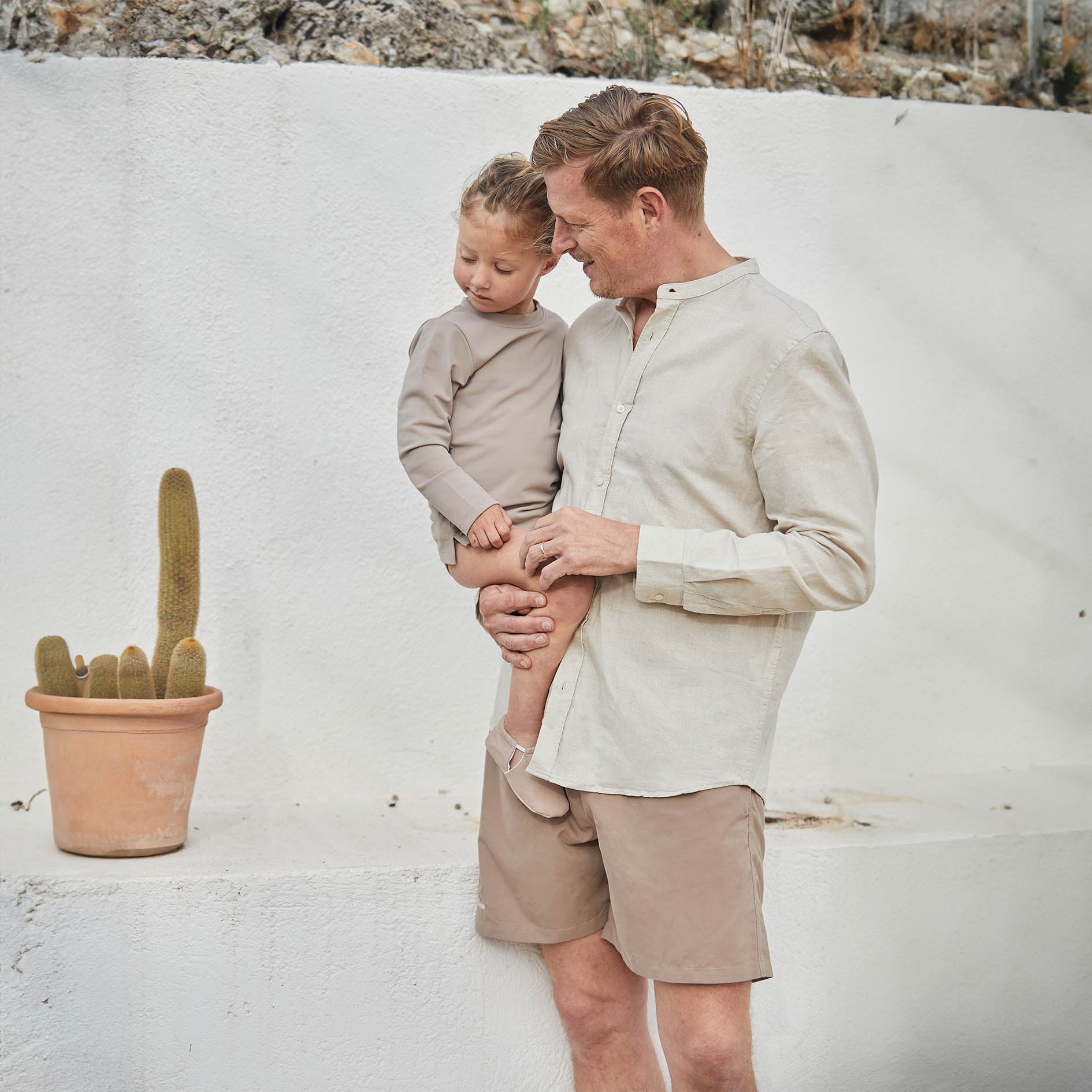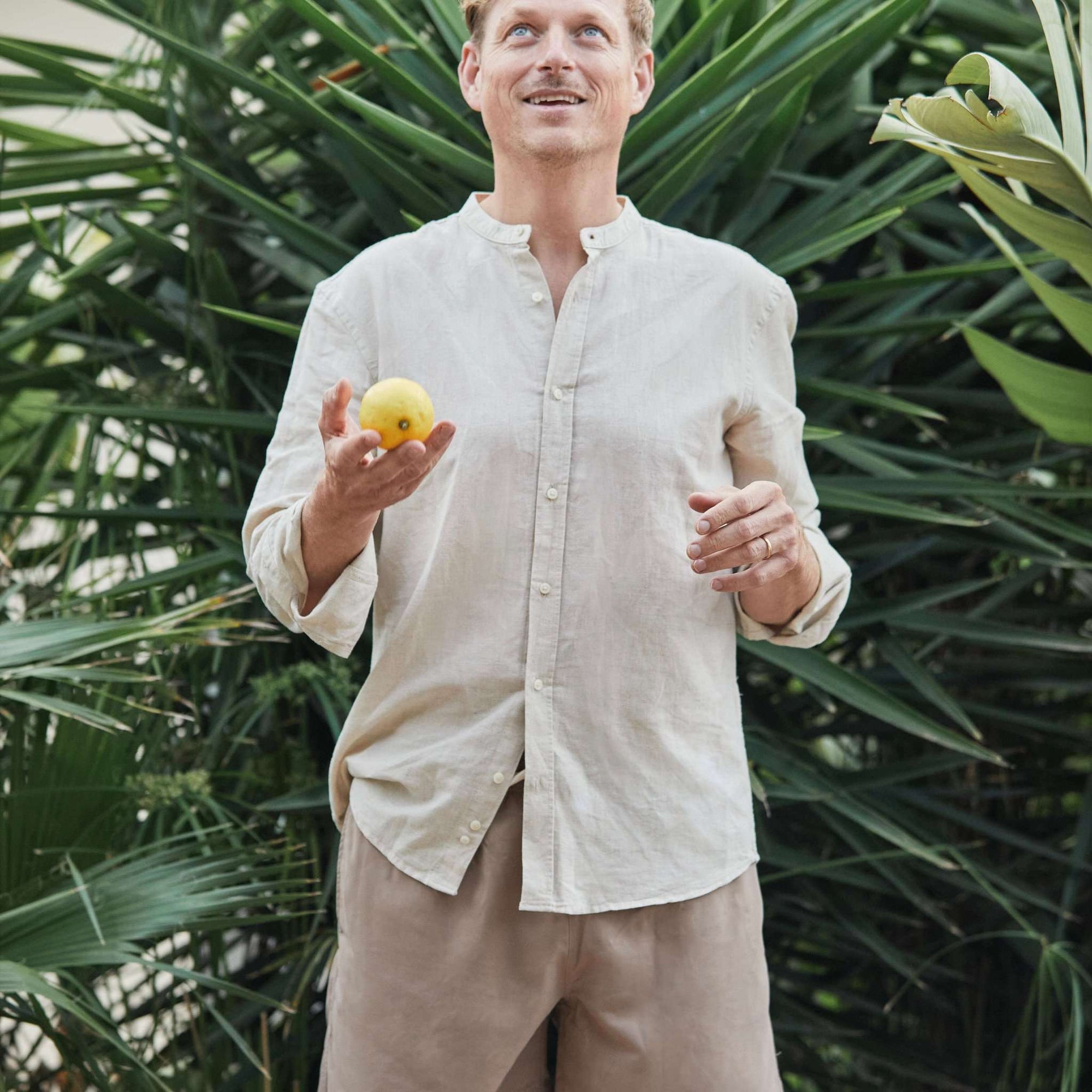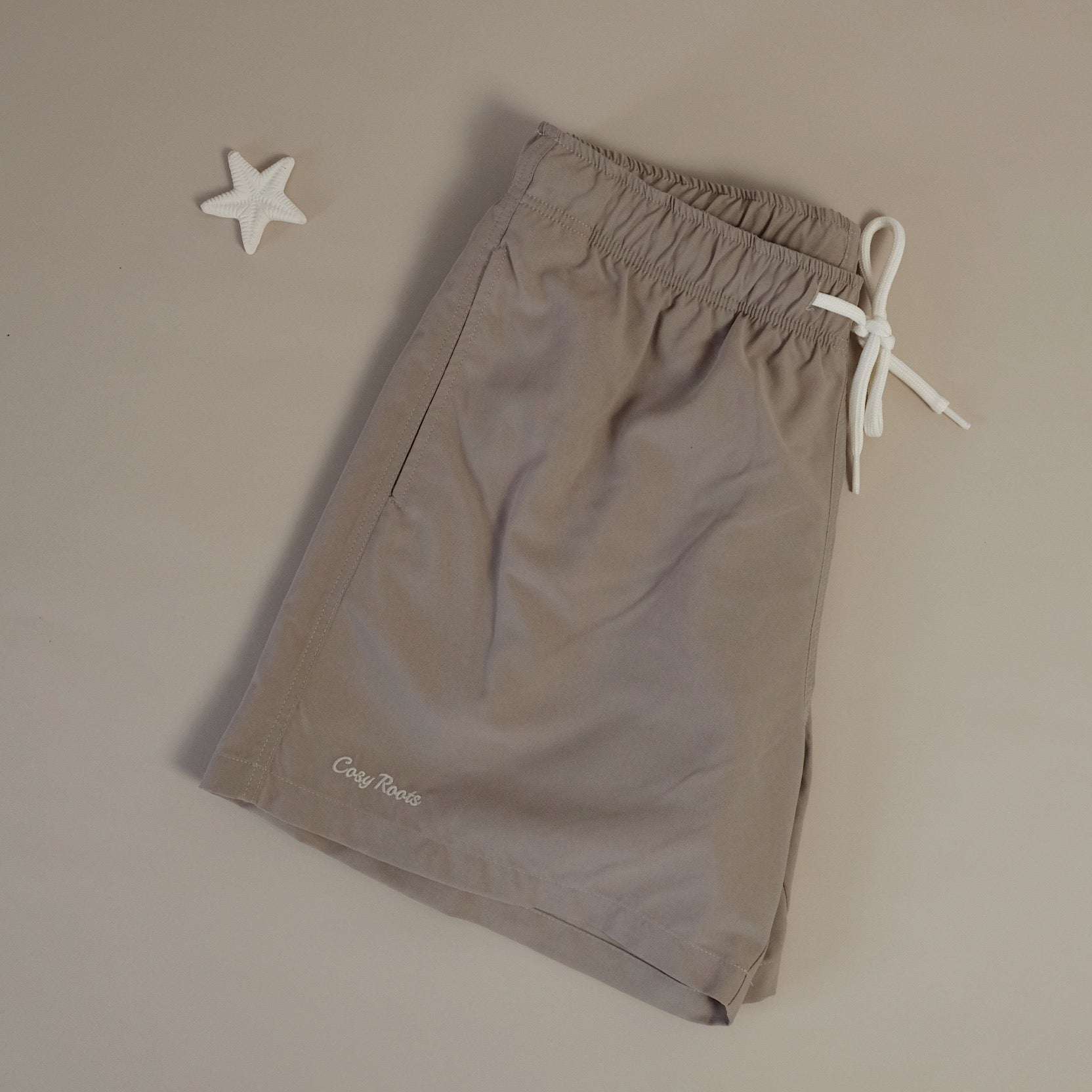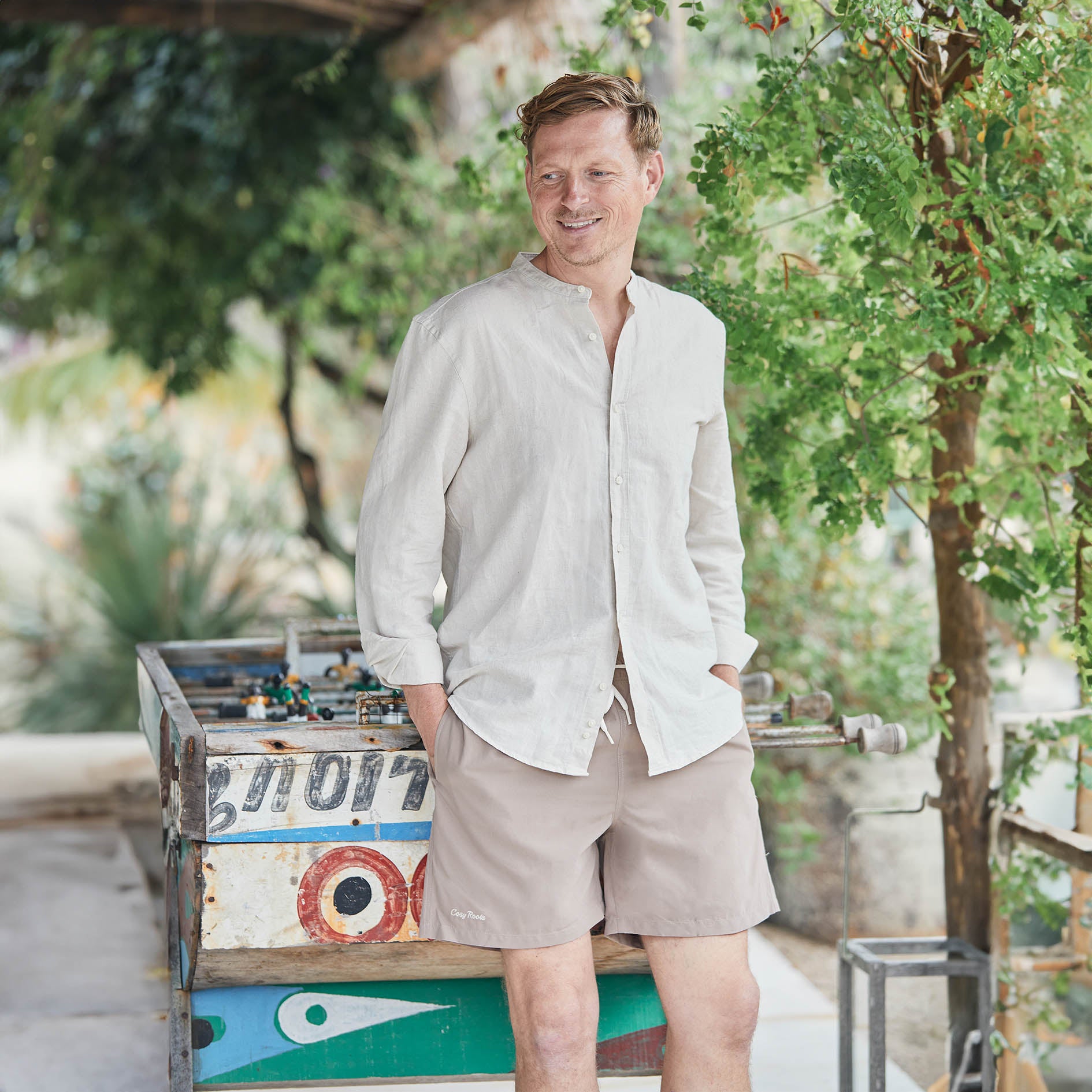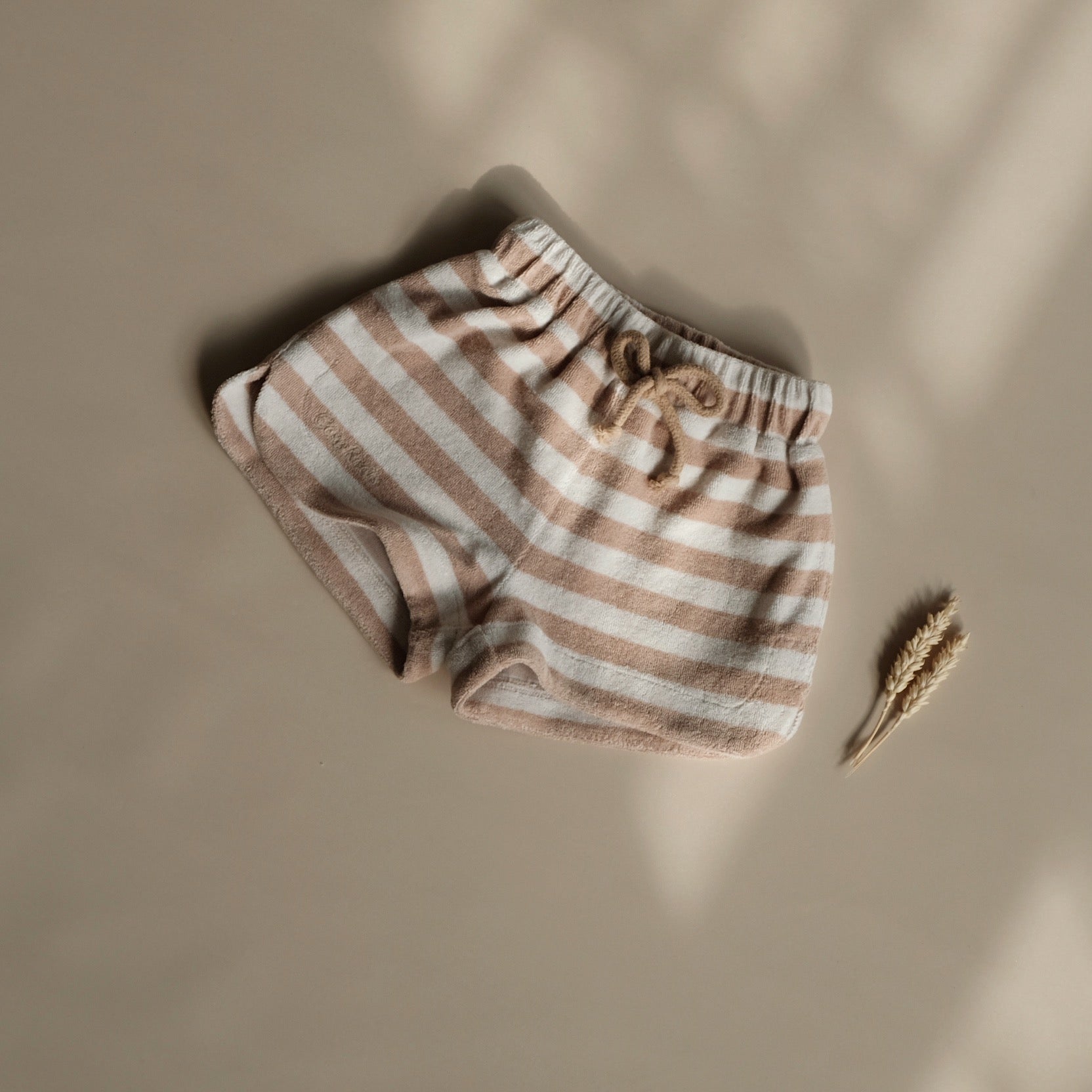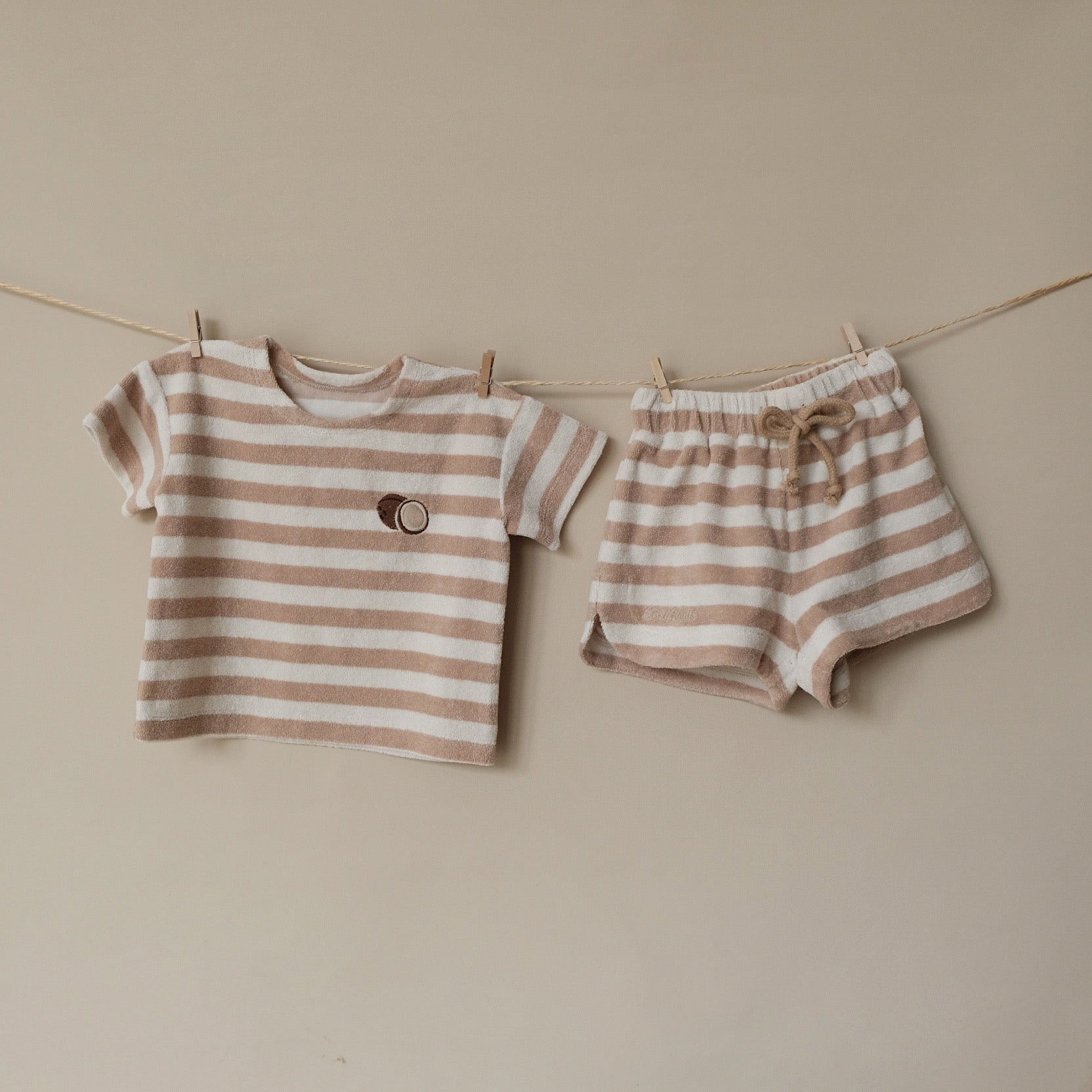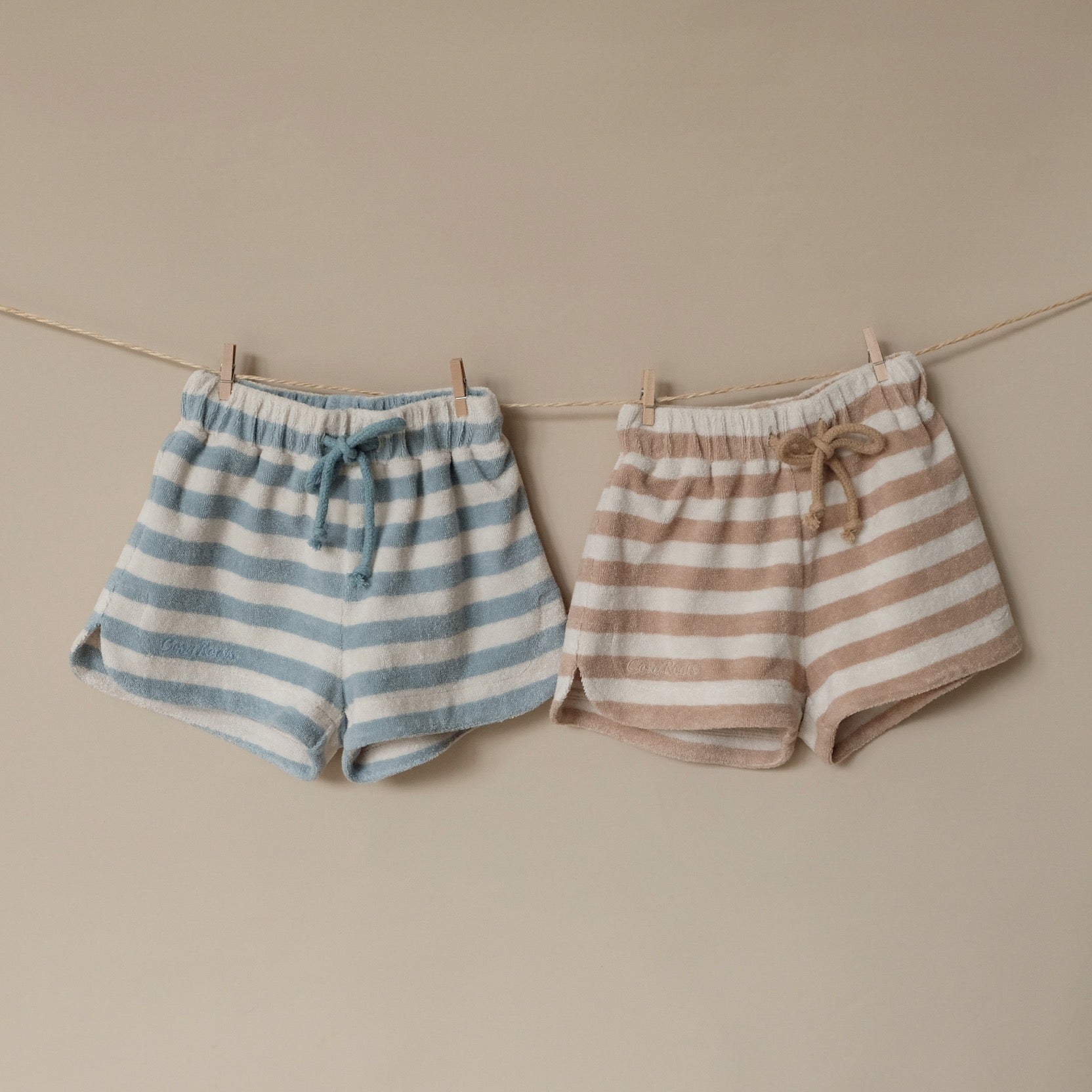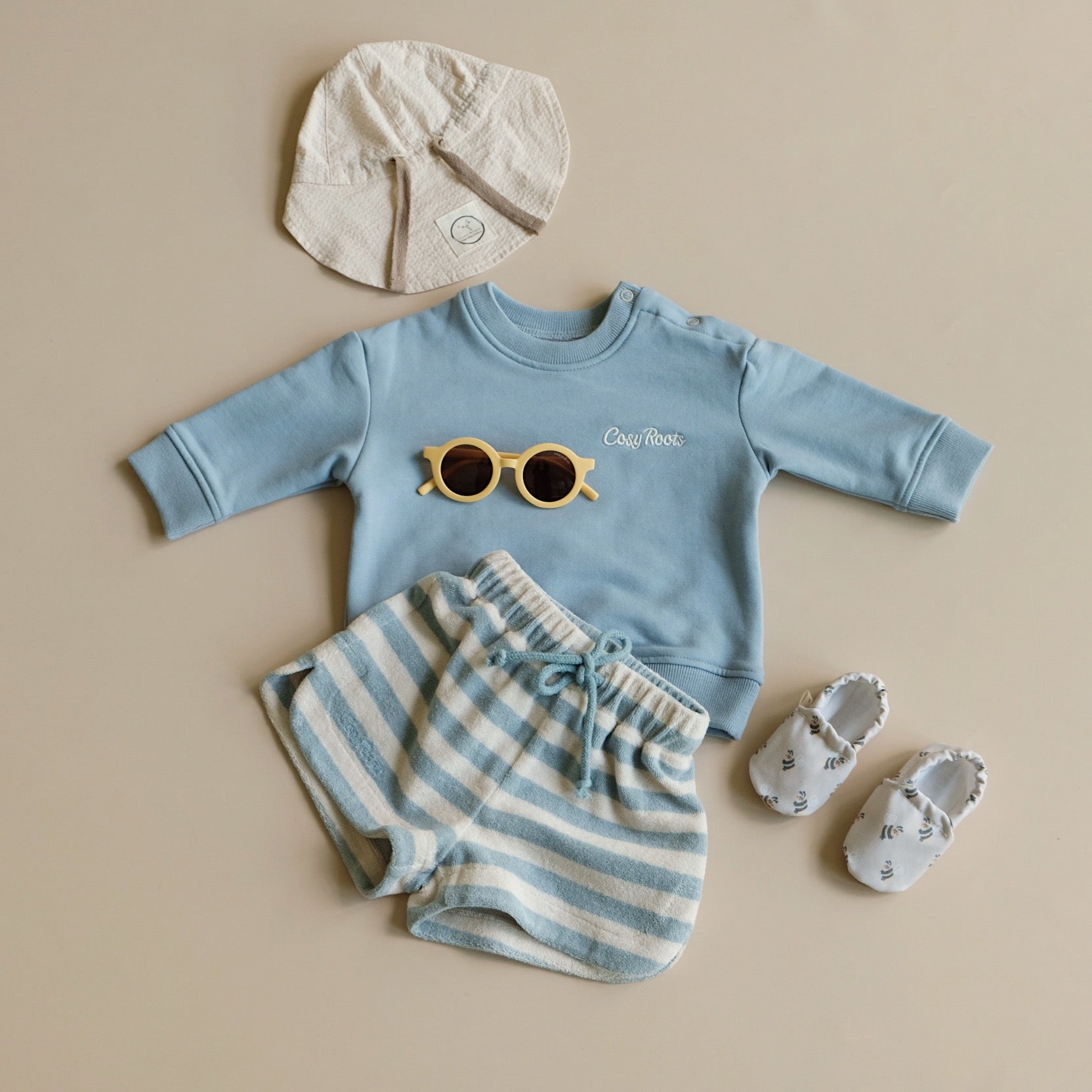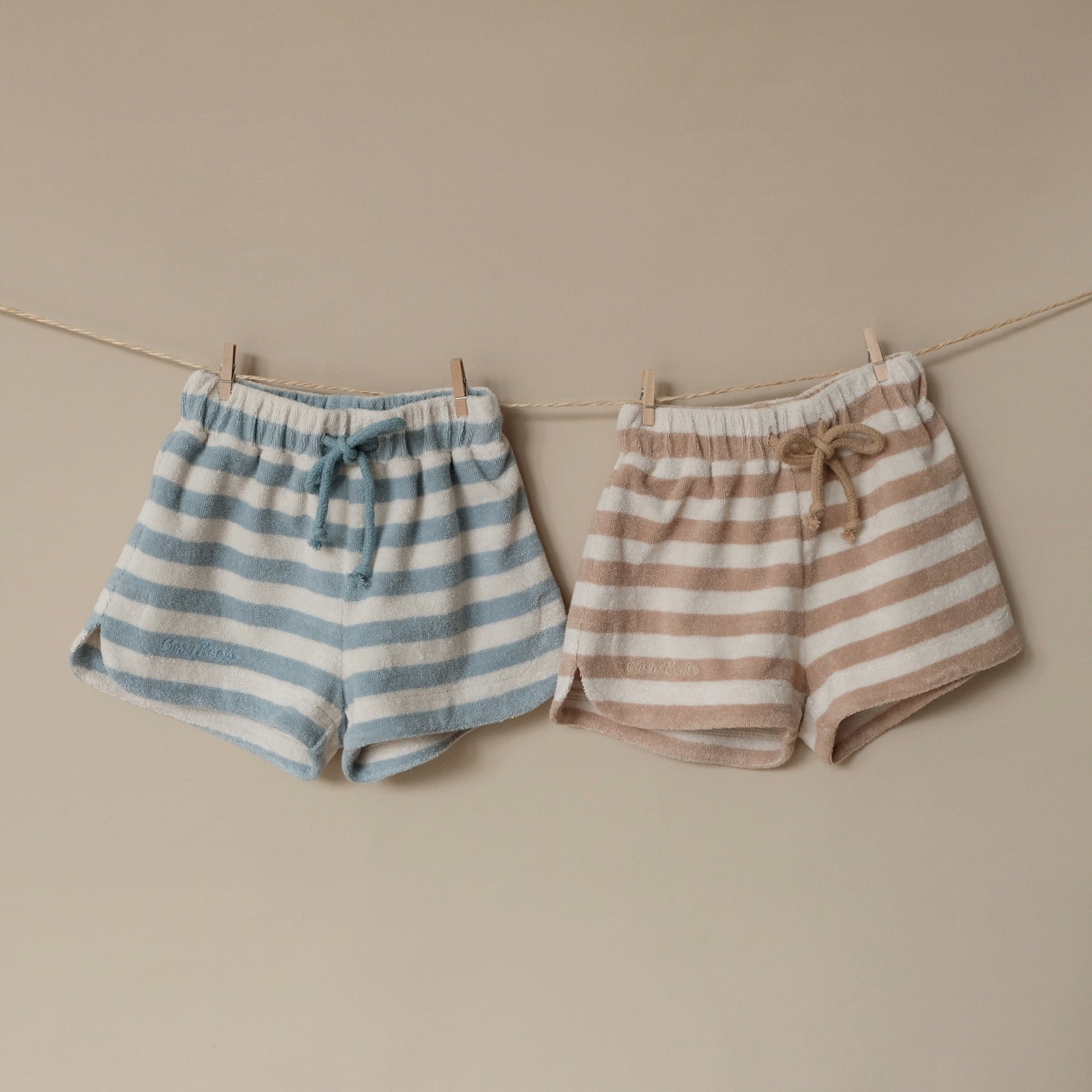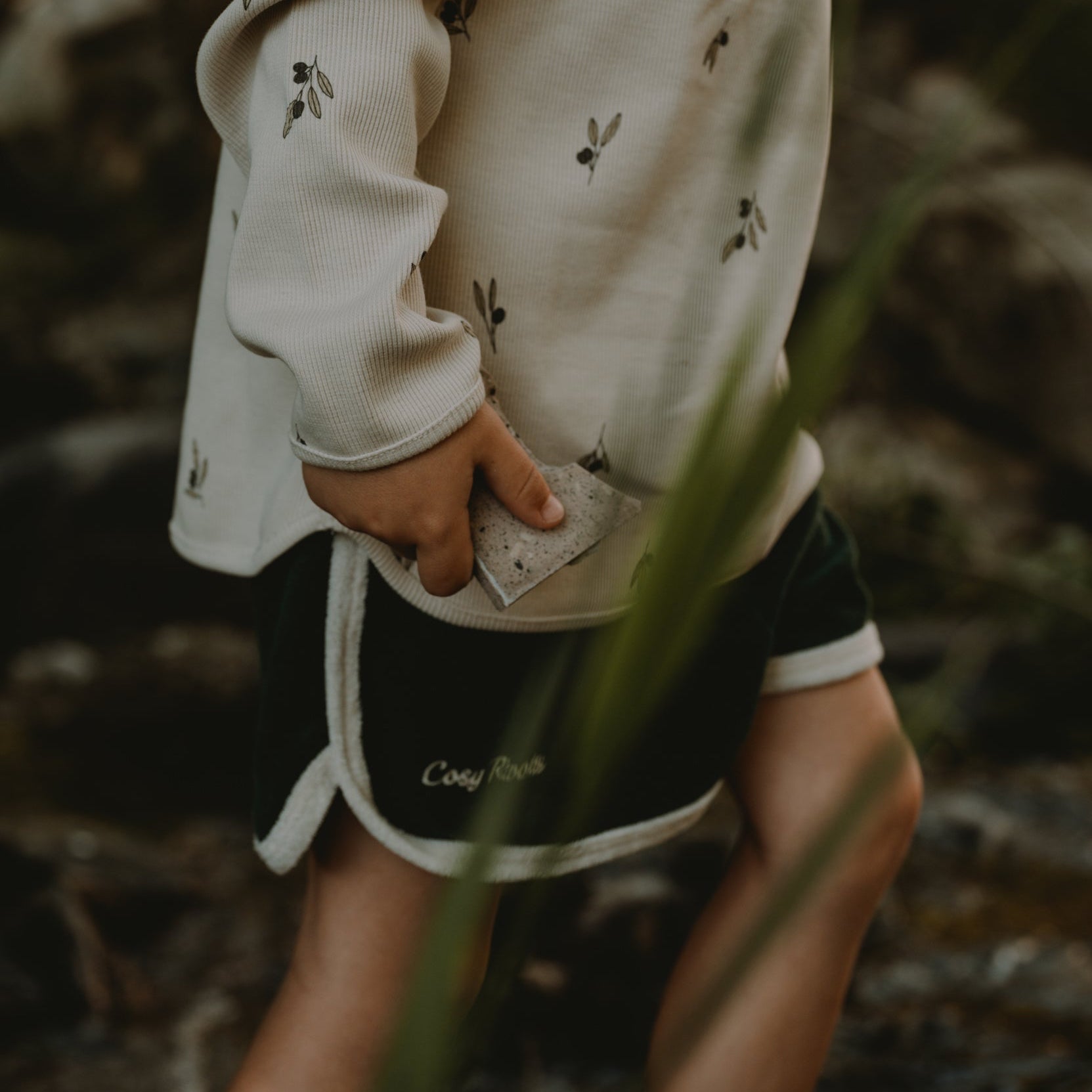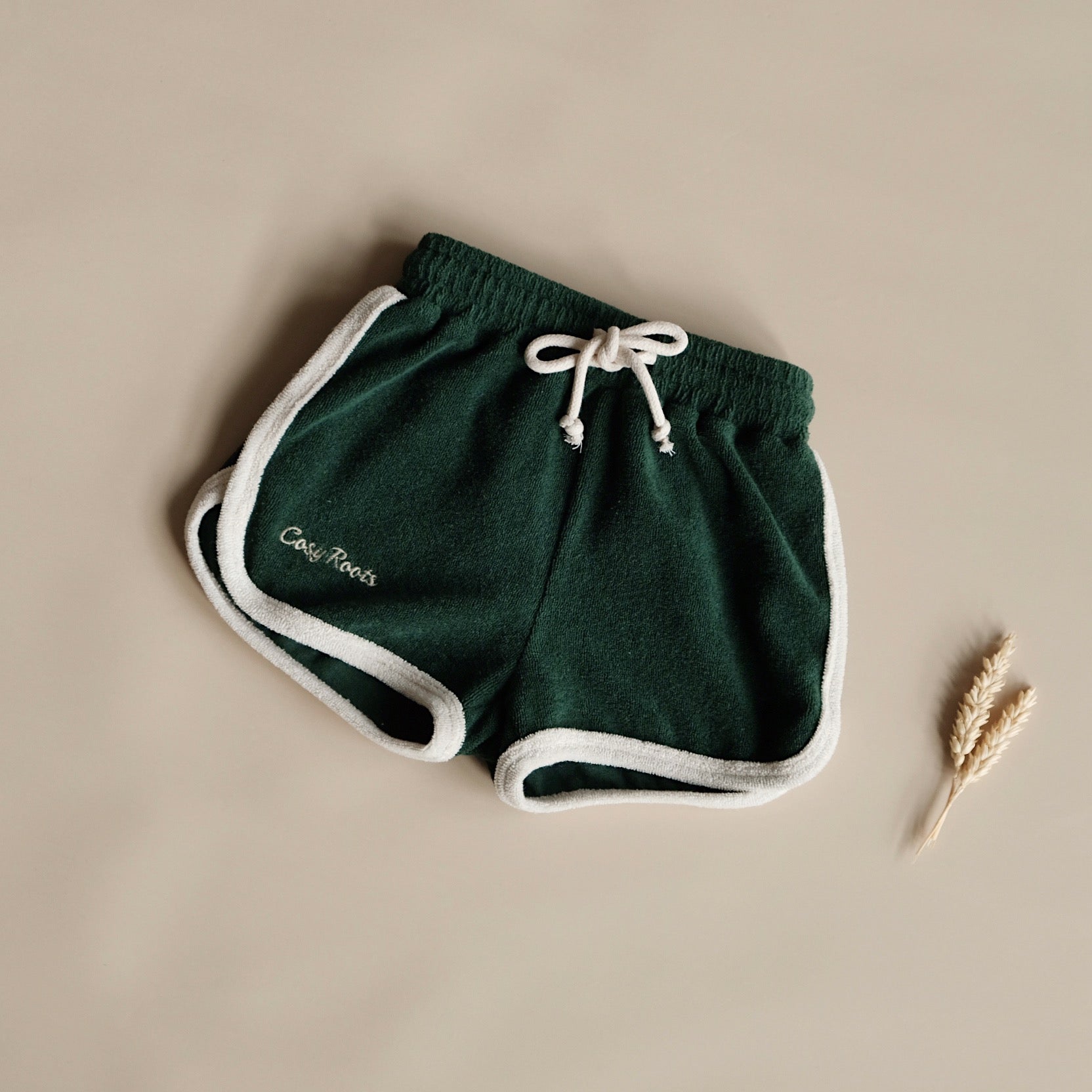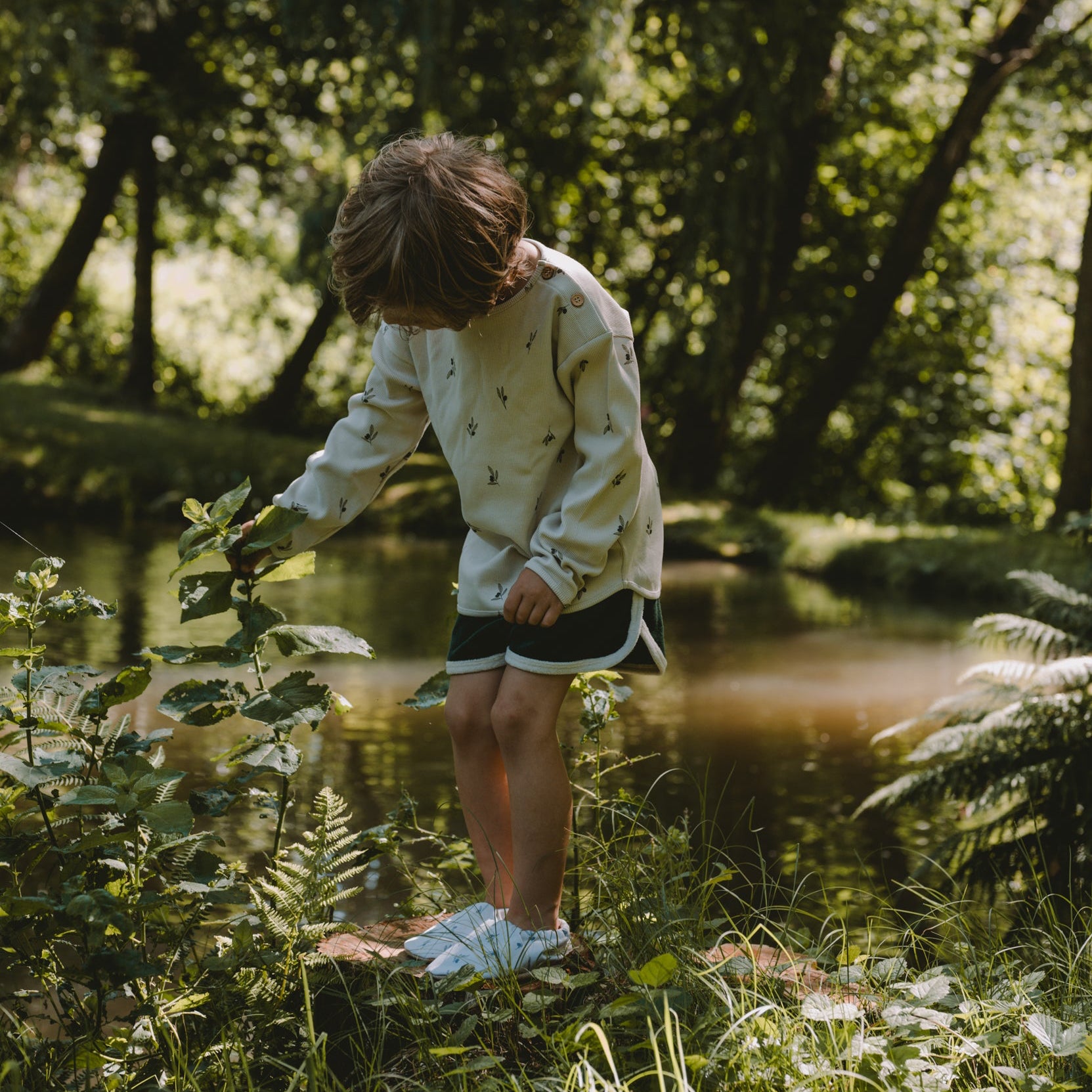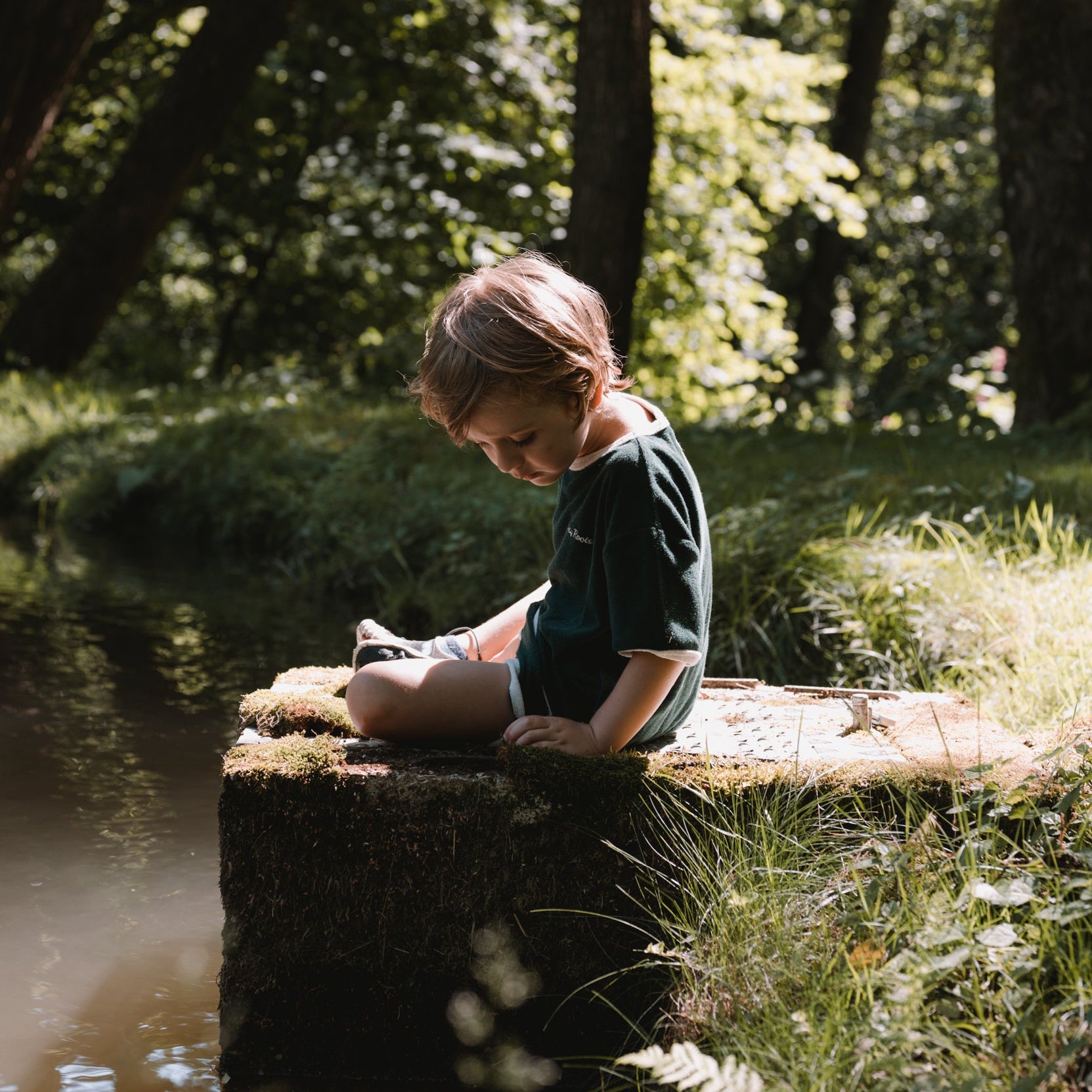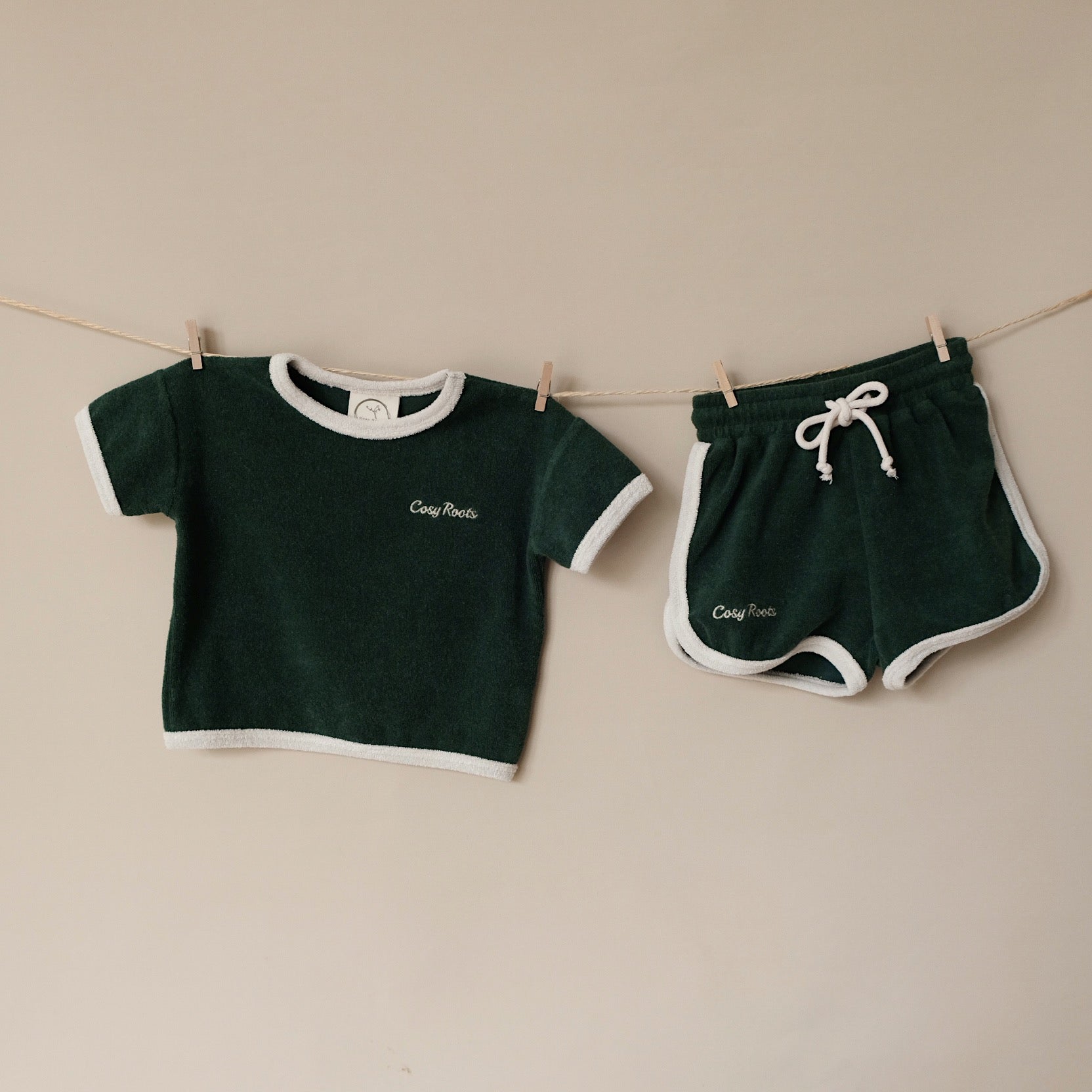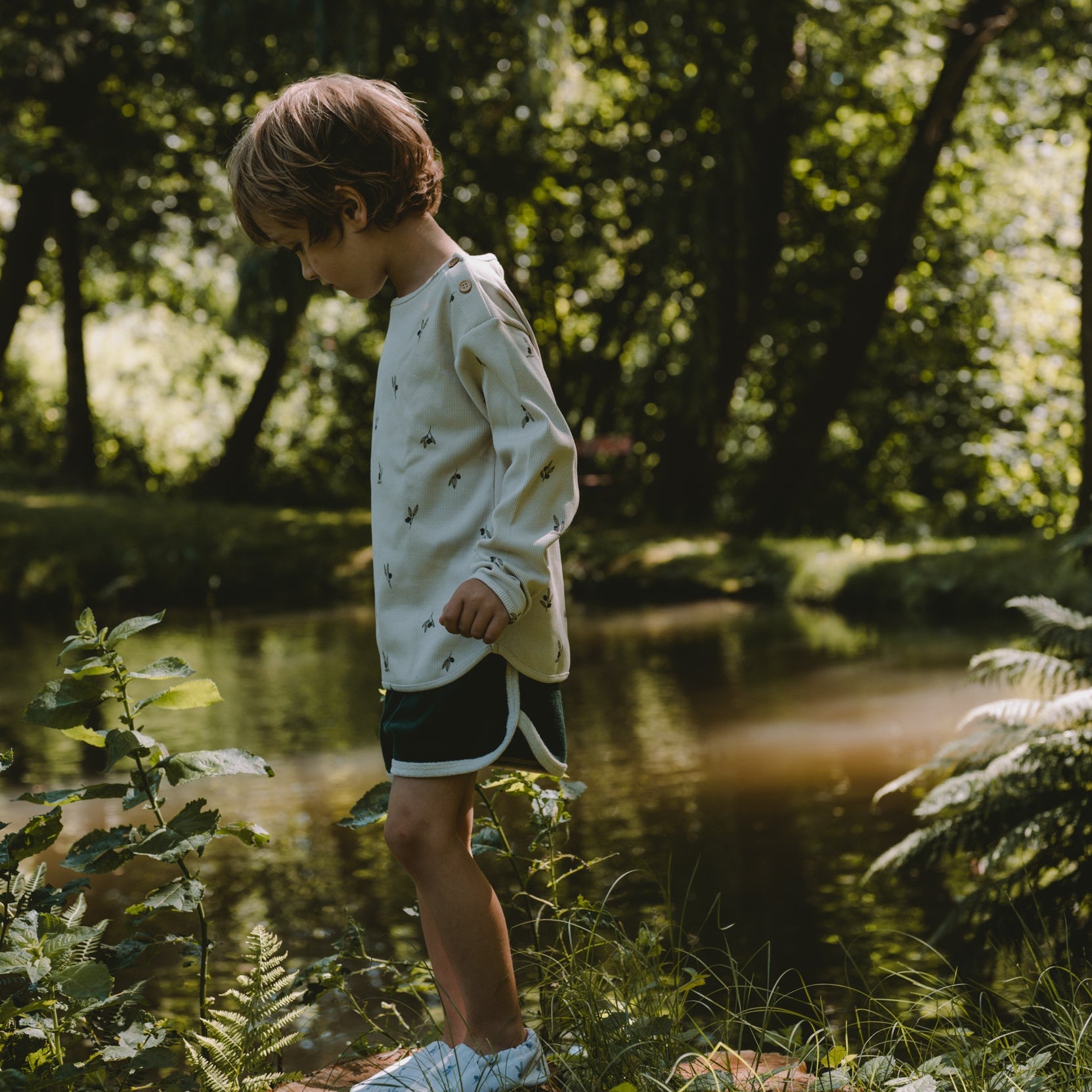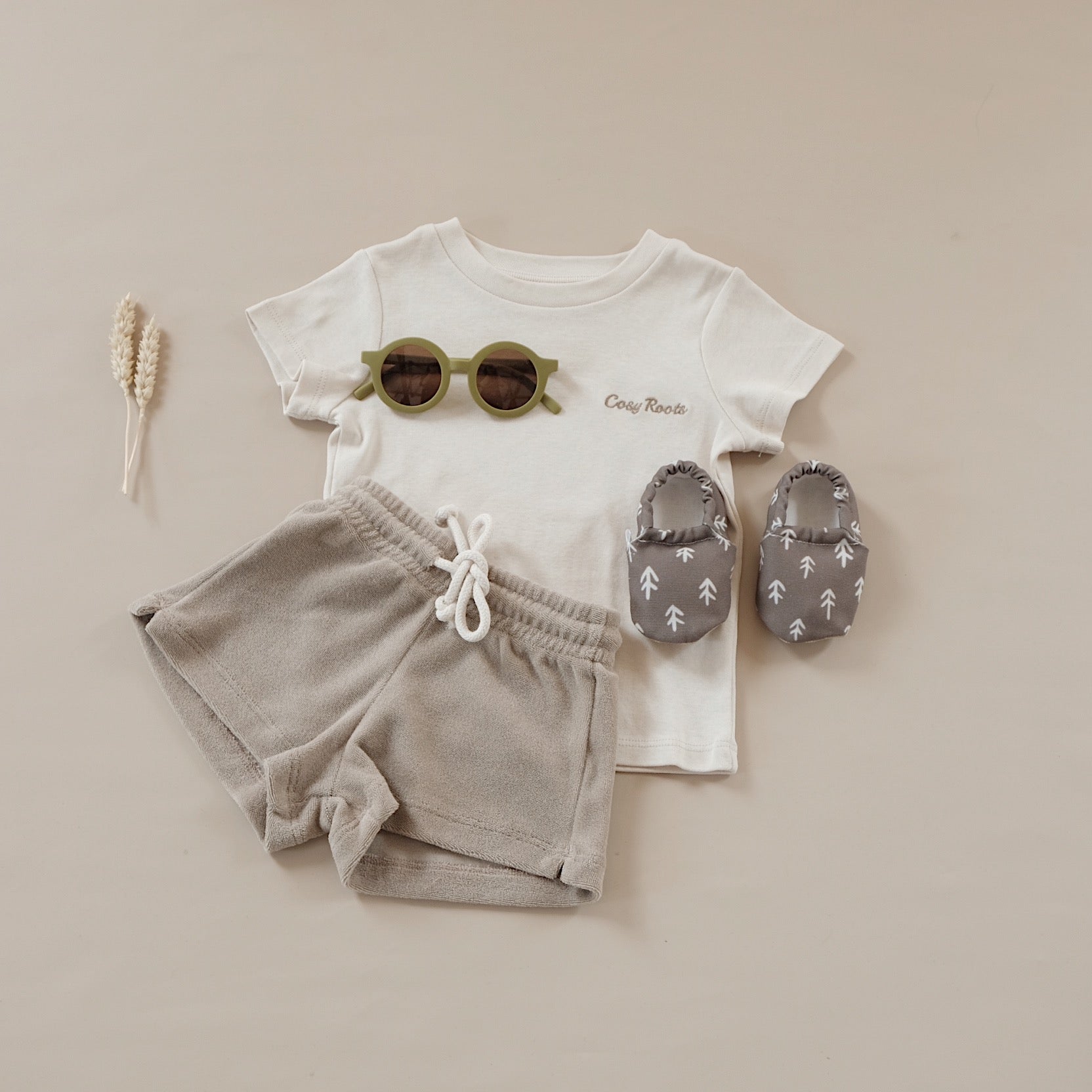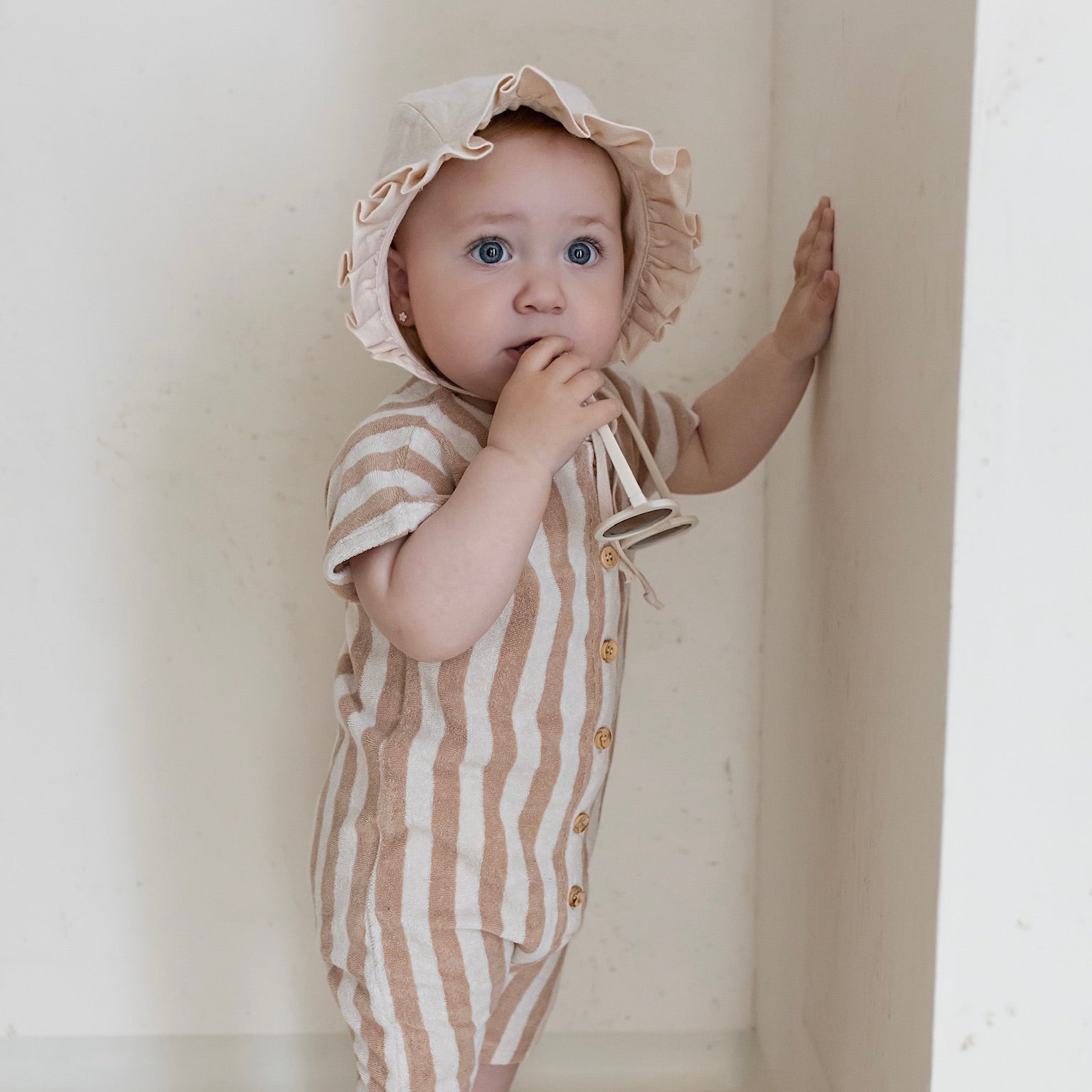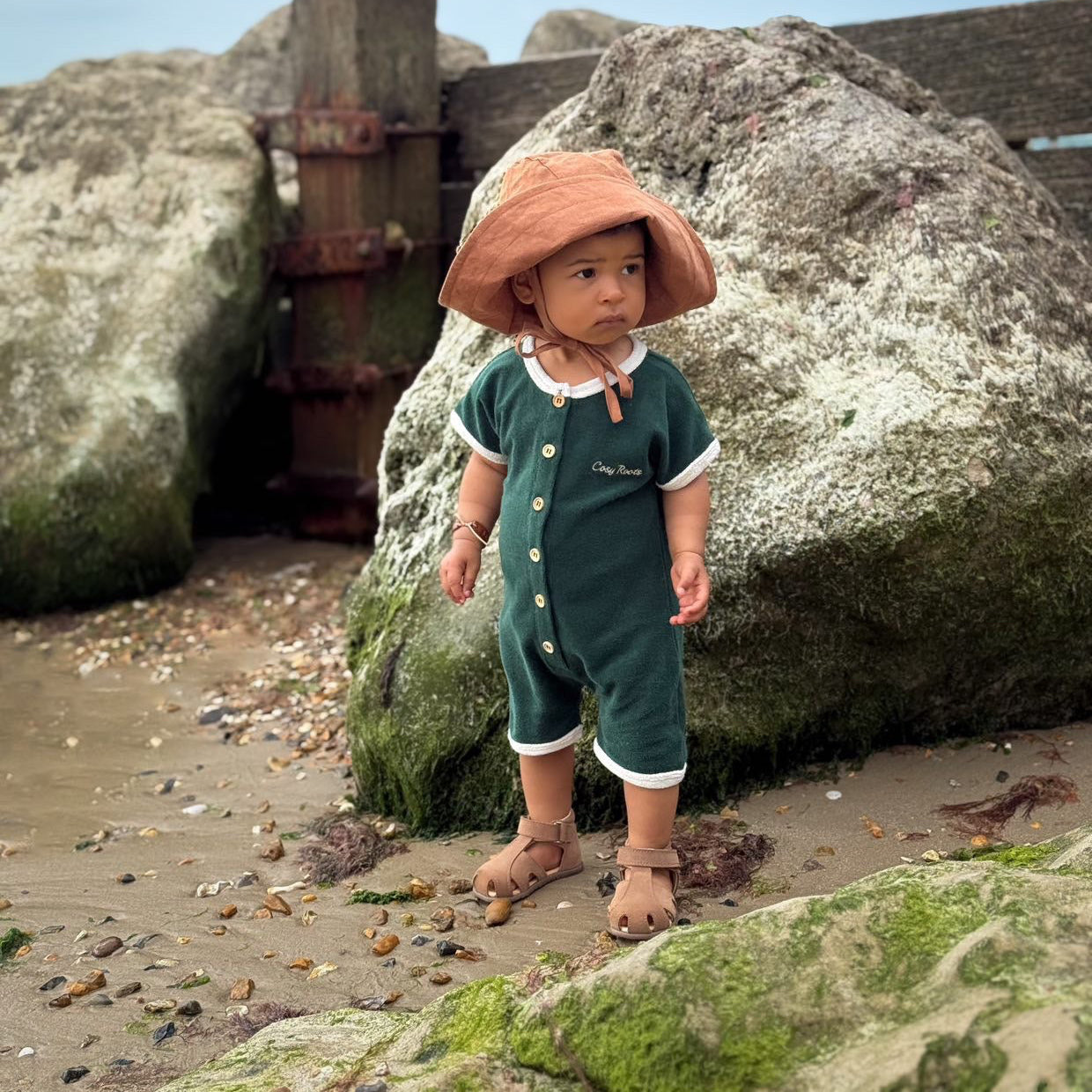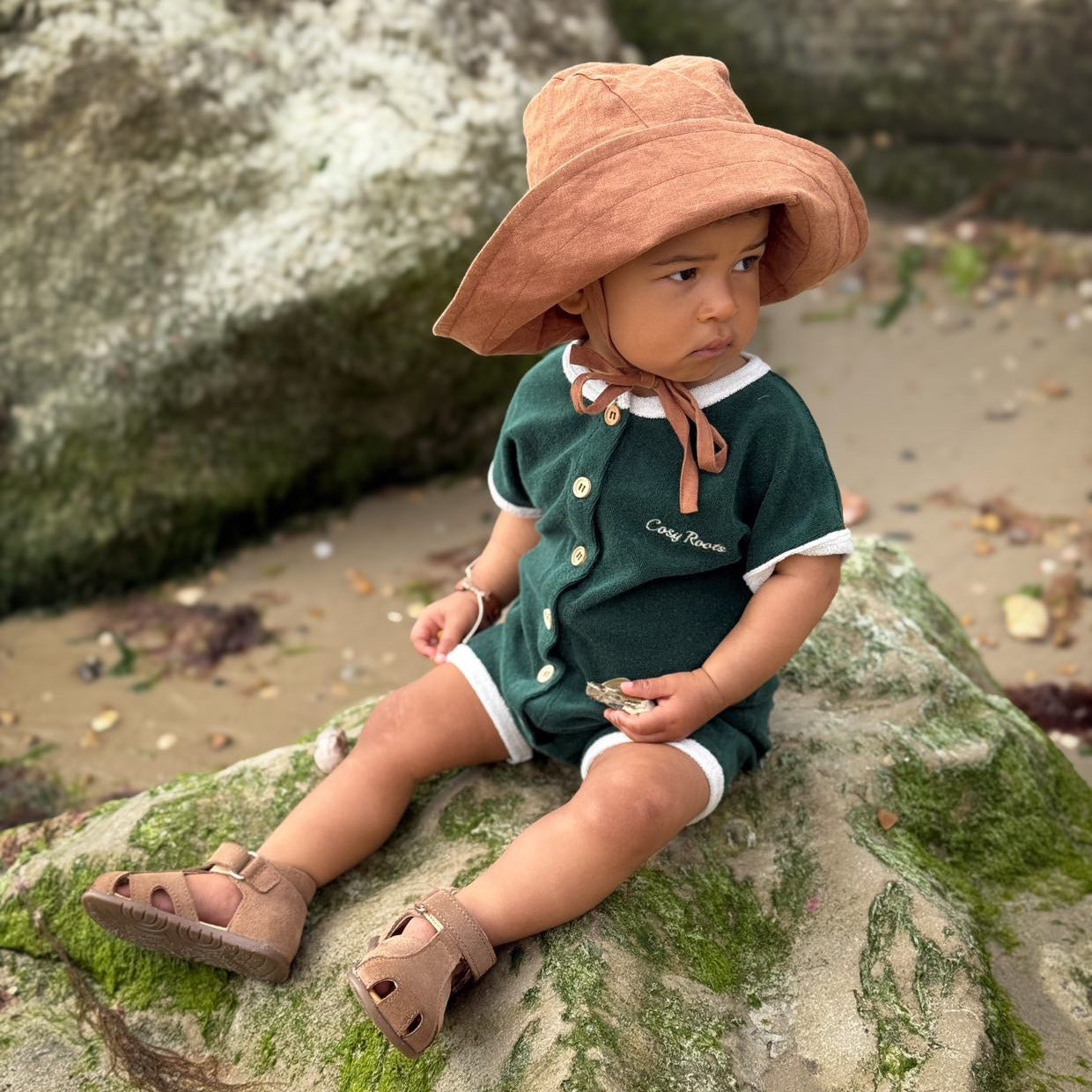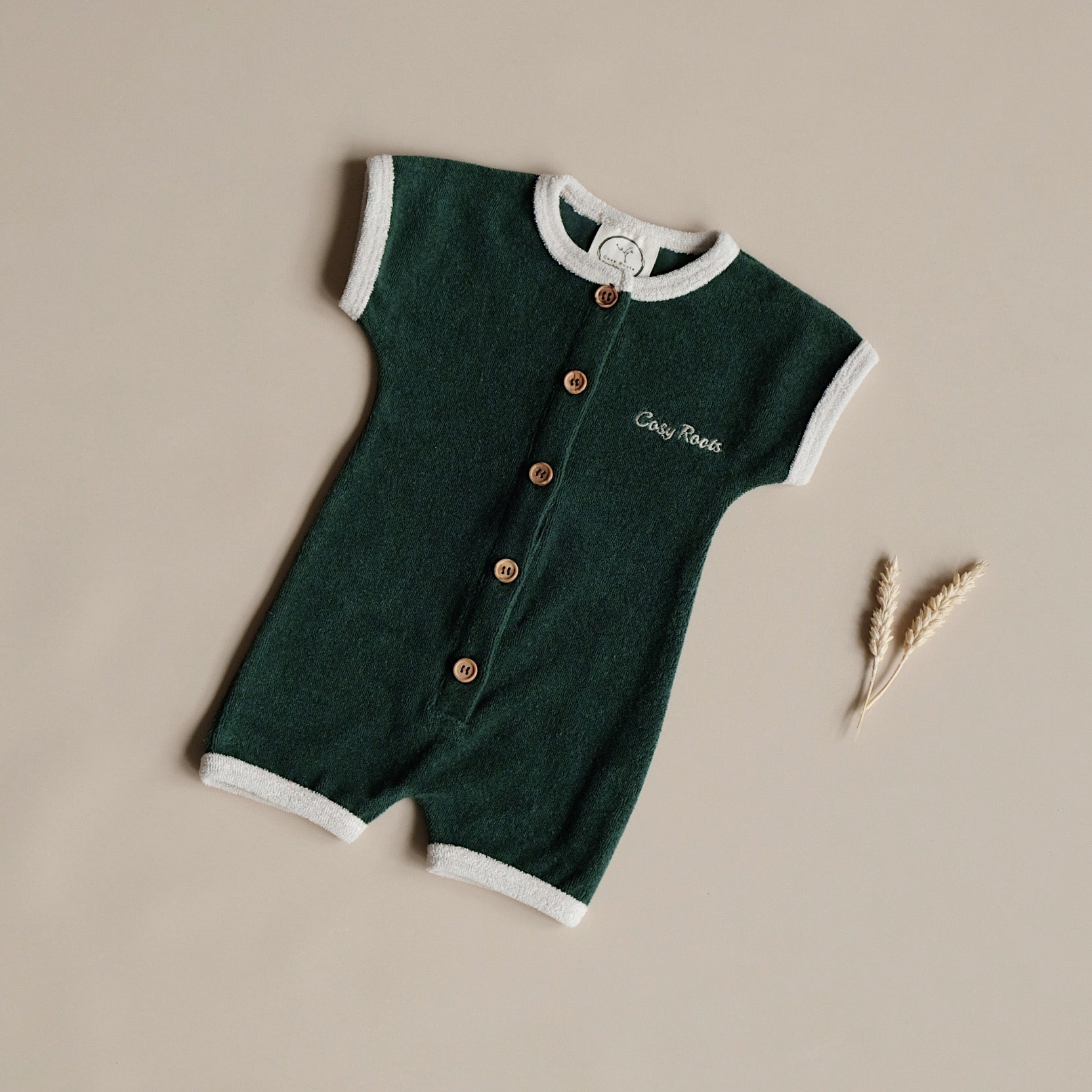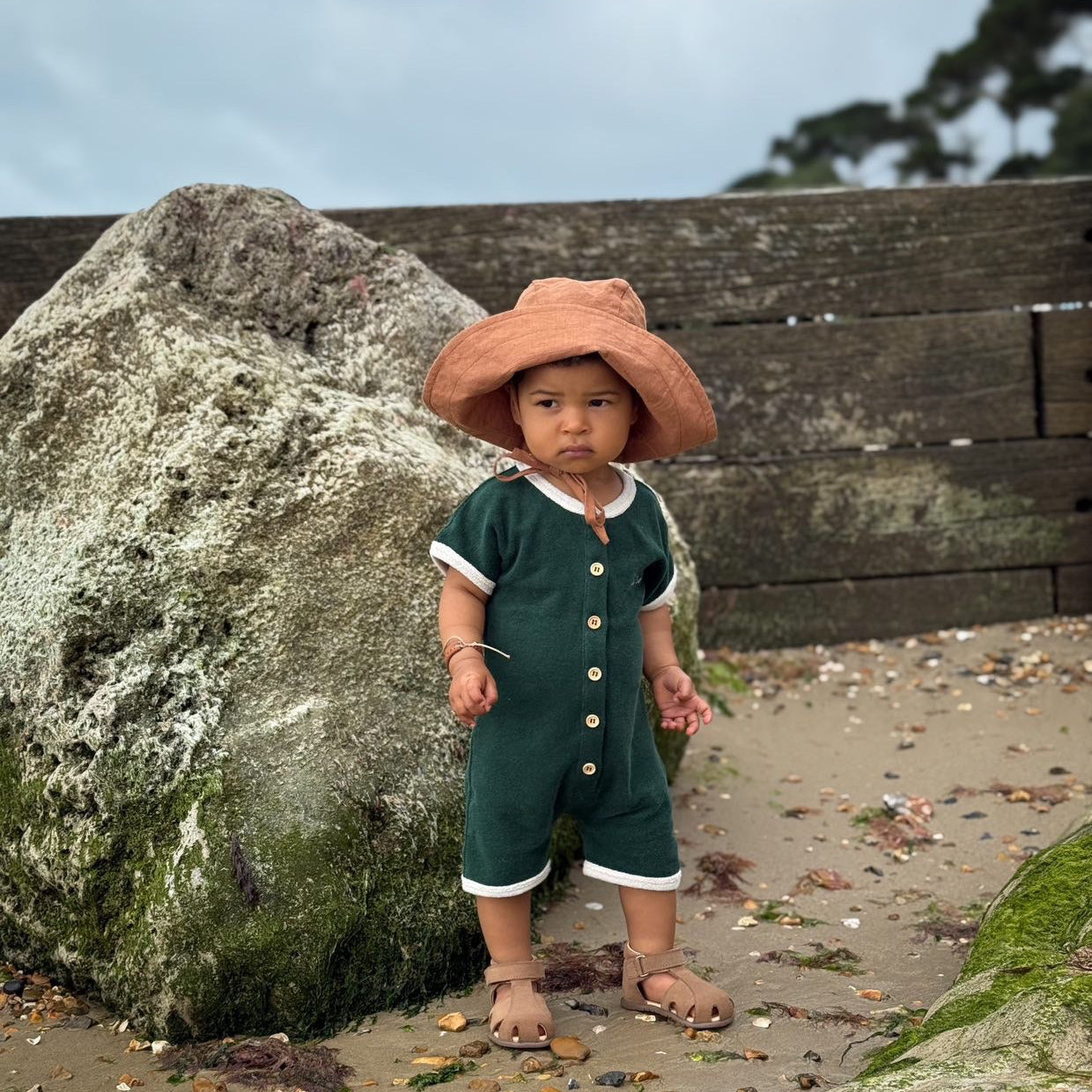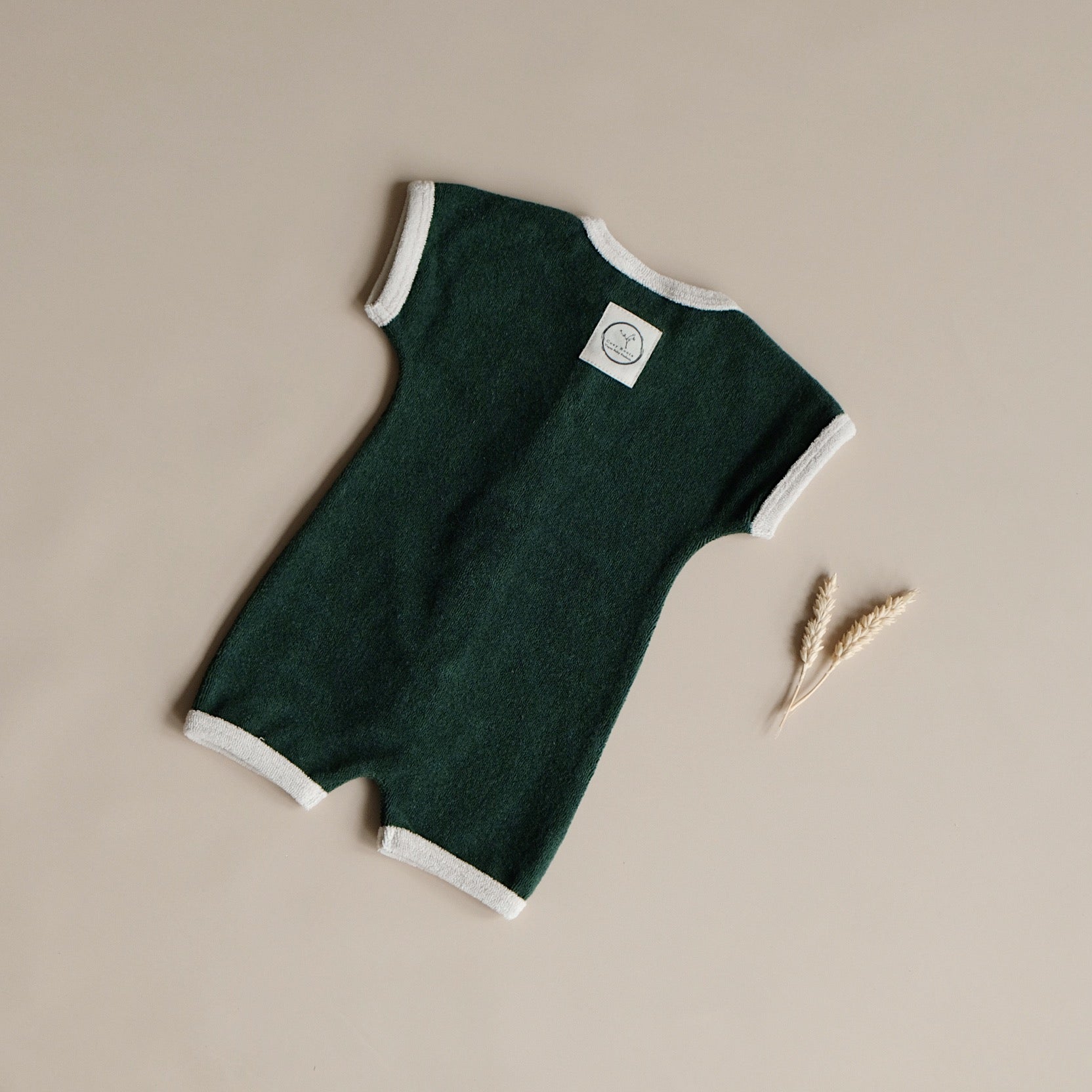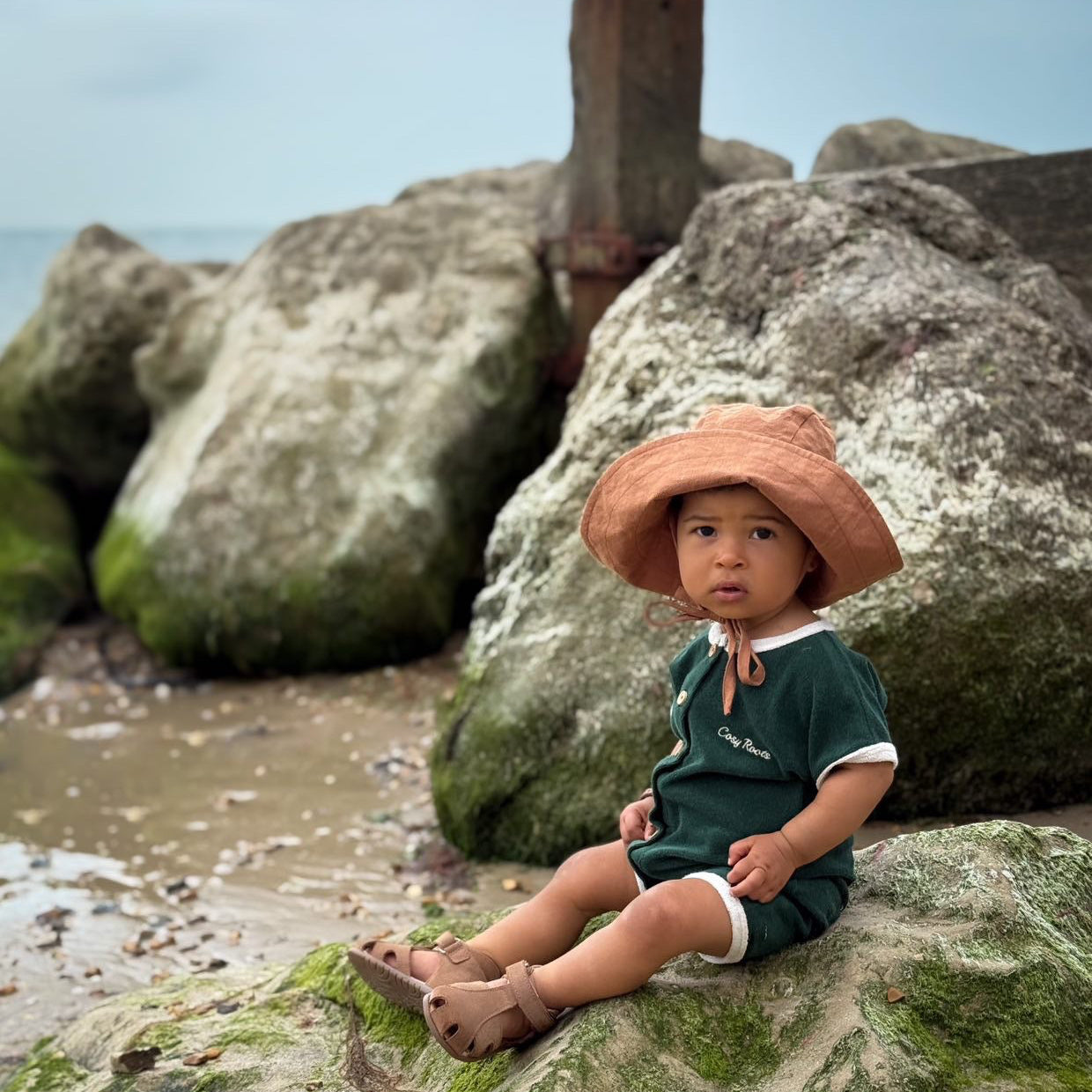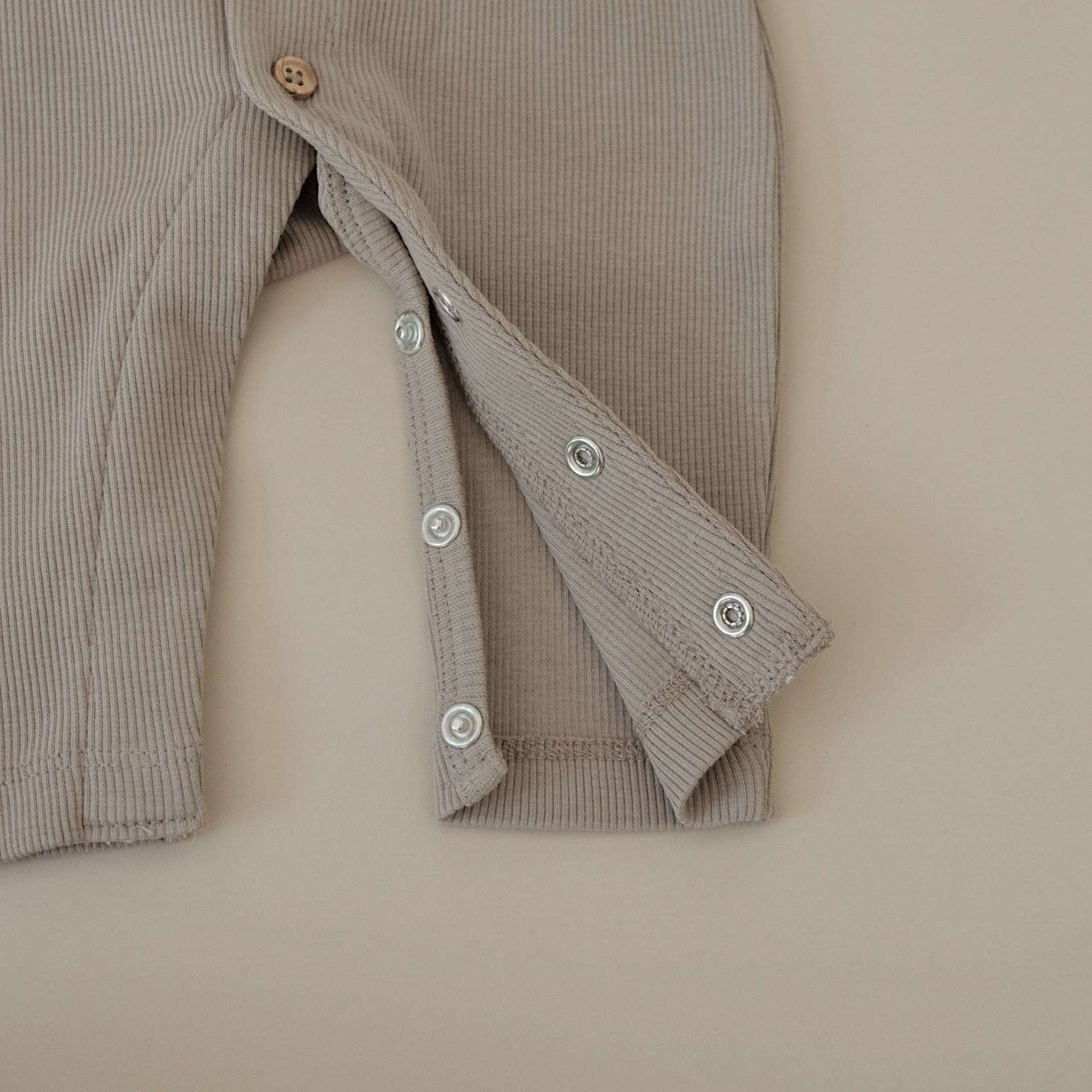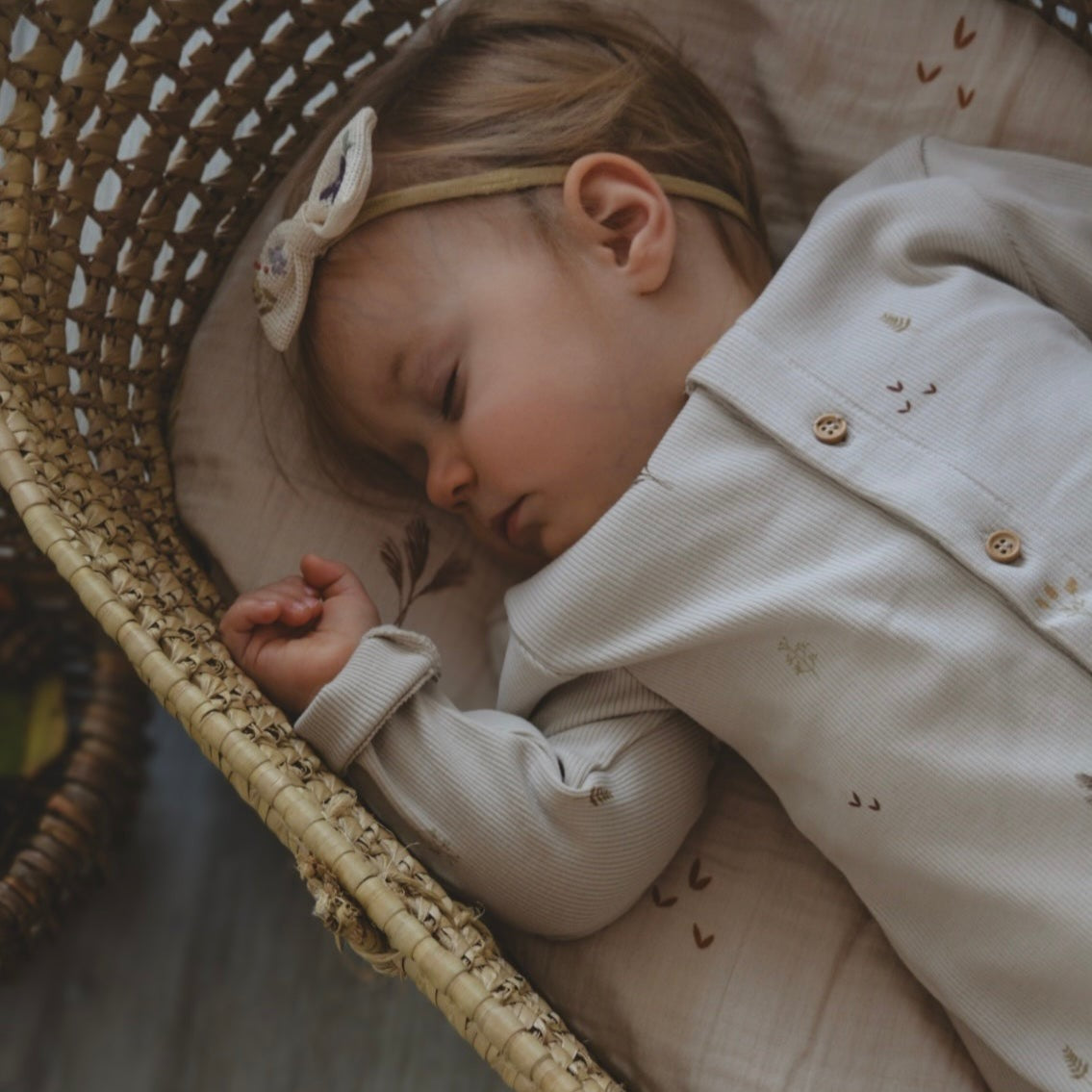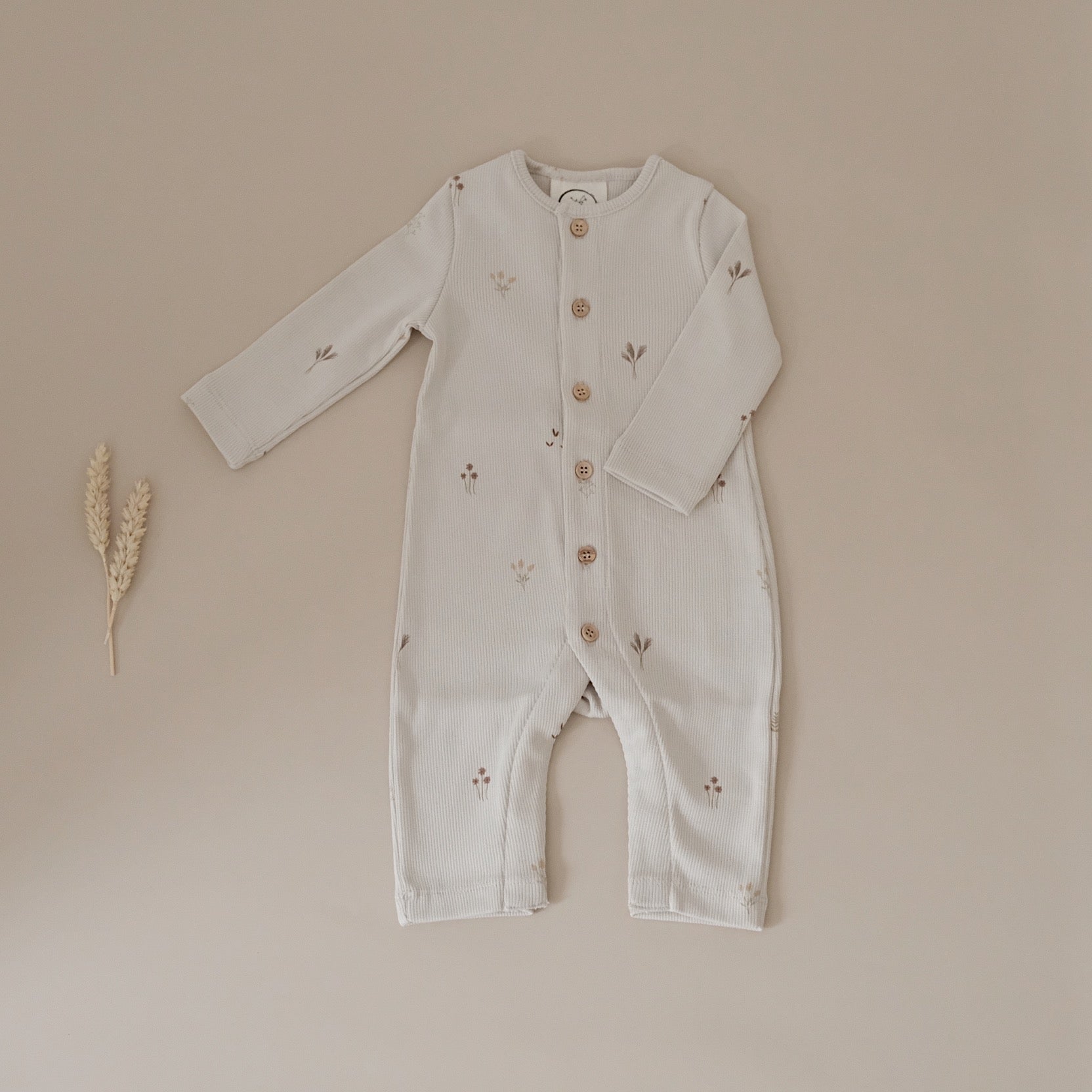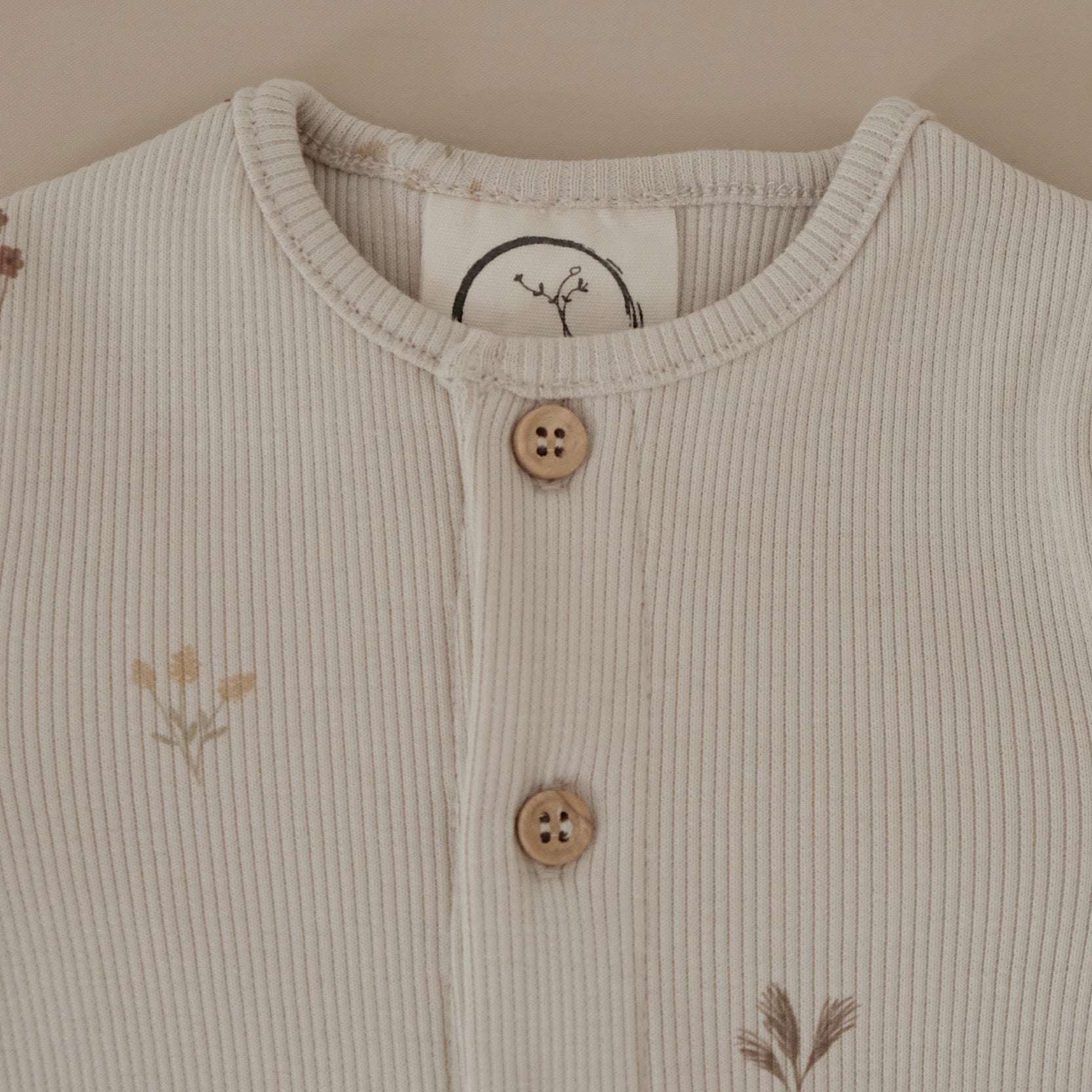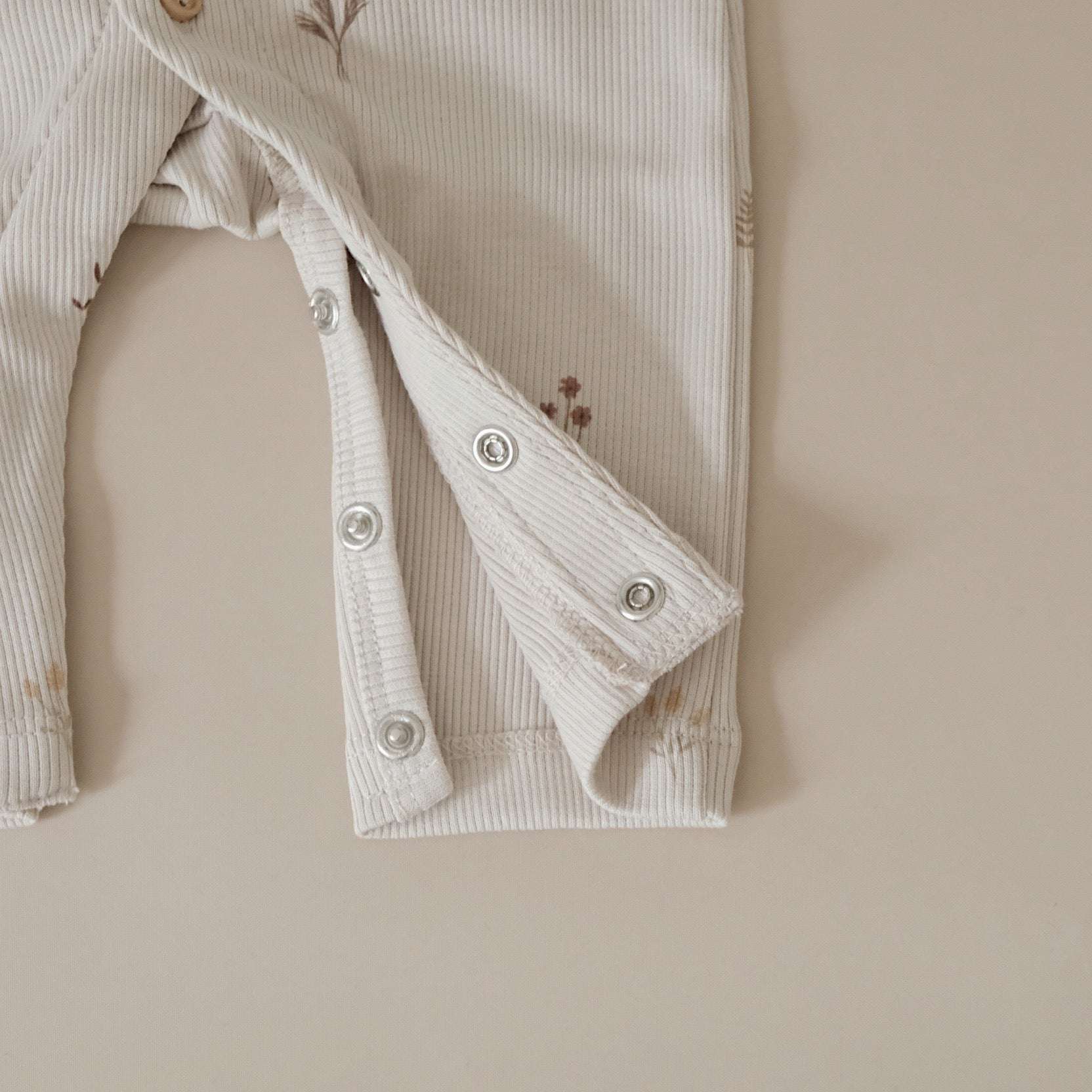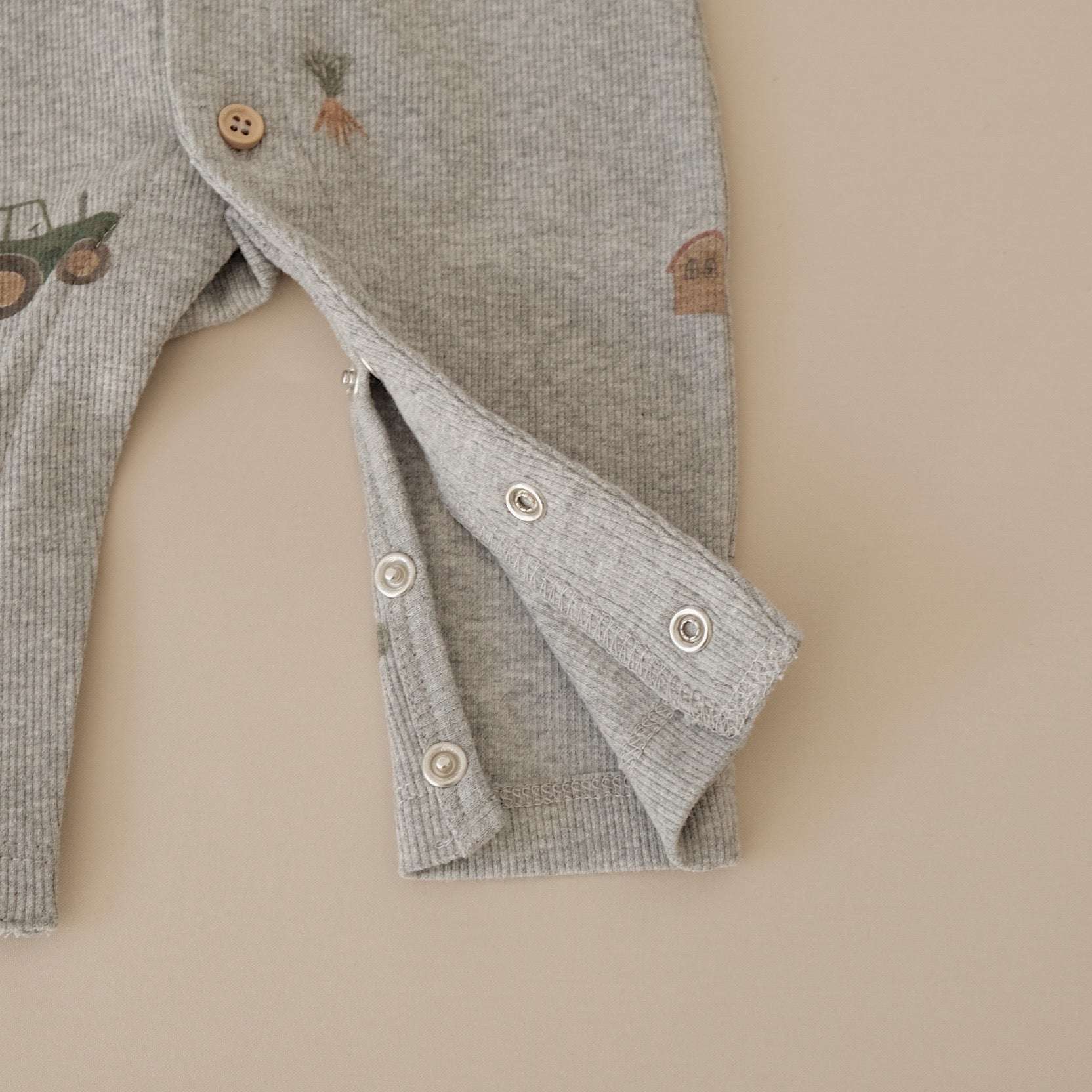The terms fair fashion, fair clothing, eco fashion, green fashion, fair trade fashion, ethical fashion or slow fashion all mean more or less the same thing, even if there are nuanced differences: clothing that was produced under sustainable conditions. Since sustainability is always based on three pillars (economic, social and environmental), these terms also refer to all three pillars.
- The raw materials such as organic cotton, bamboo fibers and comparable materials for fair fashion are cultivated in an environmentally friendly manner.
- The people who are involved in cultivating the raw materials and producing the clothes are paid appropriately.
- The working conditions are fair, humane and not exploitative.
What is the reality in the fast-paced fashion industry?
Everything always has to be cheaper. Everything always has to be faster. Everything should always correspond to the current collections. How many pieces do you have in your closet that you haven't even worn yet? How many items did you buy from the rummage table that didn't even fit well, but were inexpensive?
In the production of all this cheap clothing, an incredible number of resources are used and people exploited. Especially the workers in countries like Bangladesh and China suffer from it.
100 billion pieces of clothing are produced every year
100 billion new items of clothing are made every year. In the end, around 85% of it ends up in the garbage after a short time. In just 15 years, the amount of old clothes has doubled to around 13 kilograms per person per year. We've all been taken in by the fashion industry, which perfidiously persuades us to buy more and more.
Summer collection, early autumn collection, autumn collection, winter collection, spring collection, early summer collection, Black Friday, summer sale, discounts, PrimeDay - how can you resist?
The sustainability record of a conventional garment is catastrophic
Before a t-shirt ends up in our shops, huge amounts of resources have been used. The cotton was shipped halfway around the world to weaving mills, the yarns were delivered to the factories, the fabrics were woven and transported to the production sites. The complexity of the supply chains is difficult to understand.
By the time the shirt ends up in our closet, its parts have traveled up to 20,000 kilometers and around 2,500 liters of water have been used. In addition, there is direct environmental pollution of gigantic proportions, which is caused by chemicals during the dyeing and production of clothing.
Not to mention the few cents that the workers (including children and forced labourers) received for it. do we really want that? We should ask ourselves whether this really has to be the case. Is it really necessary that we dress at the expense of all these people?
There are so many ways to do something about this waste
Even though the topic of this post is fair fashion, we would like to briefly touch on all the options we have to put an end to this madness of fast and unfair fashion. We could:
- buy higher quality clothing from fair fashion brands that lasts a long time and is made and traded fairly.
- spend a little more money per item of clothing and wear it with a clear conscience. Just 50 cents more per shirt could make a big difference.
- reflect on old and very well-established methods and sometimes plug a hole, repair something or upcycle it instead of throwing away a piece of clothing straight away.
- Buy items made from organic cotton and sustainable fashion that have a fair fashion label such as GOTS, Grüner Knopf or Fairwear.
- Boycott brands and labels that are proven to take advantage of their workers.
- evade the marketing madness of the top brands and their trends and not access every new collection.
What exactly is fair fashion?
Now we know what it's like out there most of the time. Now let's talk about how it could be and has been well travelled: fair fashion.
We all certainly know fair trade, fair coffee or fair bananas. Products such as coffee and bananas in particular have repeatedly been an issue in recent years when it comes to improving working conditions.
Fair is always about people, but also about the general sustainability of a product. With fairly traded goods, care is taken to ensure that everyone involved is paid well and appropriately, that the environment suffers as little as possible and that consumption becomes more conscious.
Example: cotton
Cotton is one of the raw materials most used in the clothing industry. As a result, turning to ecologically produced, fair organic cotton also has a major impact overall. For fair clothing, natural cotton is used, which does not require chemically dyed fibres, without child labour, without exploitation and without too much pollution of the environment. The term "fair" goes much further than "just" an appropriate payment. Sustainable fashion with fair labels takes Slow Fashion as an opportunity to turn more to the earth and its resources and to conserve them.
How do you recognize fair fashion?
There are now some reliable labels and seals of quality that you can be sure of getting fairly produced clothing:
GOTS (Global Organic Textile Standard)
We would like to start with this seal, because we at Cozy Roots have also had ourselves certified by GOTS . This international association goes far beyond others and applies particularly strict criteria in a large number of areas. Ecological and social aspects must be taken into account along the entire supply chain and mostly processed with pure organic cotton.
Fair trade seal
The Fair Trade seal is very praiseworthy, but does not go quite as far as the GOTS seal. In order to be allowed to bear the seal, decent working conditions must be maintained, child labor must not be used, people must be paid appropriately and have access to drinking water and medical care. However, the quality and origin of the materials used for the clothes does not play a role here.

Fair Wear Foundation
Fair Wear is another seal that, similar to Fair Trade, also pays more attention to the working conditions and not to the quality of the materials, albeit to the circumstances under which they were planted and processed.
green button
This seal is an initiative of the federal government. The seal is therefore completely independent and takes into account 46 environmental and social criteria - from the ban on child labor to fair payment.
Where you can buy fair fashion and which fair fashion labels are available
Fortunately, more and more manufacturers are thinking about sustainable and fair production of their clothing. In all areas - from casual to chic, from business fashion to streetwear and from sportswear to evening wear, you will find labels that are concerned with defying fast and super fast fashion.
Speaking of buying: do you already know the concept of the capsule wardrobe ? This is about a general reduction of our wardrobe to a maximum of 30 pieces. You can find the right inspiration for styles and how to organize your closet in our blog.
These fashion labels offer fair fashion
Cozy Roots
Of course, we also only offer fair fashion. We have had ourselves GOTS-certified and when selecting our suppliers, we attach great importance to quality and fair cooperation. Just drop by our shop and convince yourself of our sweet and vegan baby things.
Armed Angels
Ecological, fair and fashionable clothing that is GOTS-certified, just like us. Recycled materials are also often used here, which we find very commendable. The collection includes jeans, dresses, sweaters and more.
Continental Clothing
Each of Continental's four sub-brands has a slightly different focus, but all under the umbrella of fair trade. Climate protection and protecting the environment. While the Salvage brand produces clothing from 100% recycled fibers, EarthPositive produces clothing that is particularly resource-efficient.
bleed
Just like us at Cozy Roots, Bleed also attaches great importance to fair cooperation and the protection of the environment, so that neither people nor animals have to suffer, are exploited or even tortured for the production of the clothing.
good society
We like to wear Goodsociety jeans ourselves, because they are our big brother, so to speak. What we represent in the area of baby clothing, this label does in the area of jeans: use of GOTS-certified cotton and completely vegan end products.
Finally, some quick tips for more sustainable clothing
- The reduction of your wardrobe will give you more freedom and allow you to deal with the topic more consciously. Better a few styles and favorite pieces than an overcrowded wardrobe.
- If something breaks, you can also have it patched or repaired. Changes and modifications are also better than constantly buying something new.
- If you buy good quality from the start, you will enjoy the piece for a long time and conserve resources.
- Fair fashion gives you the good feeling that nobody has been exploited just so that you can dress yourself. If you pay attention to the corresponding seals, little can go wrong.

